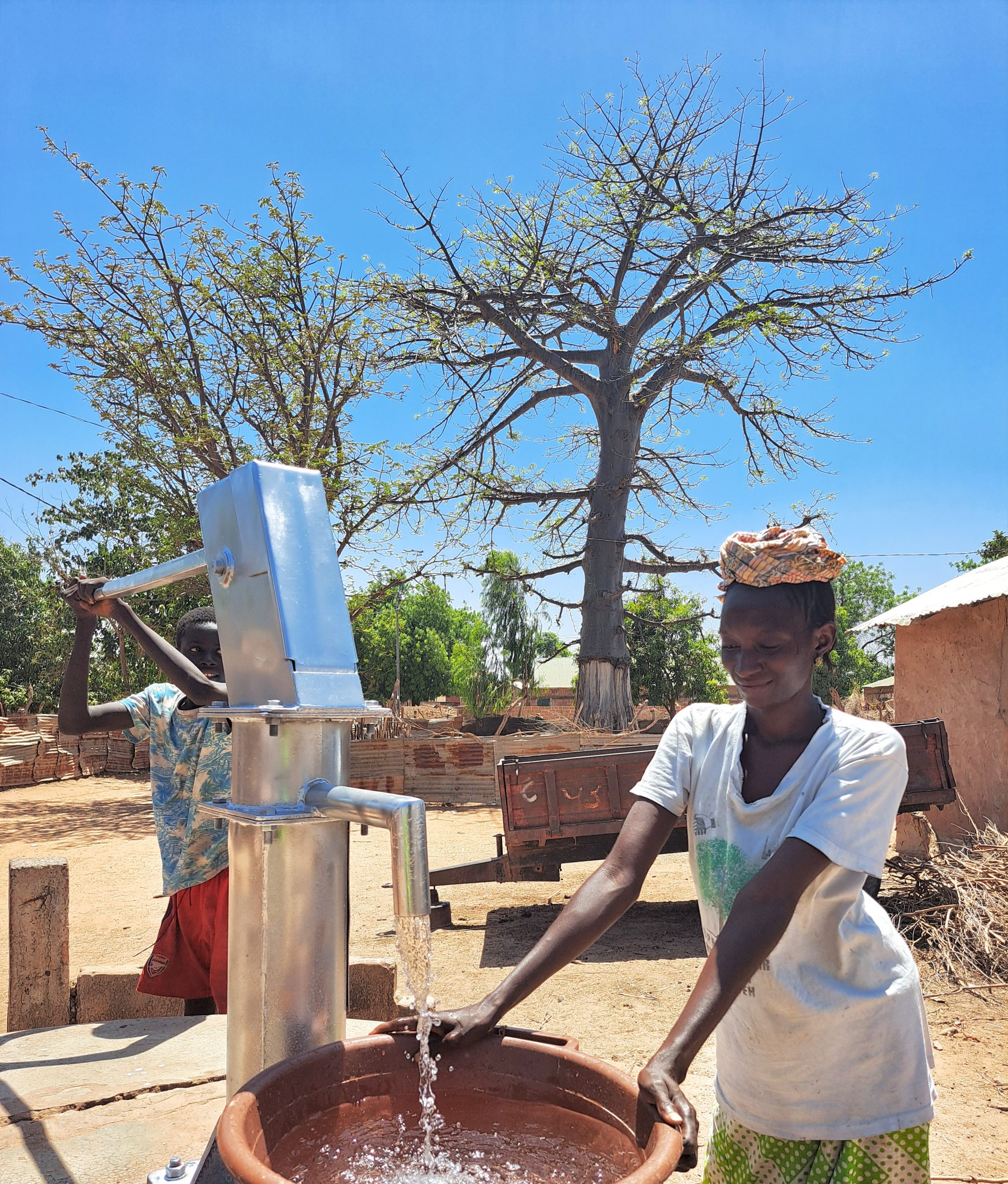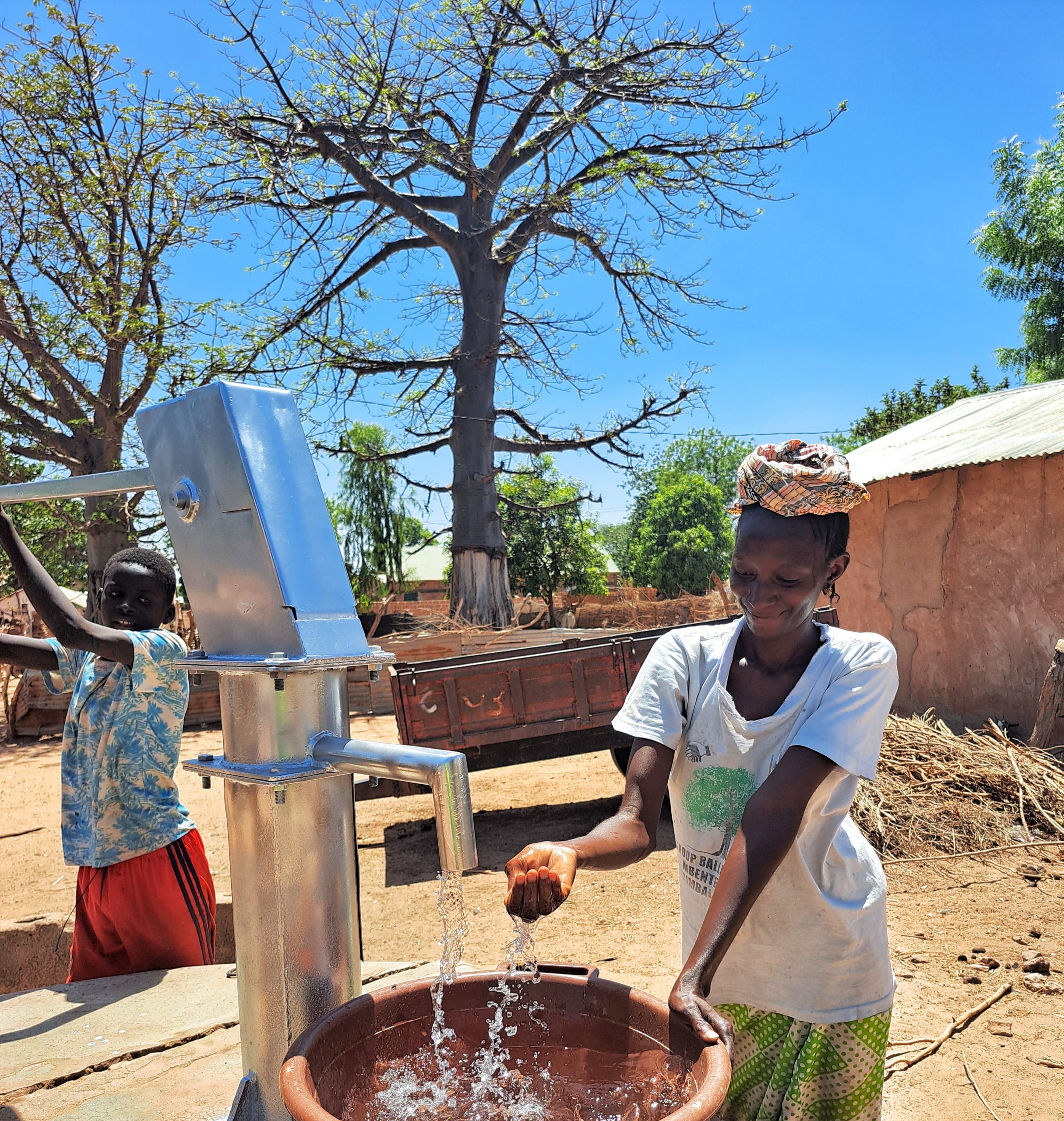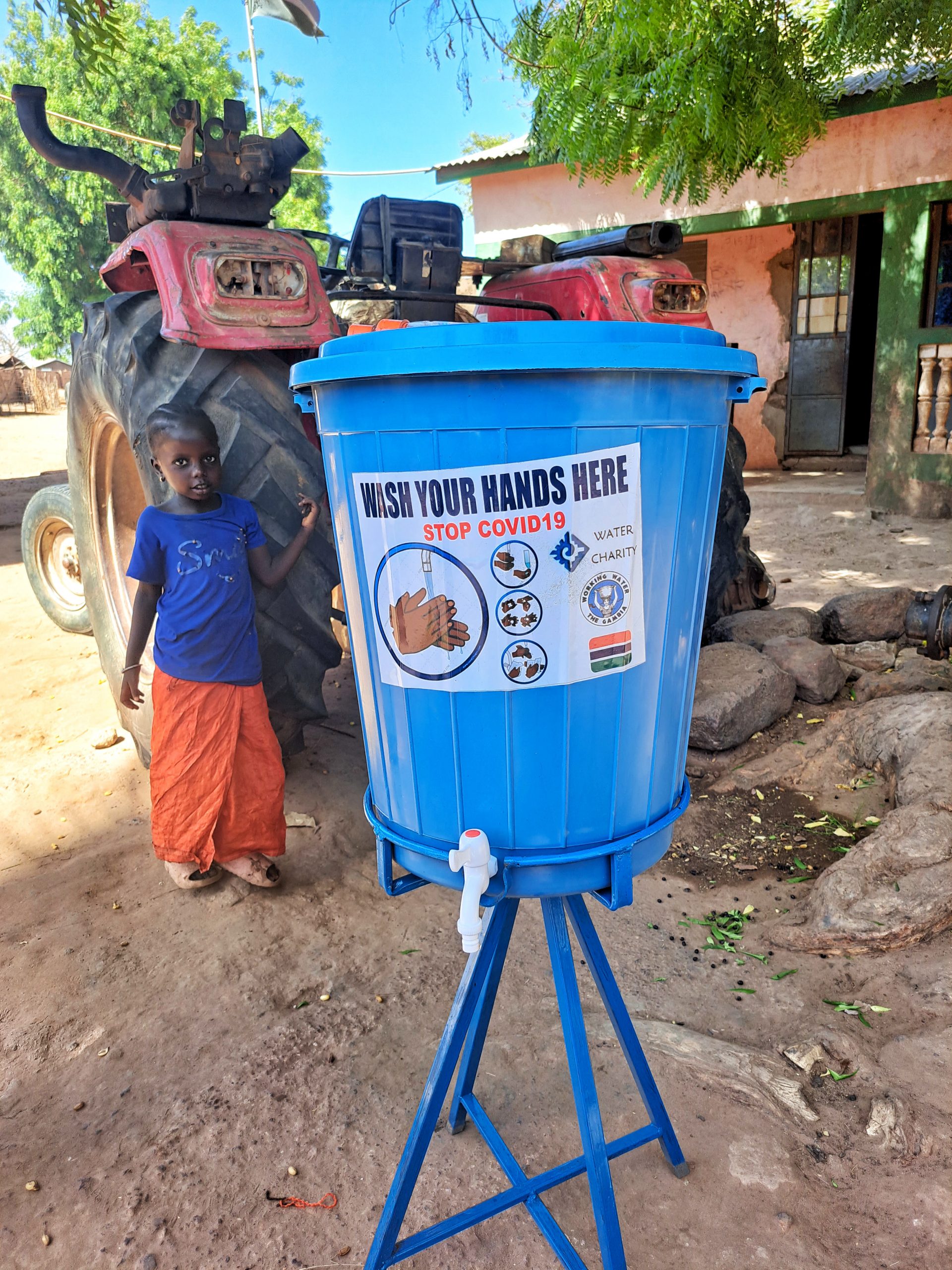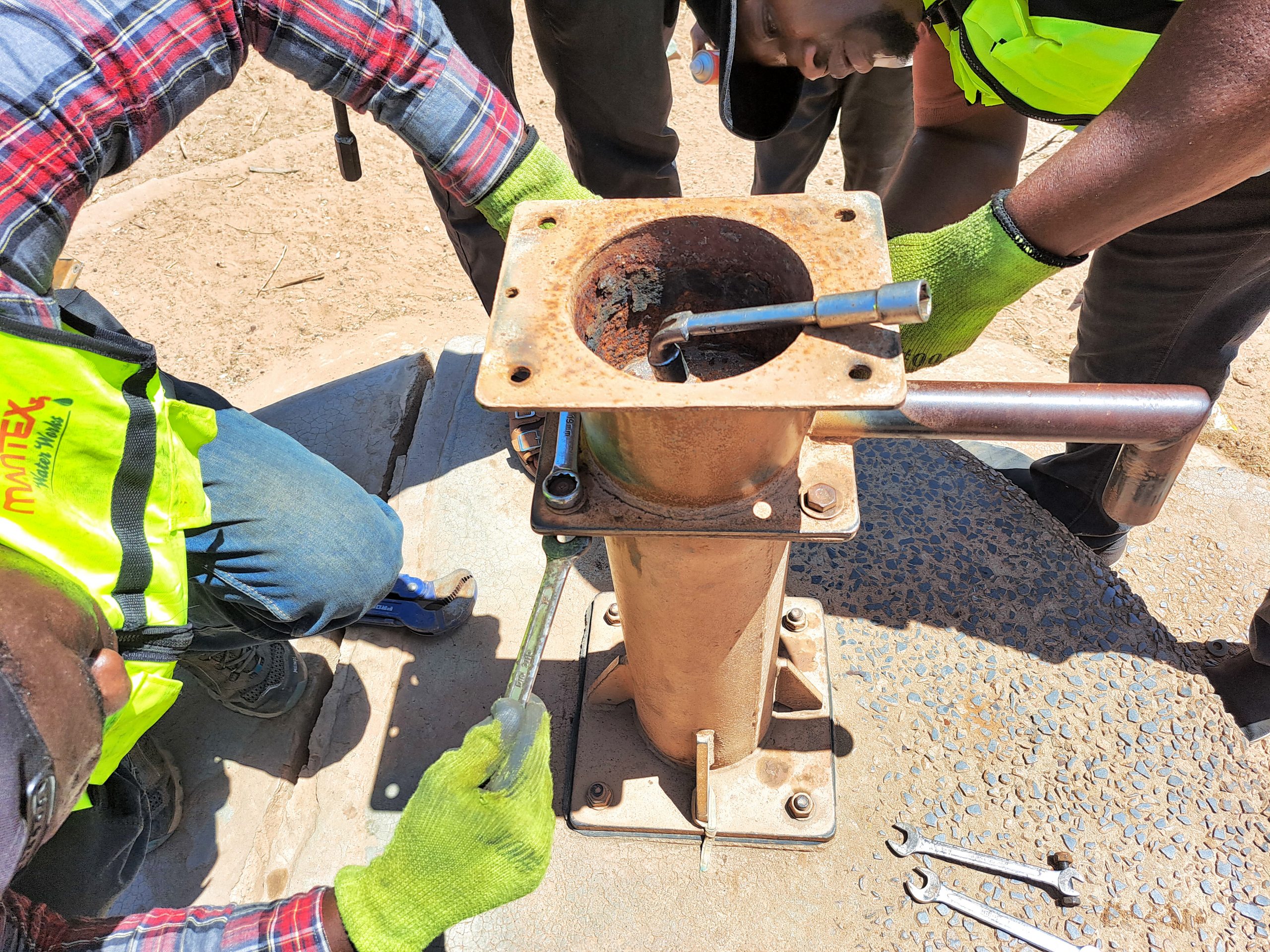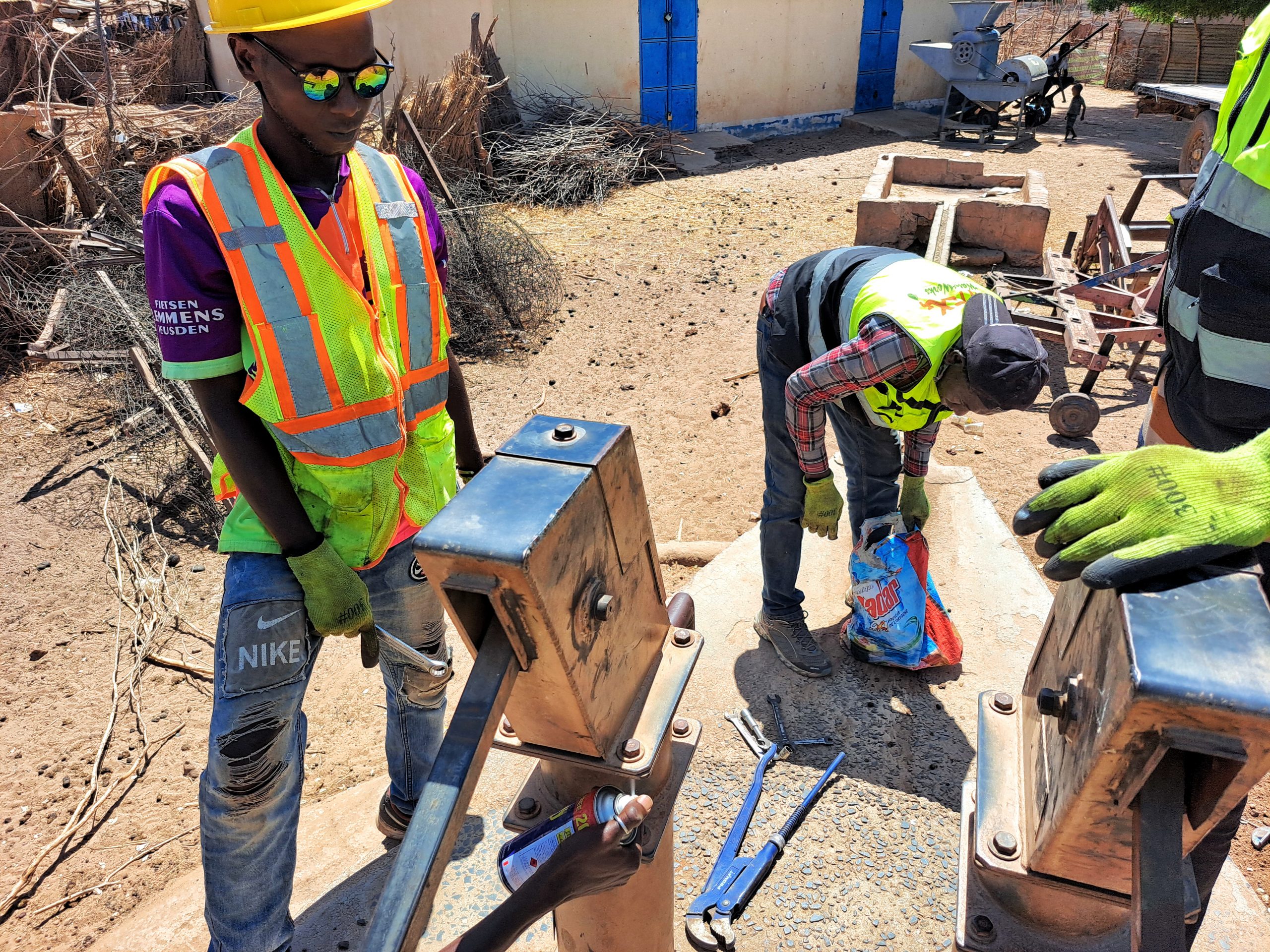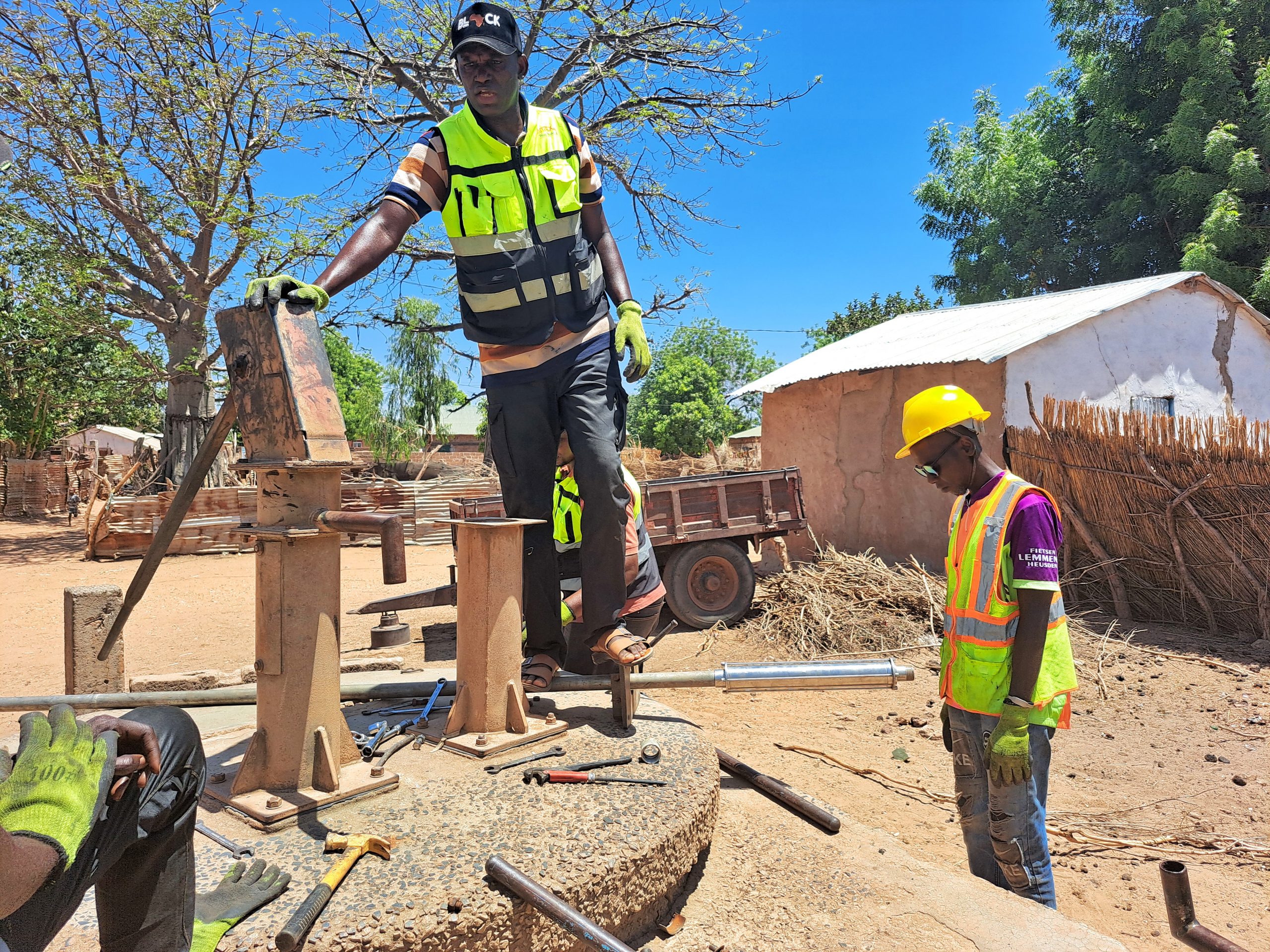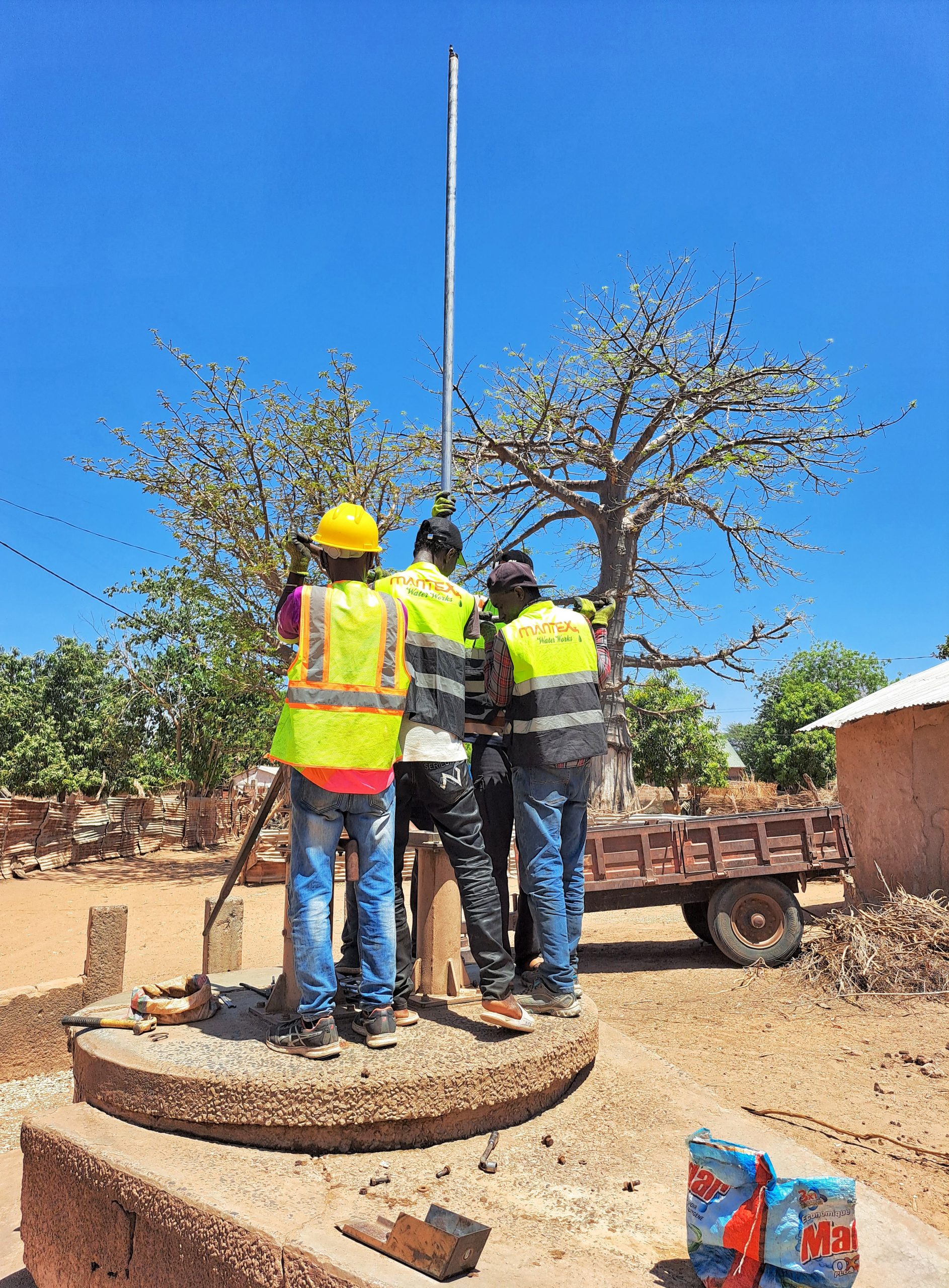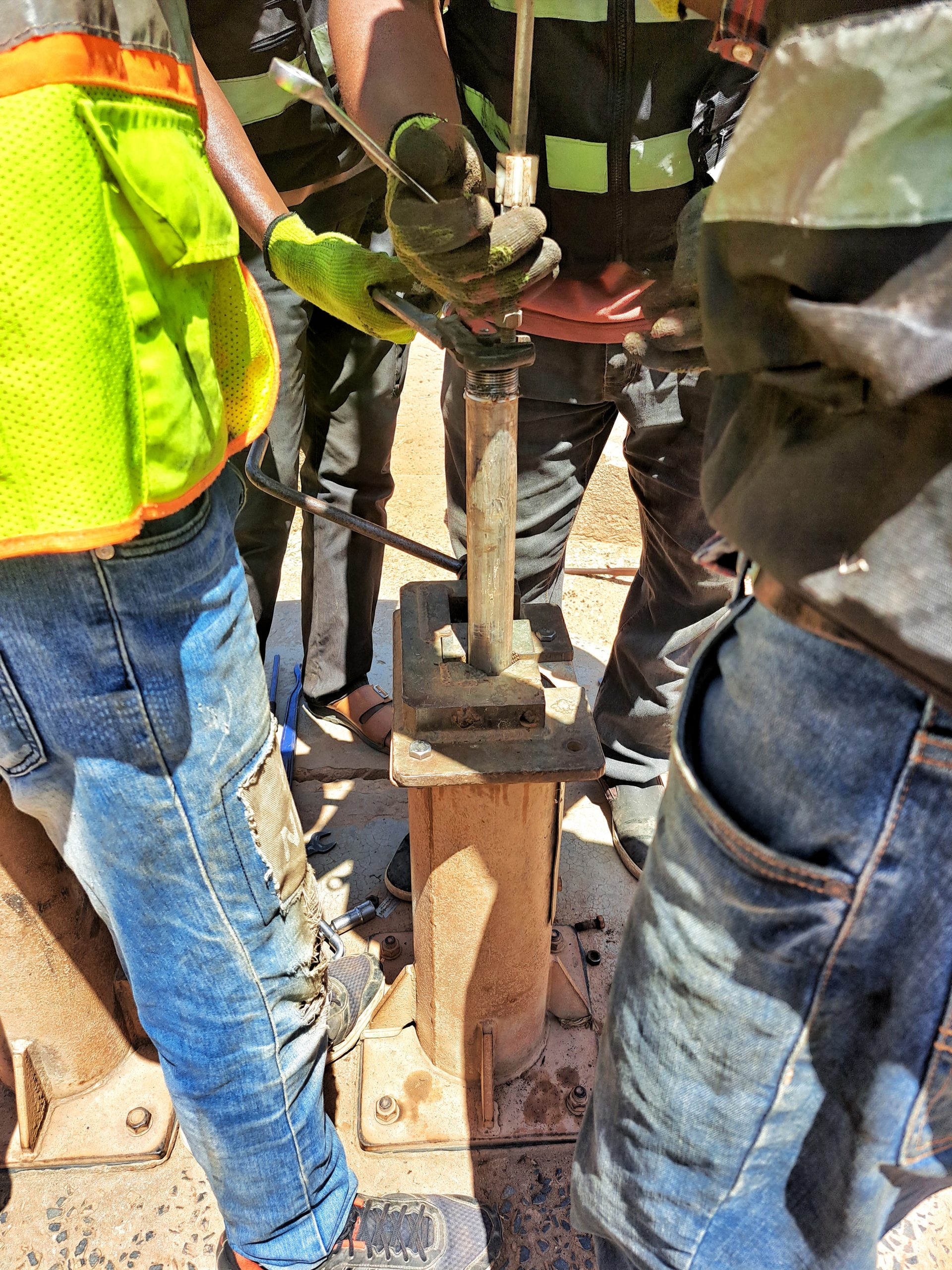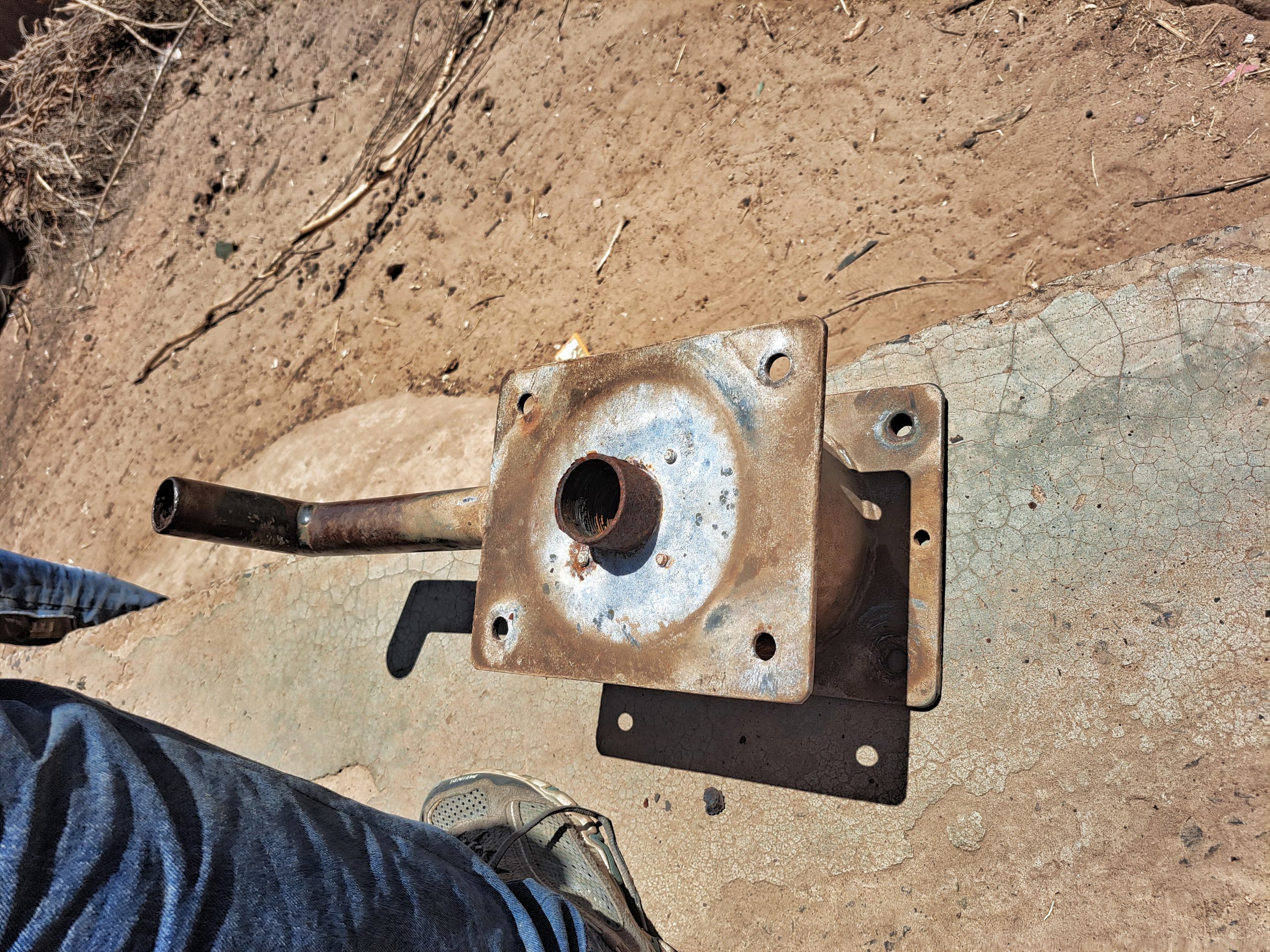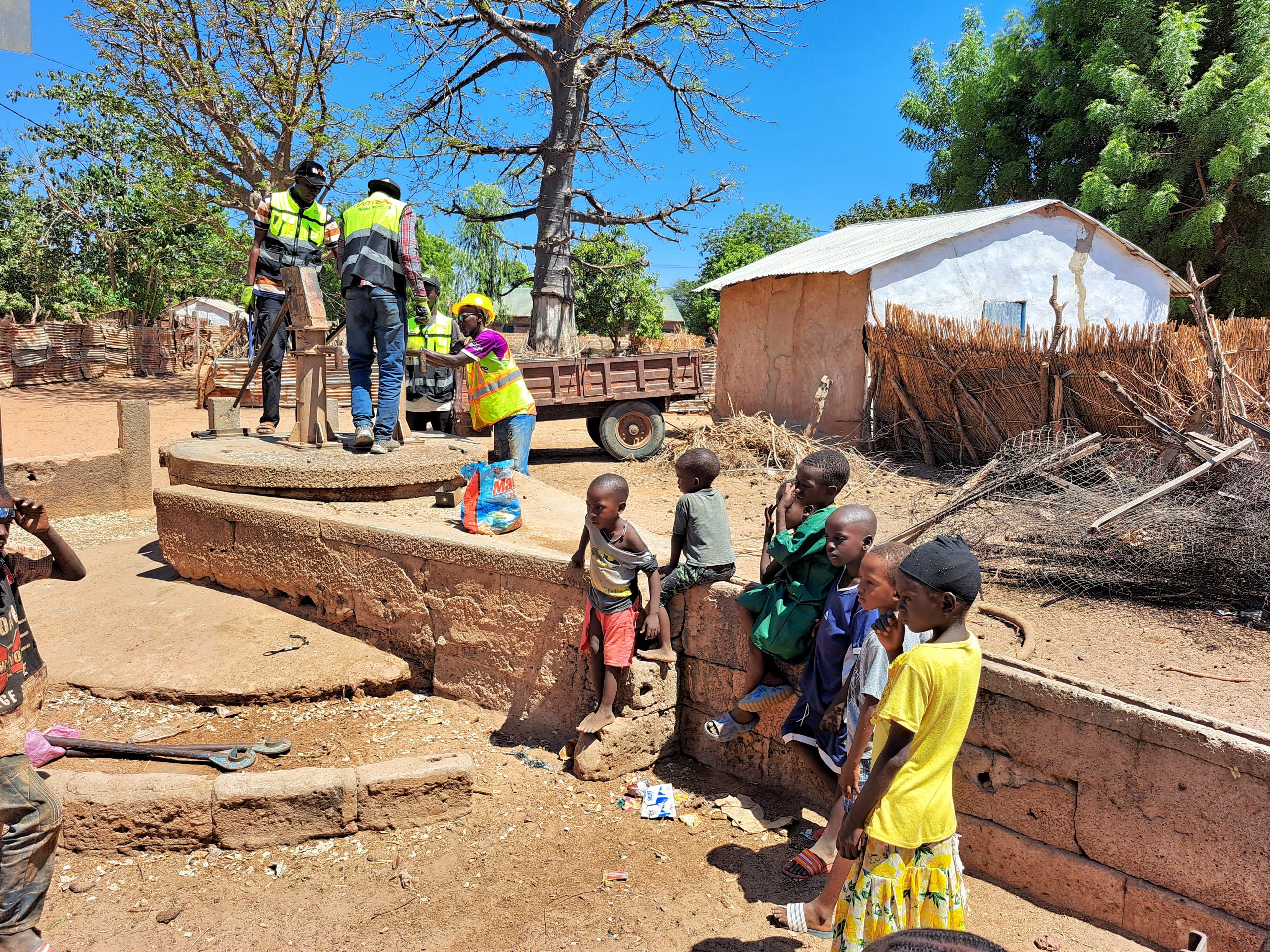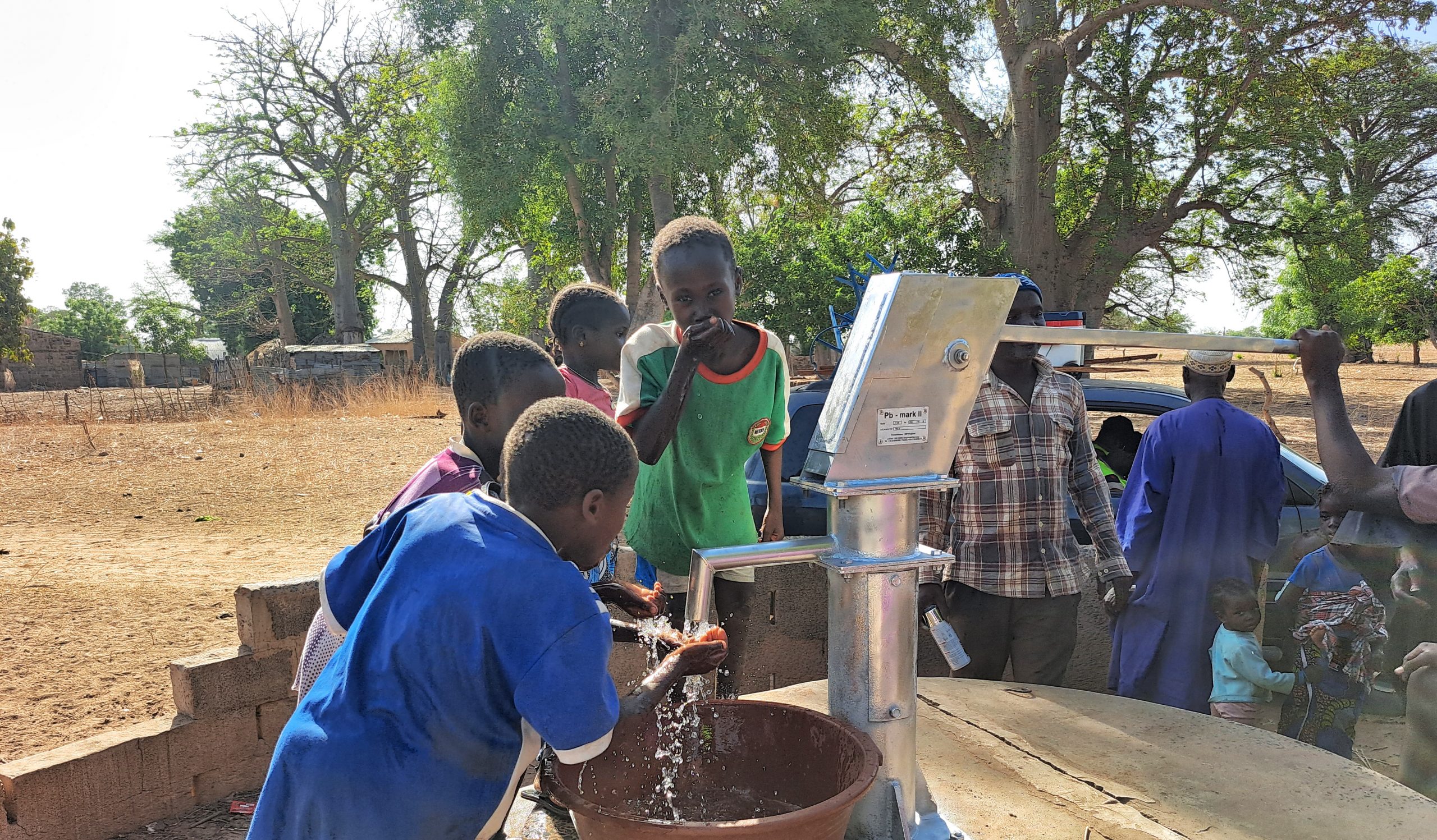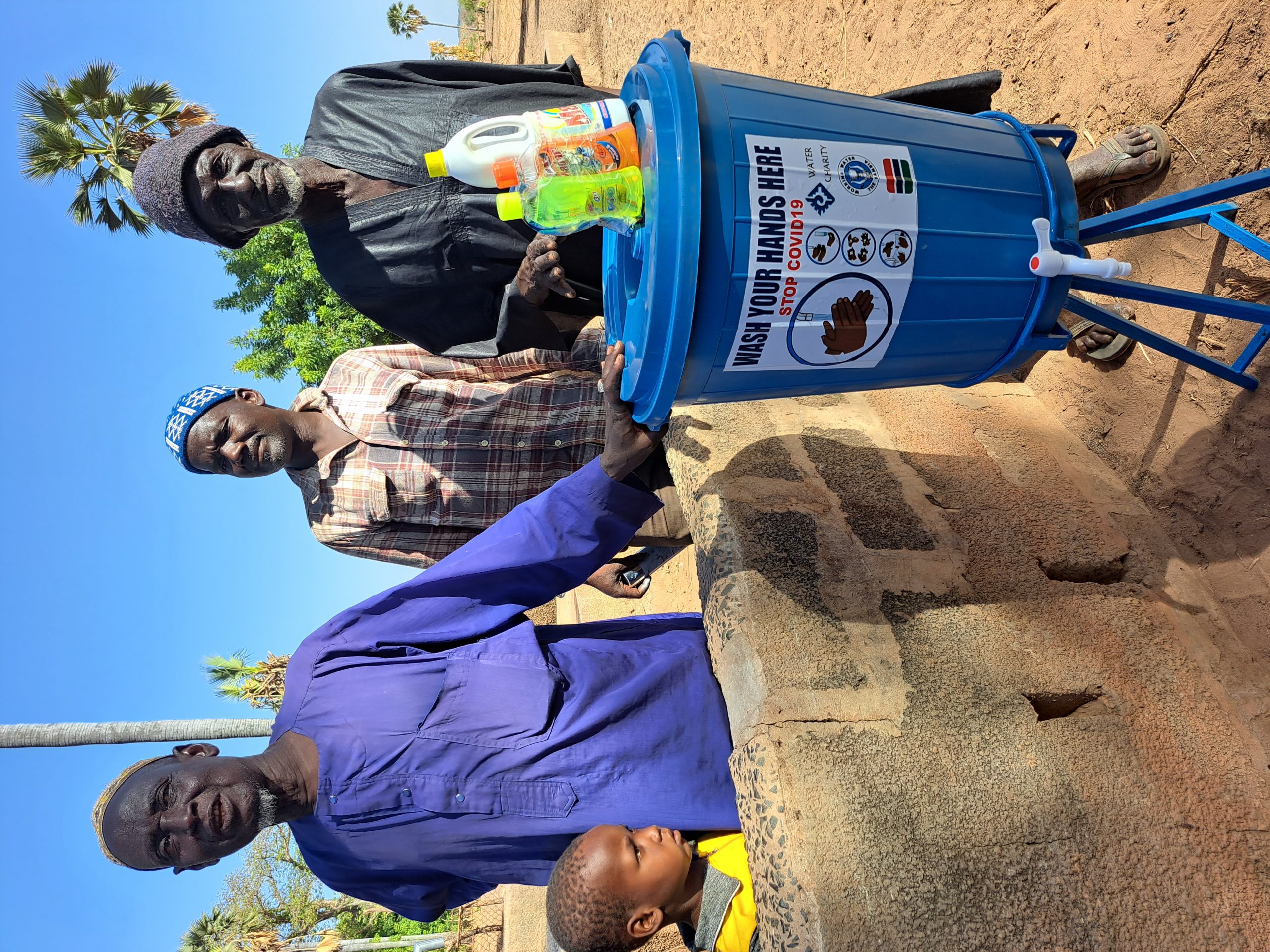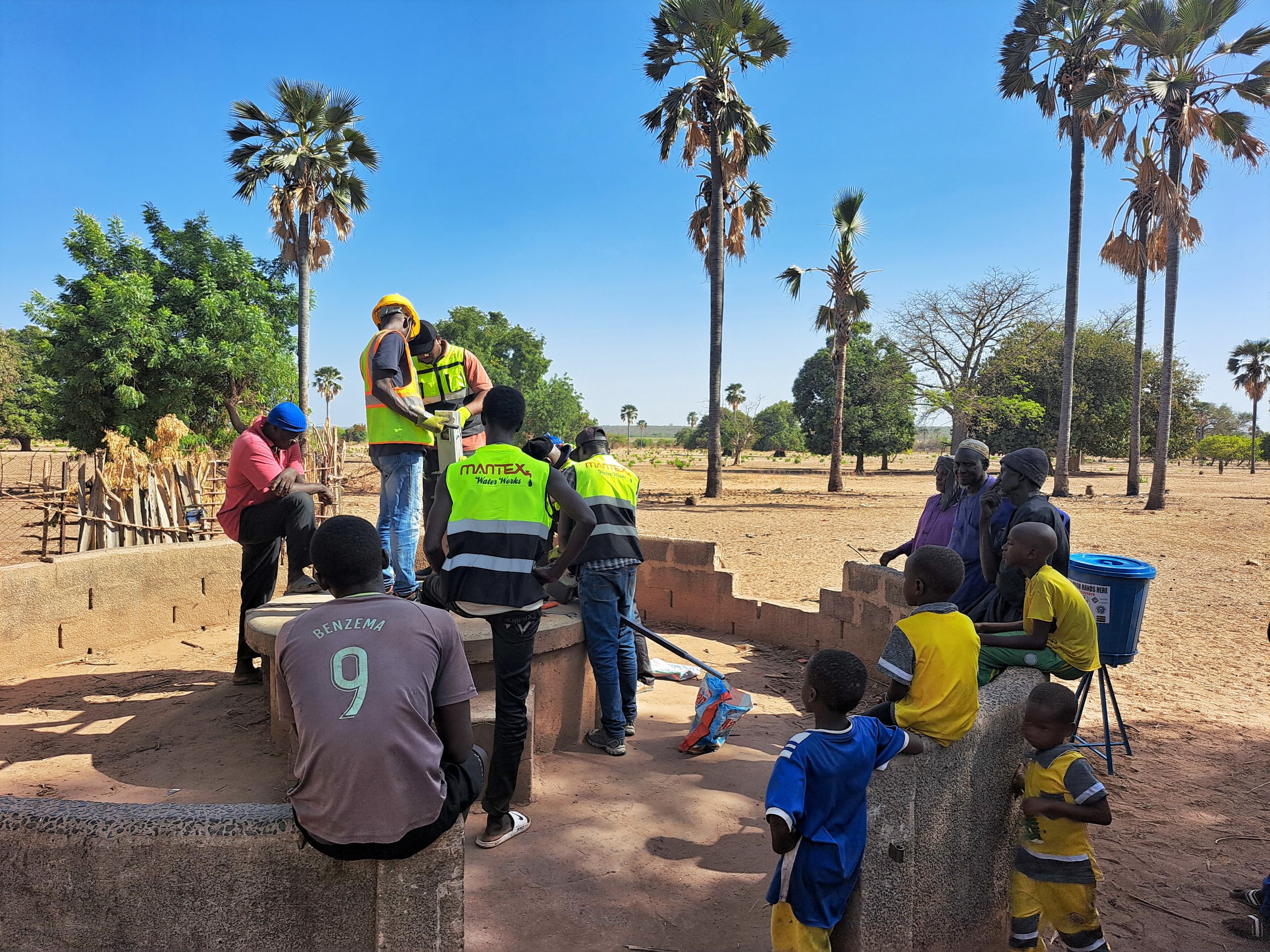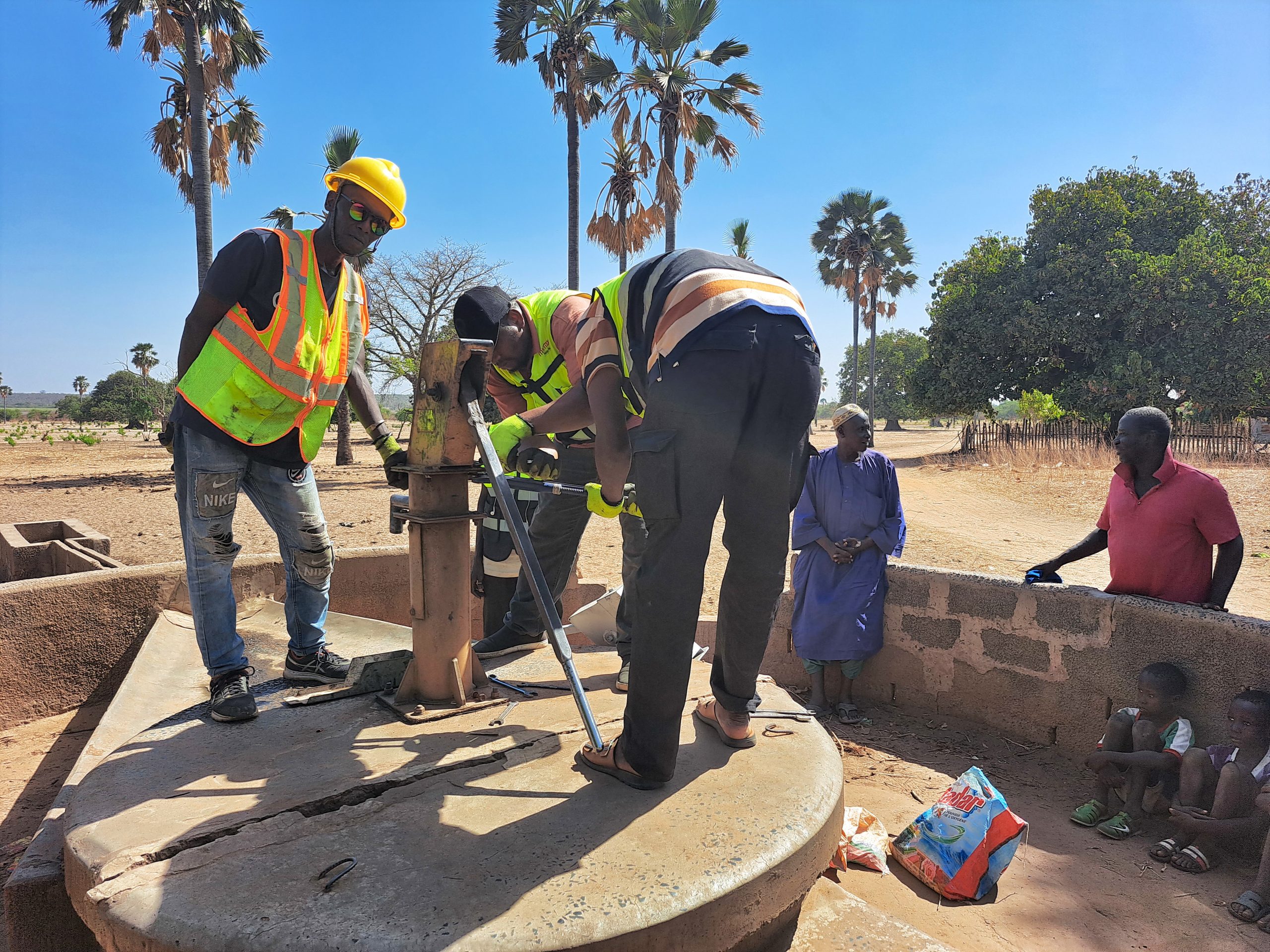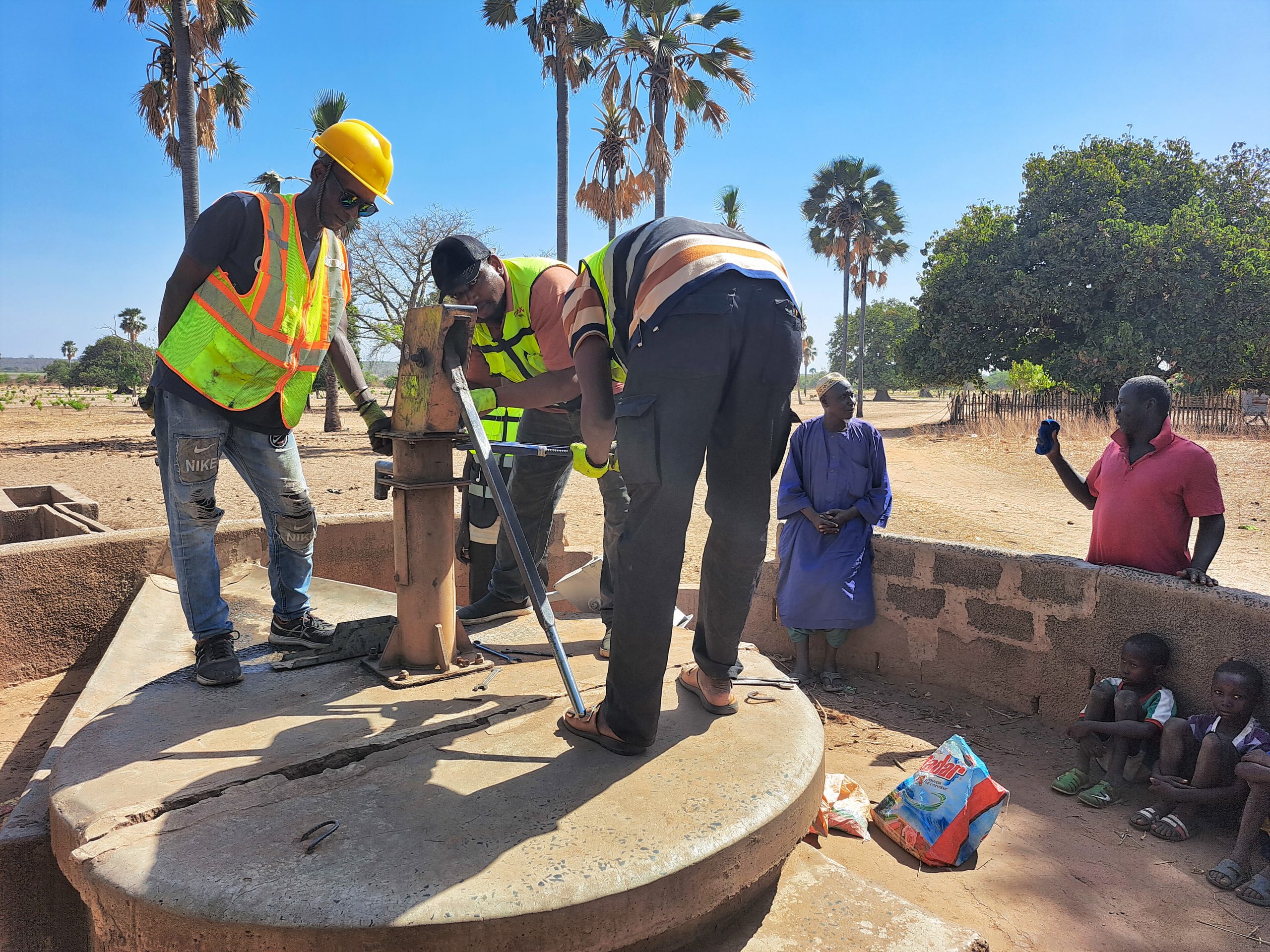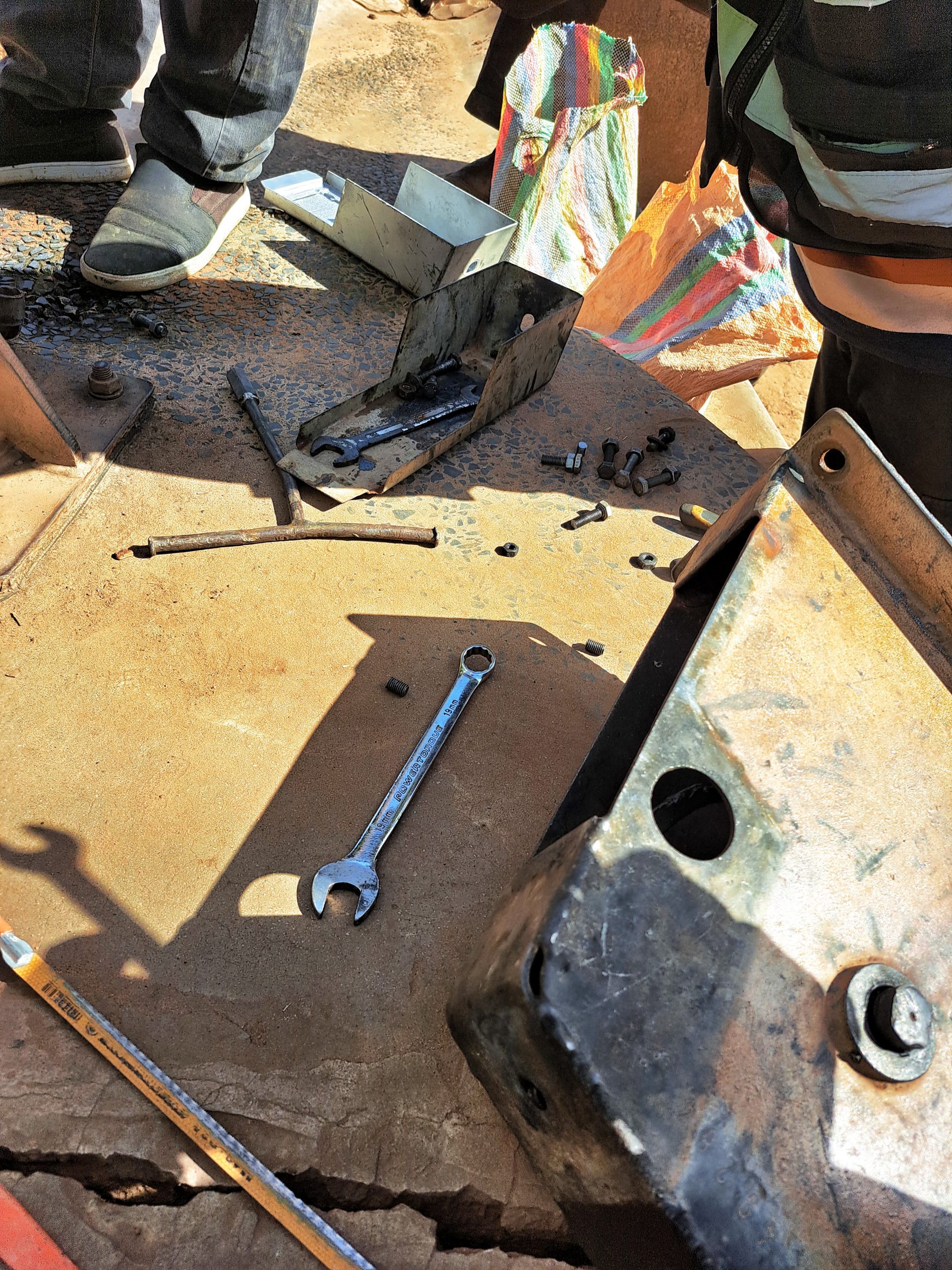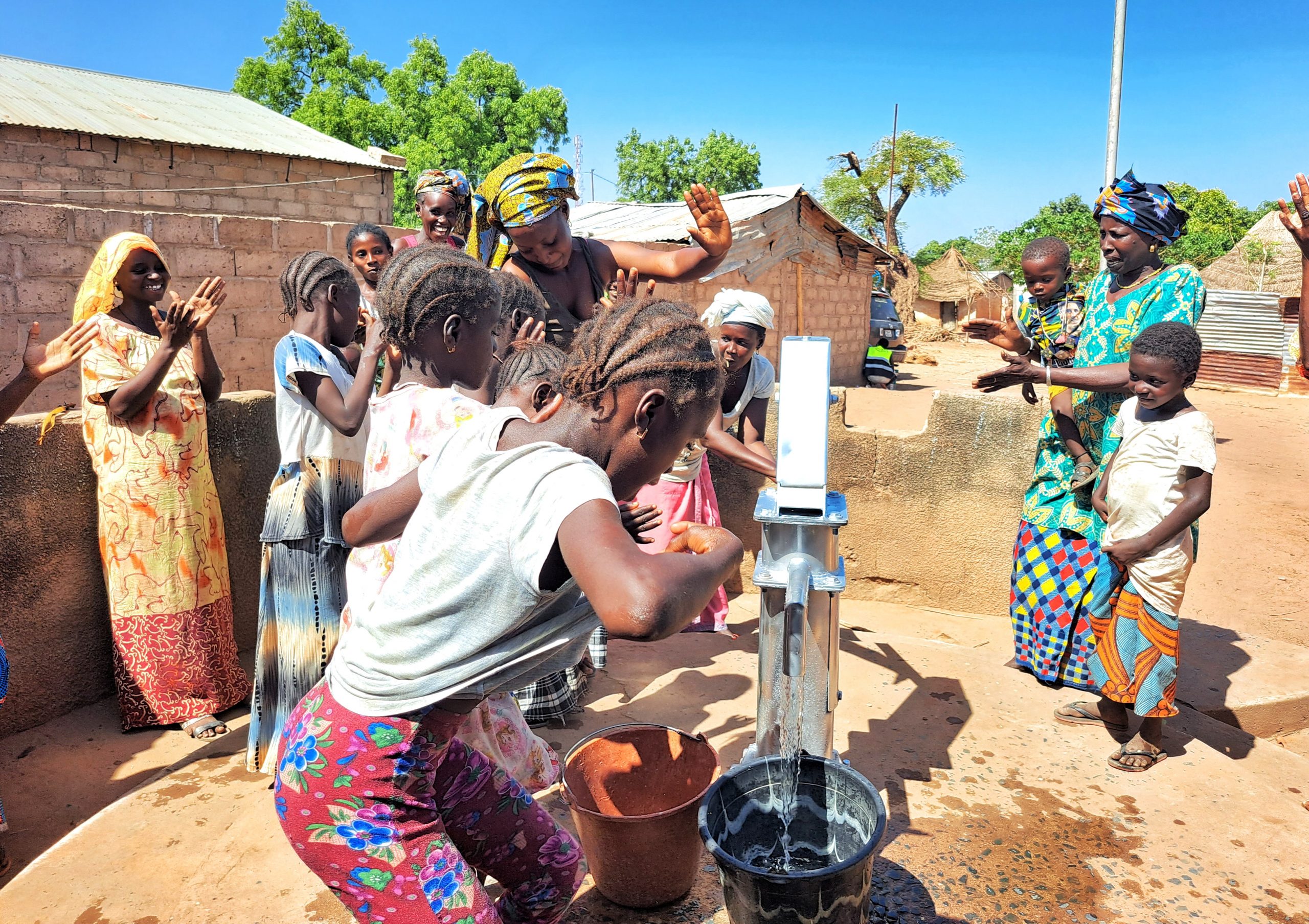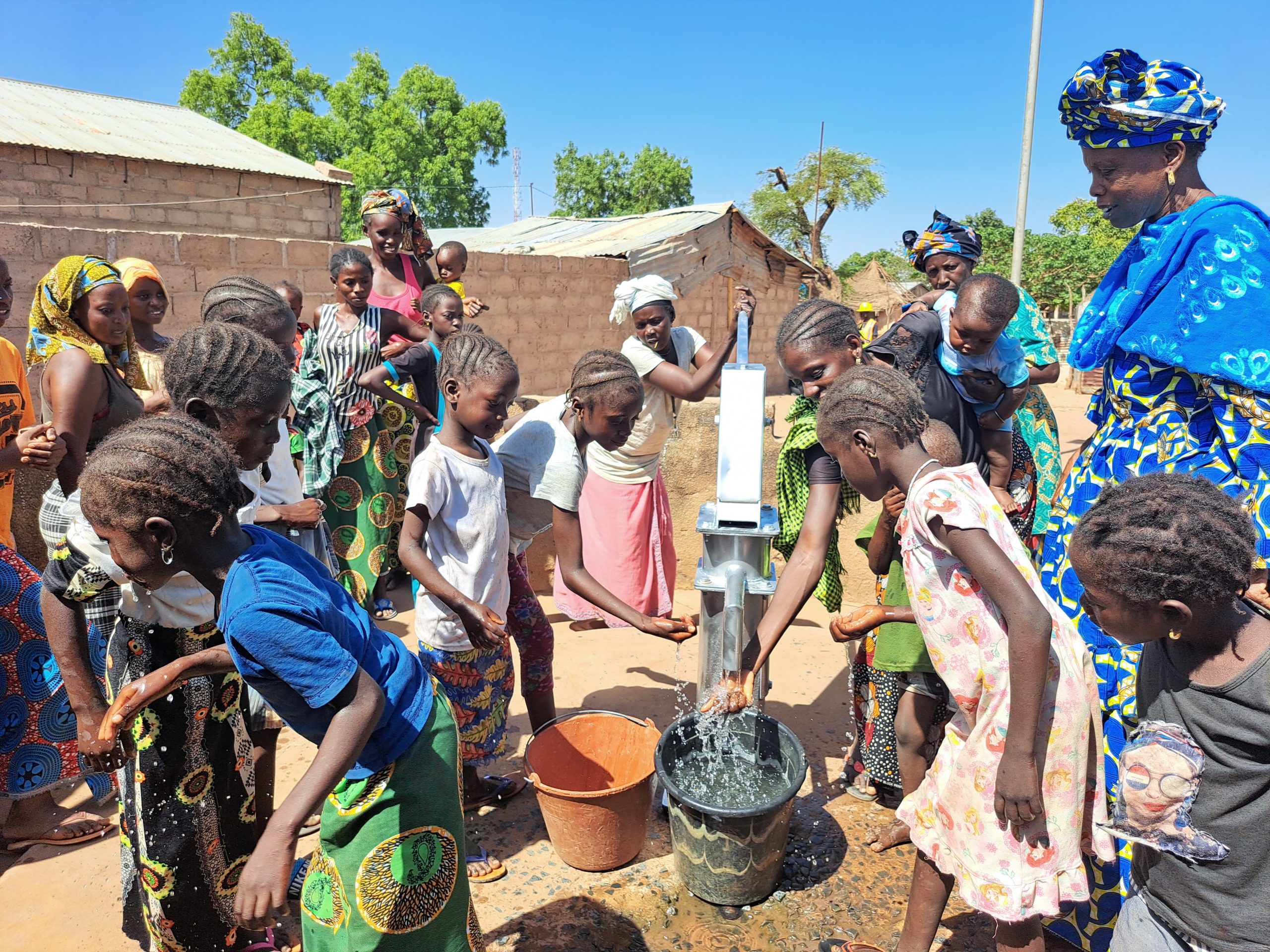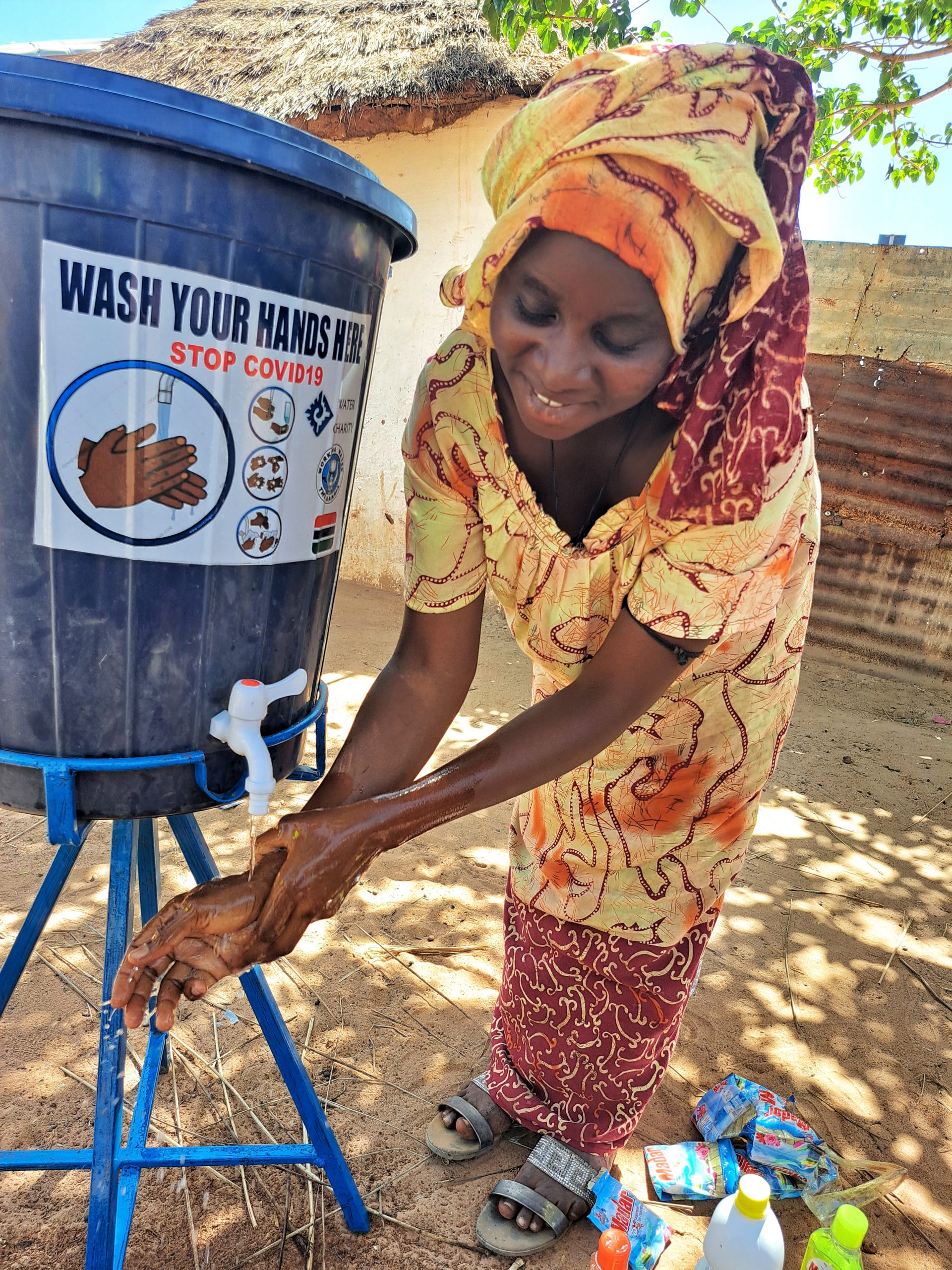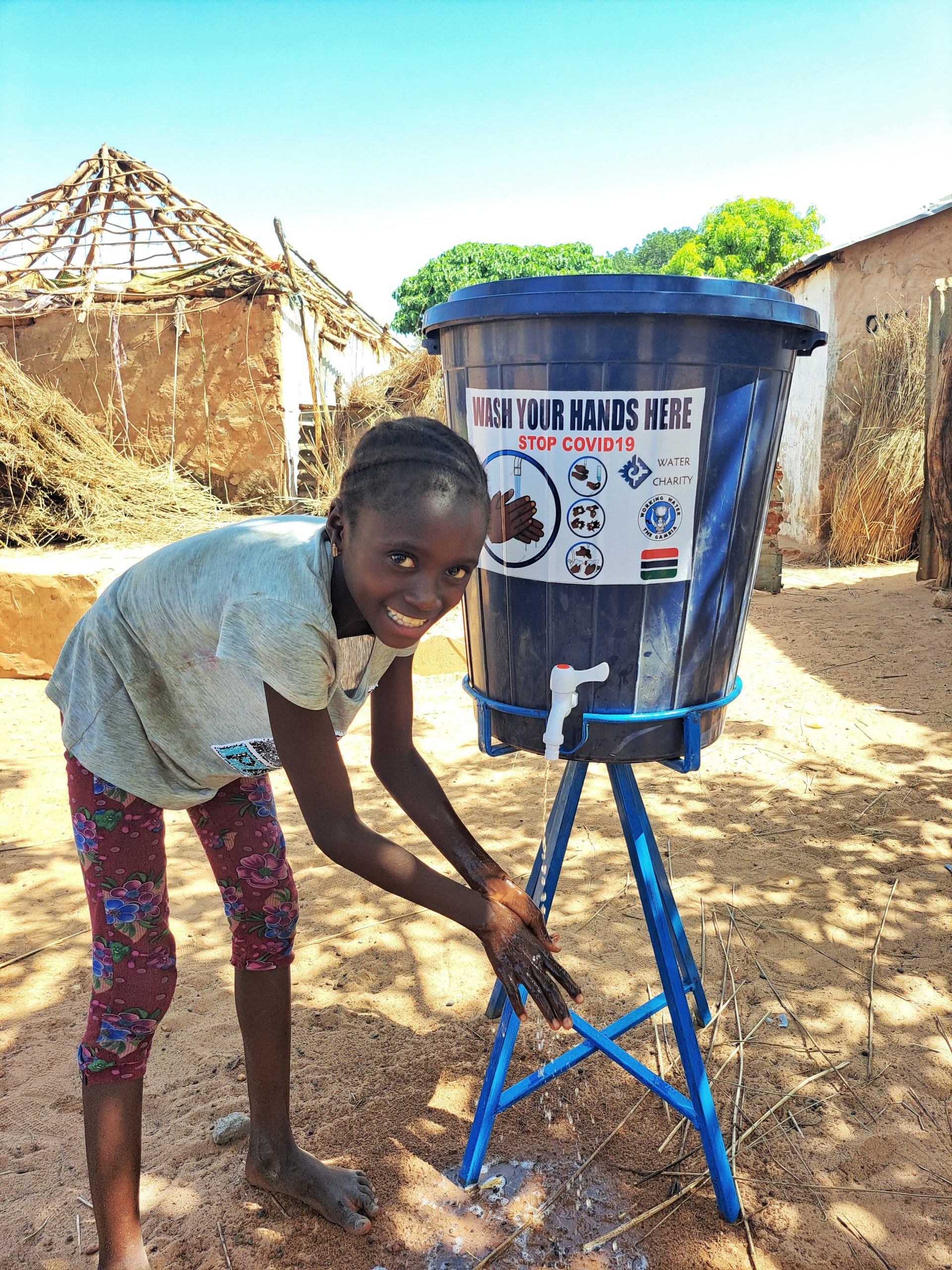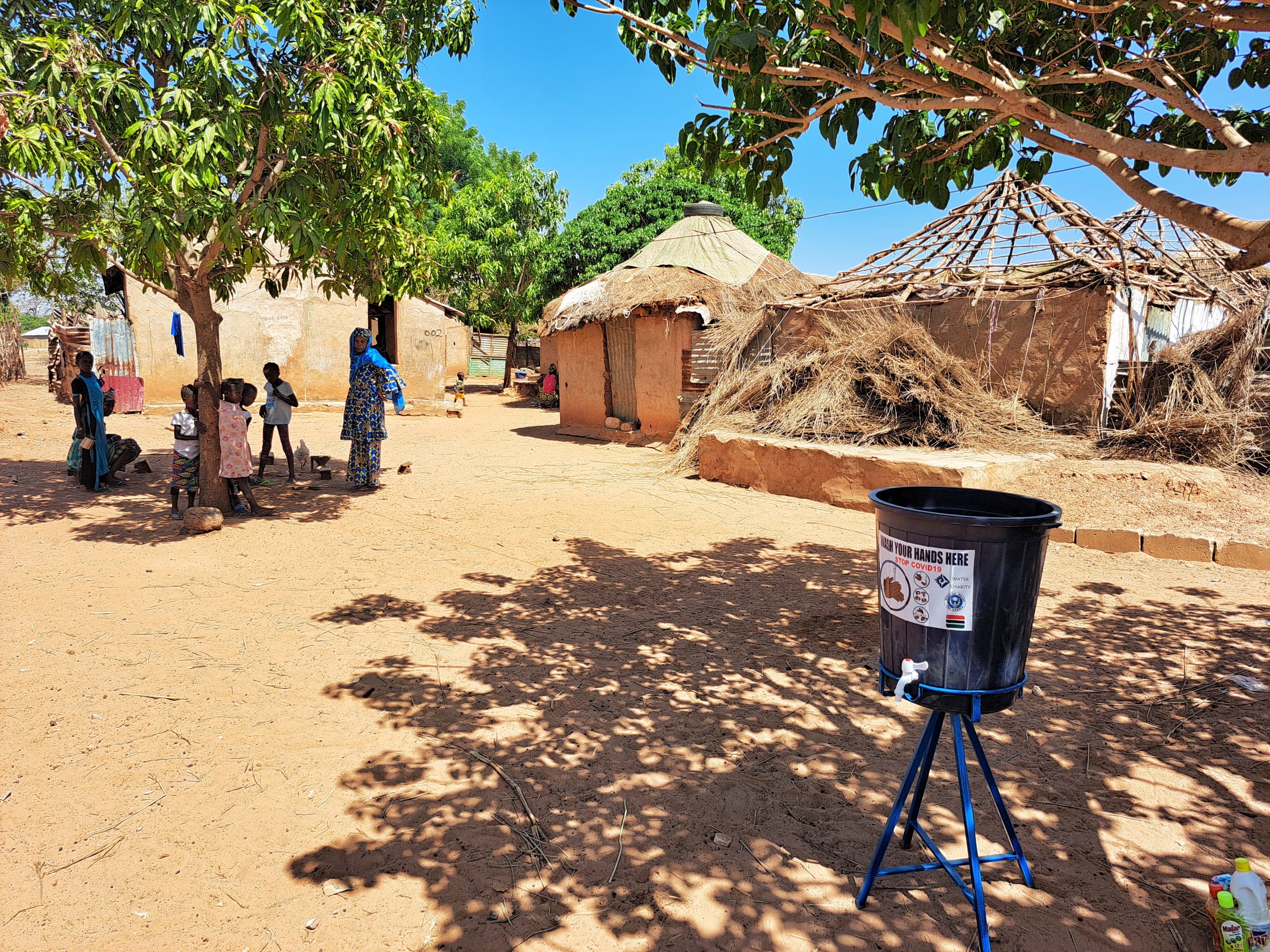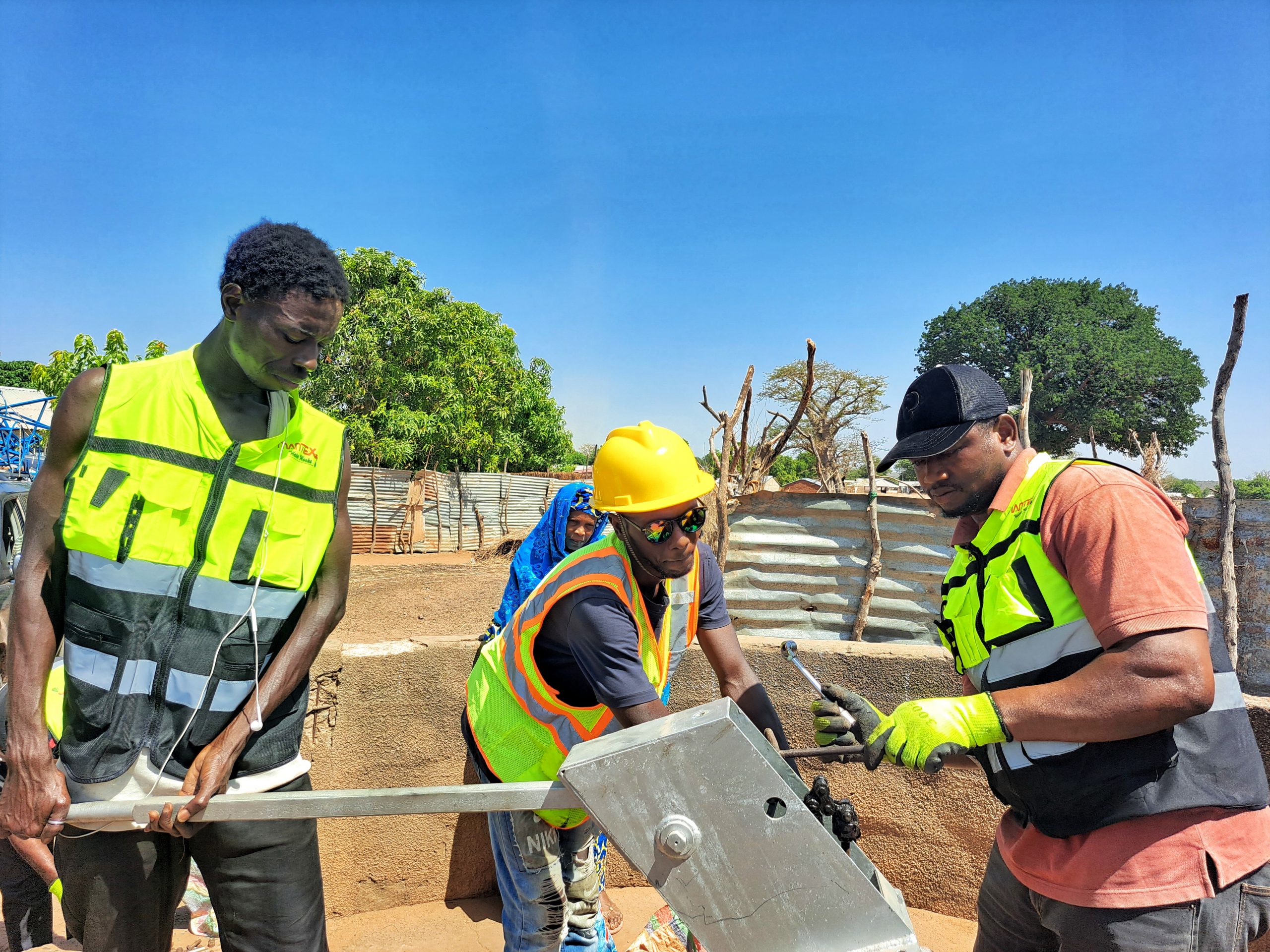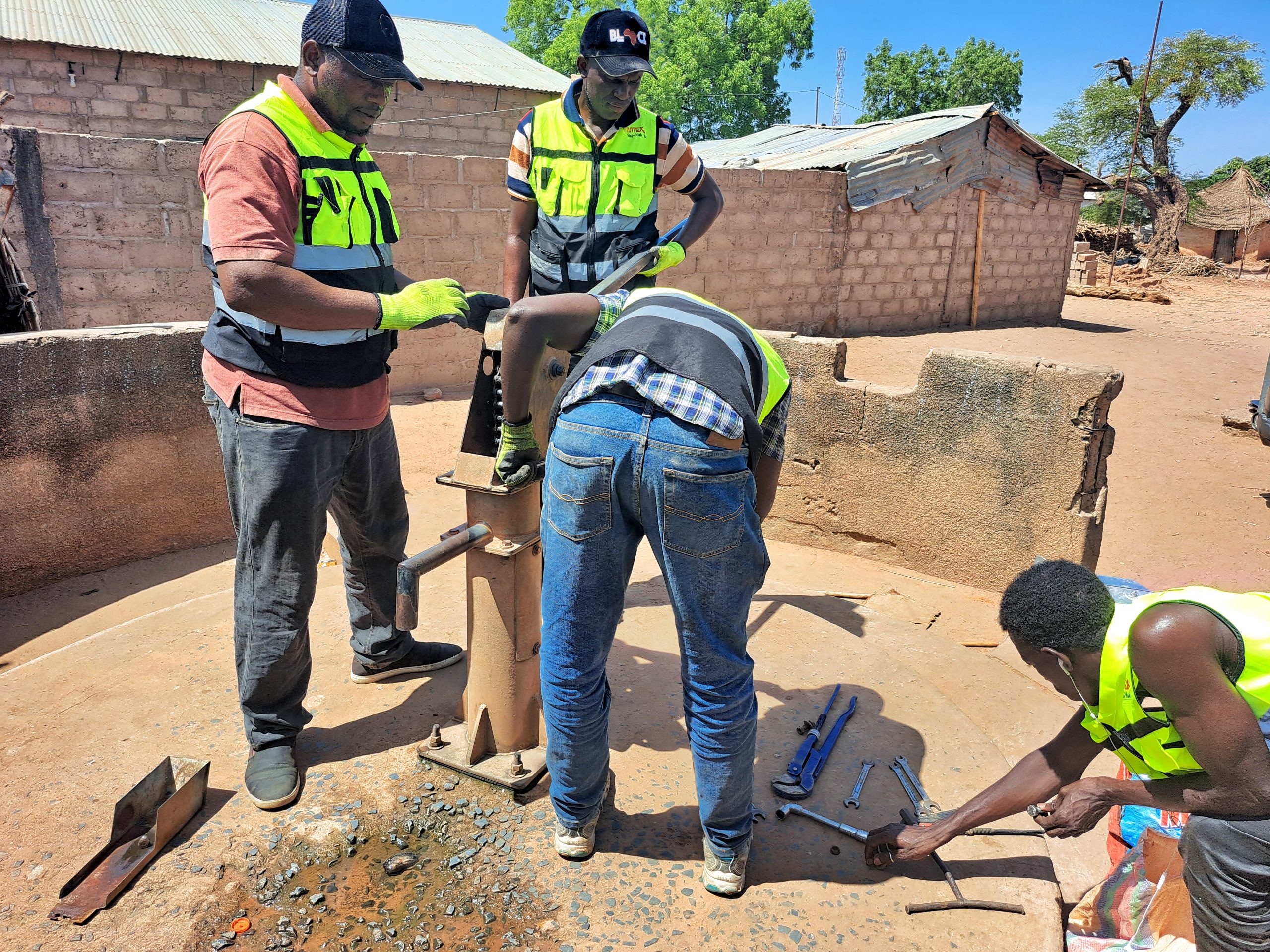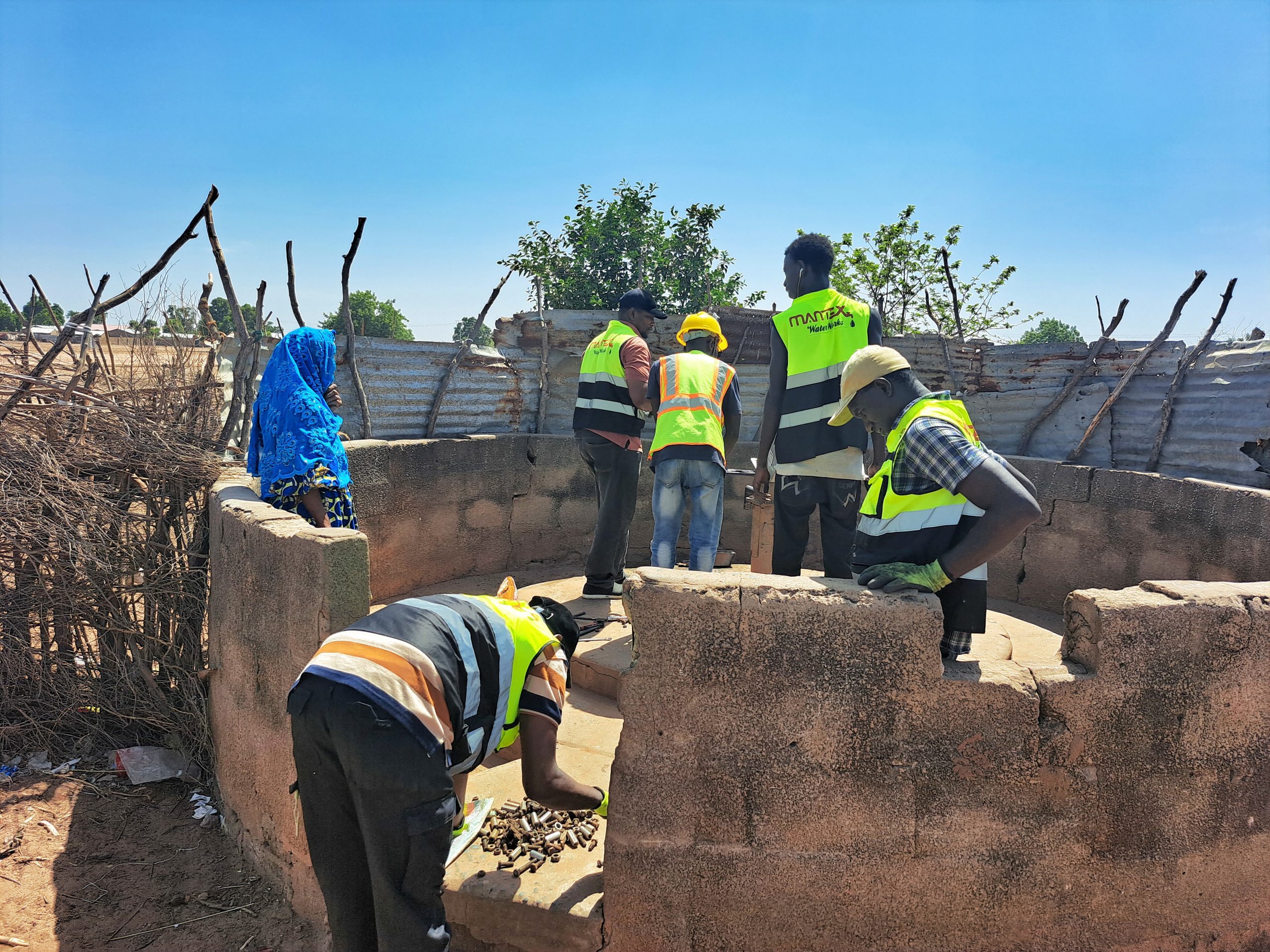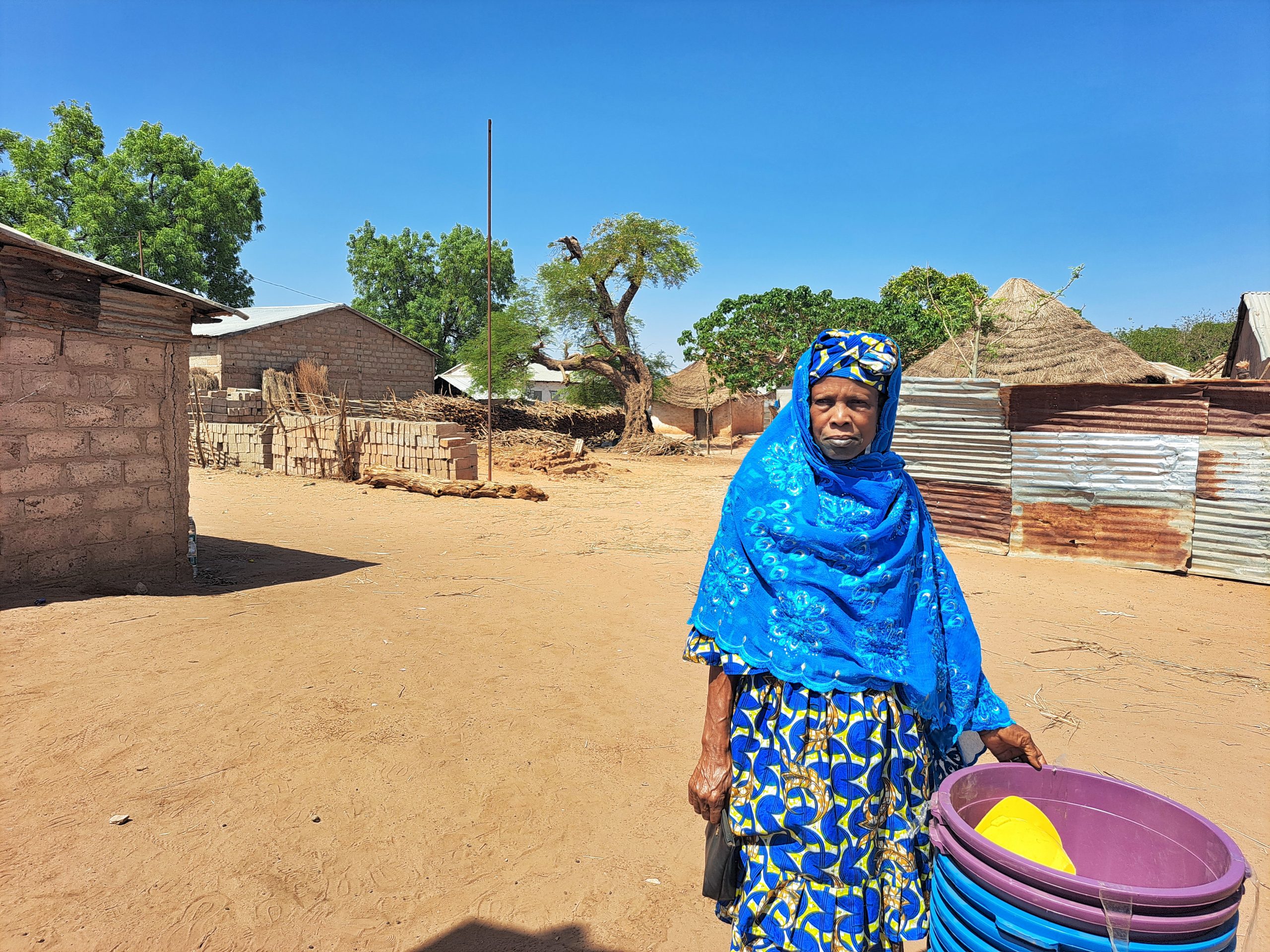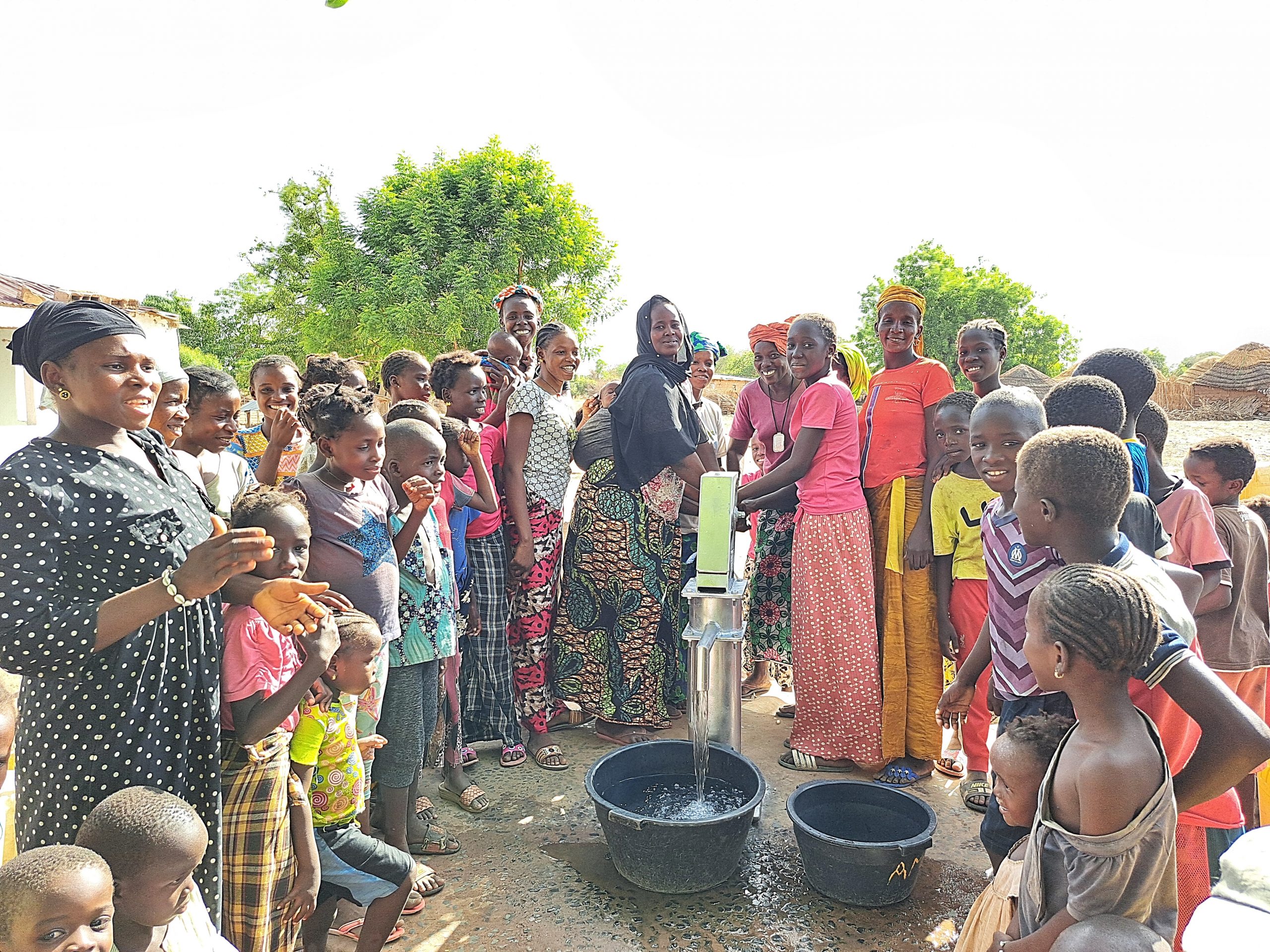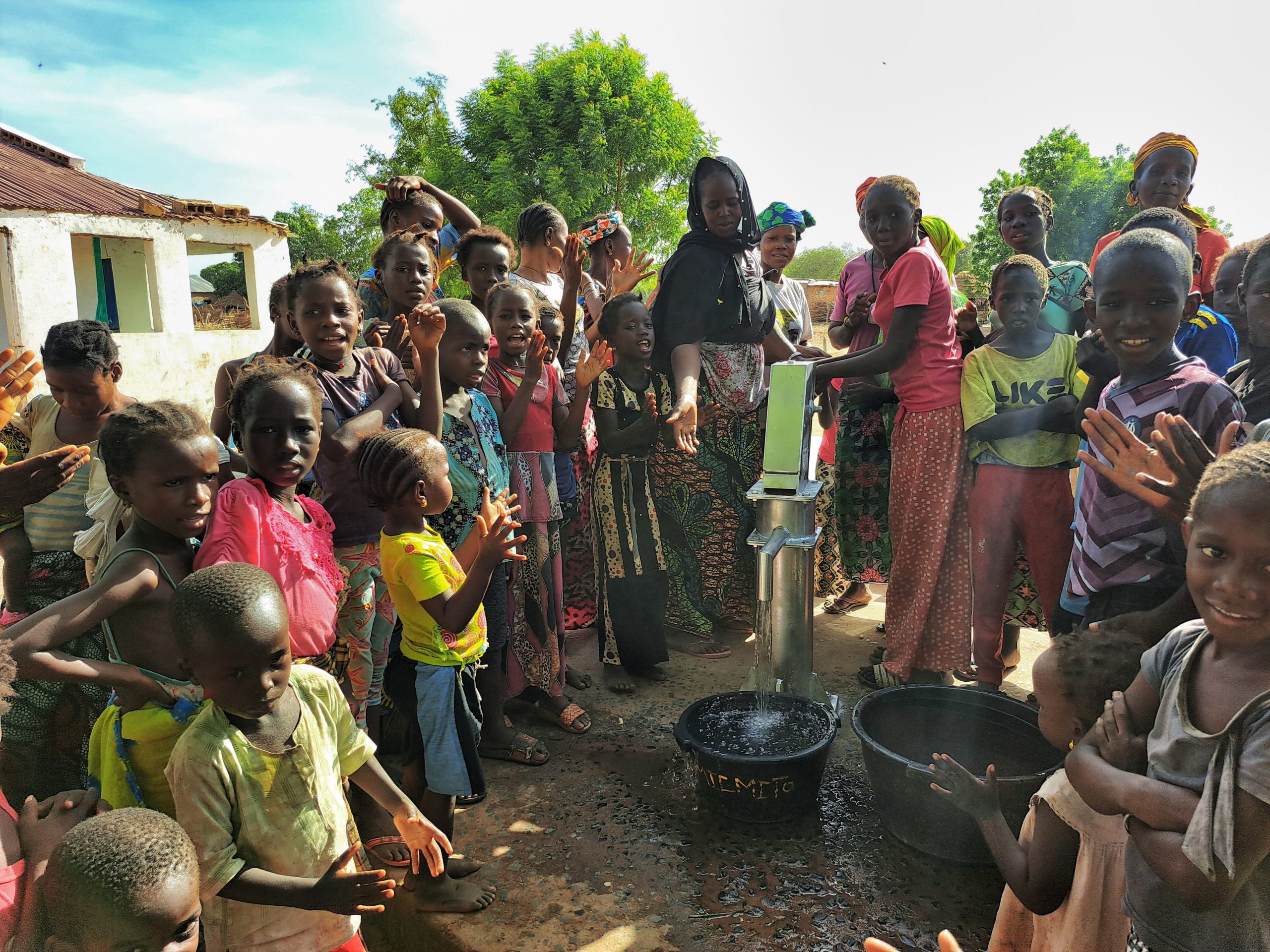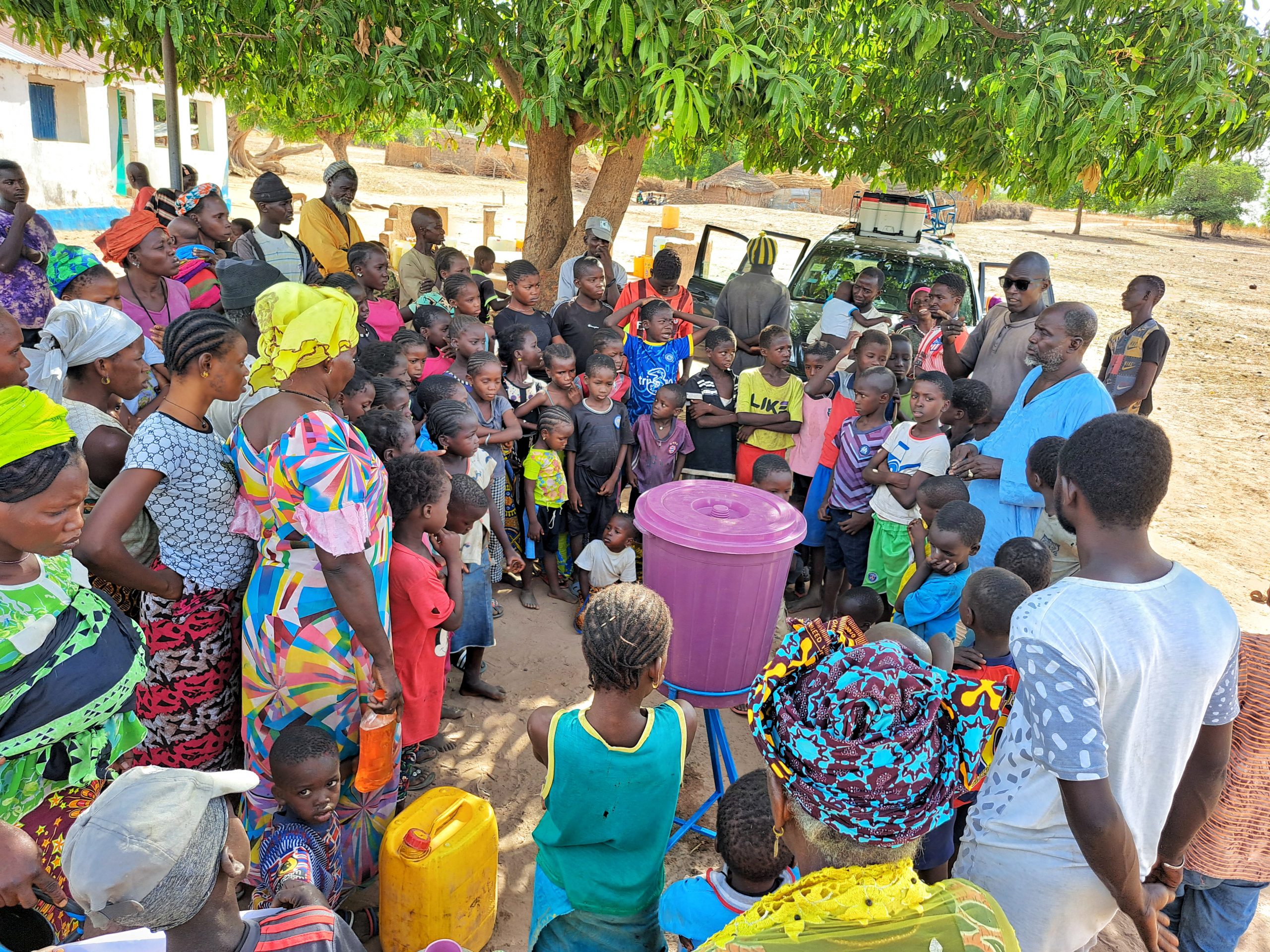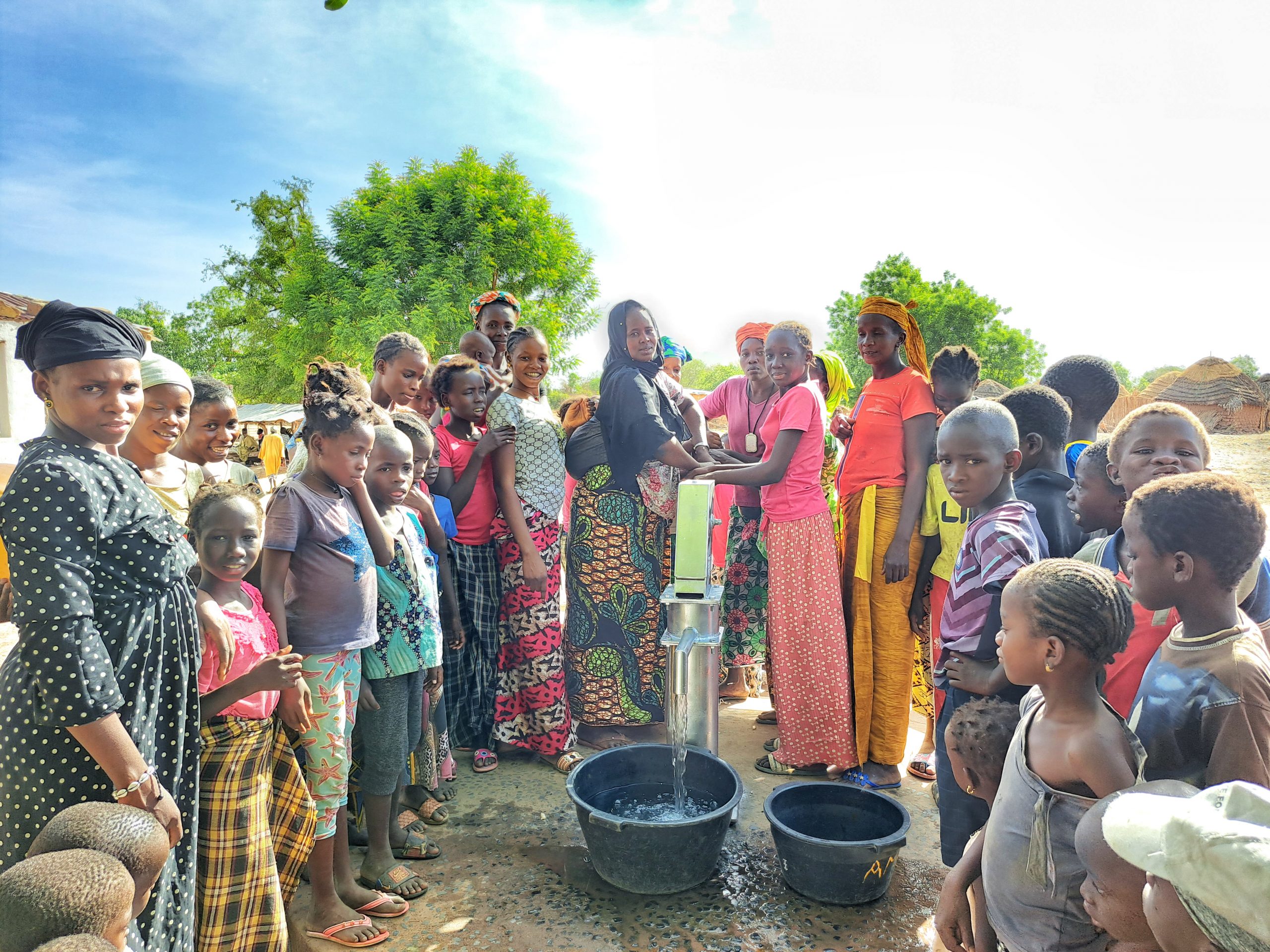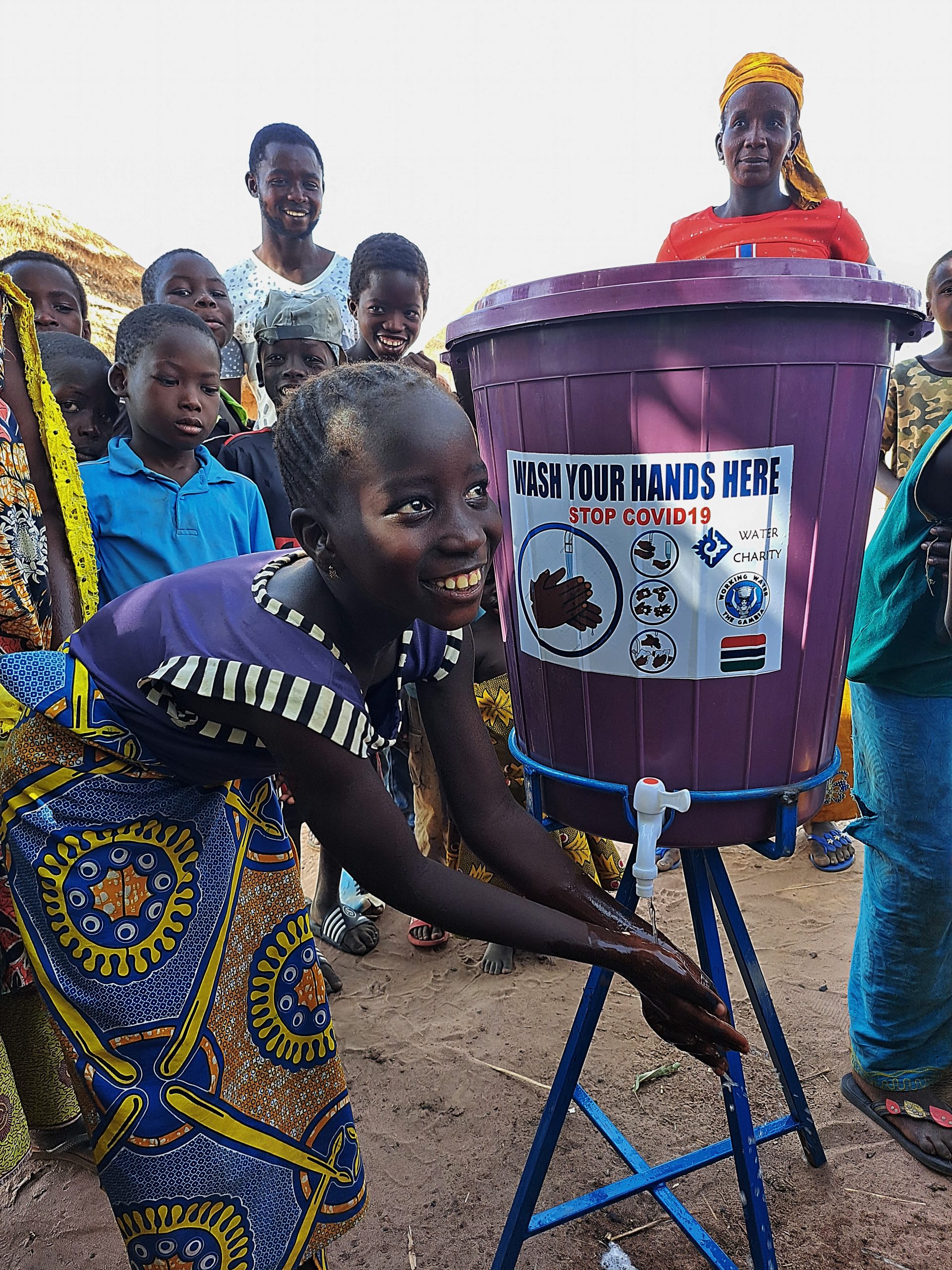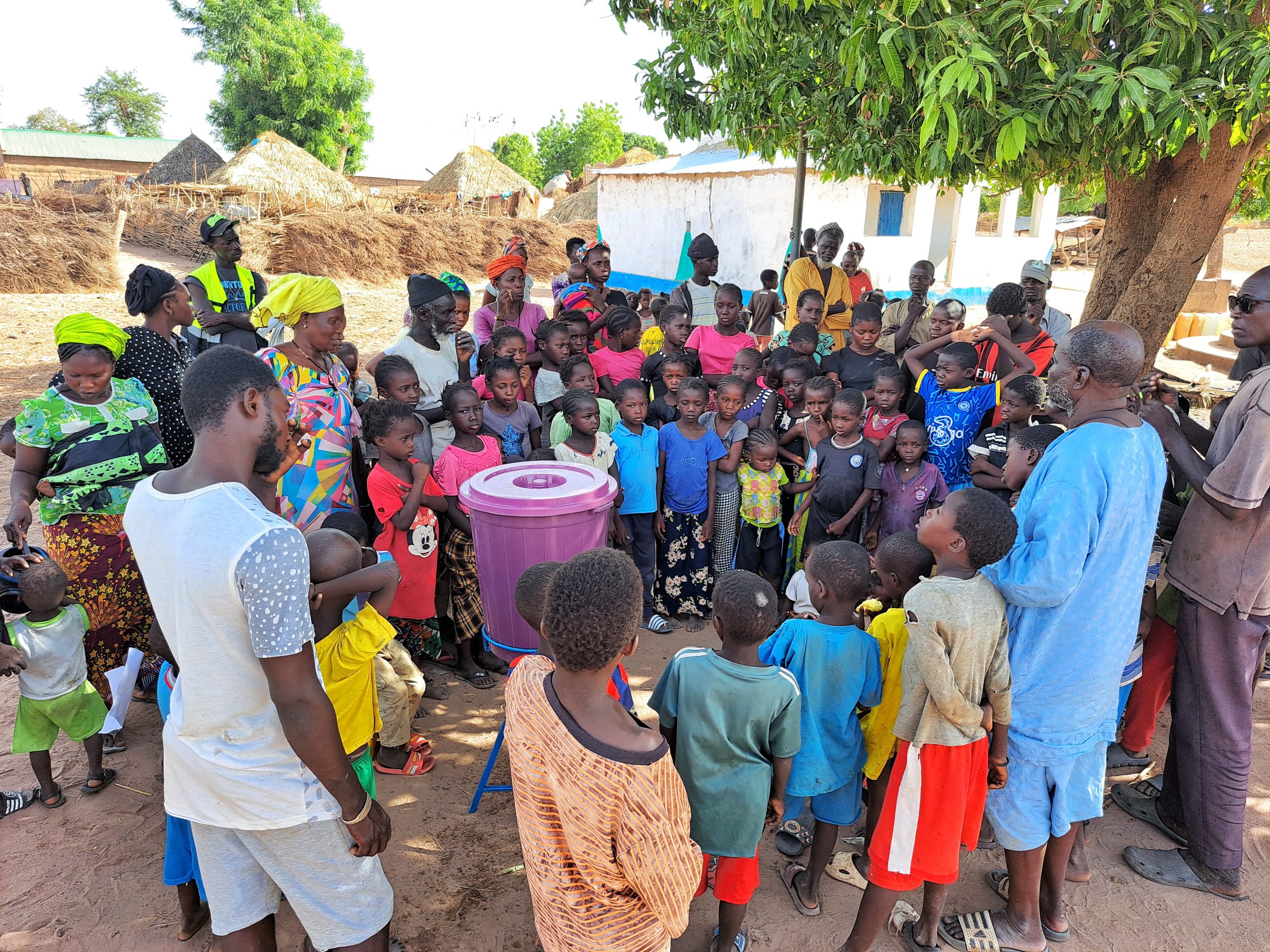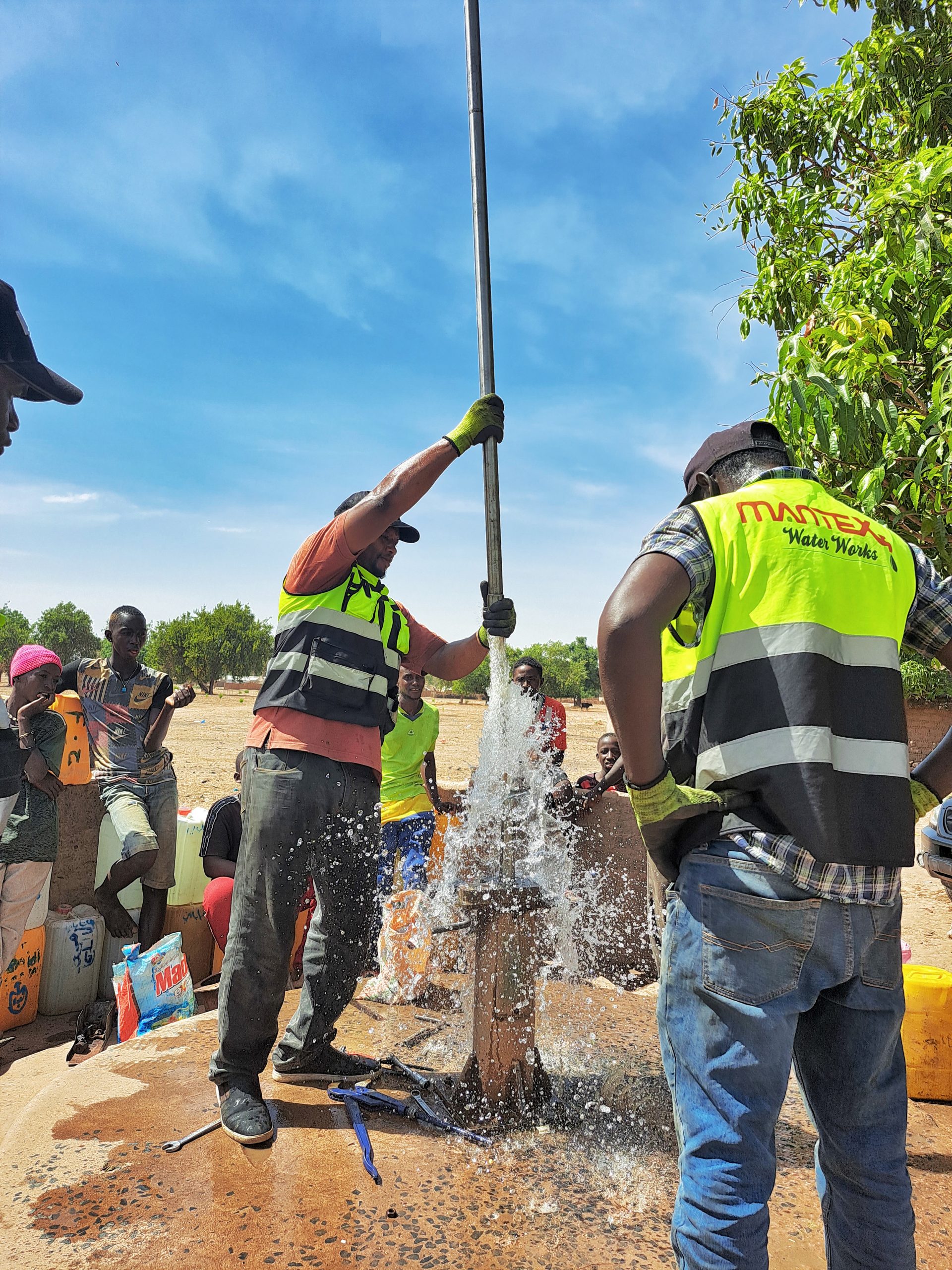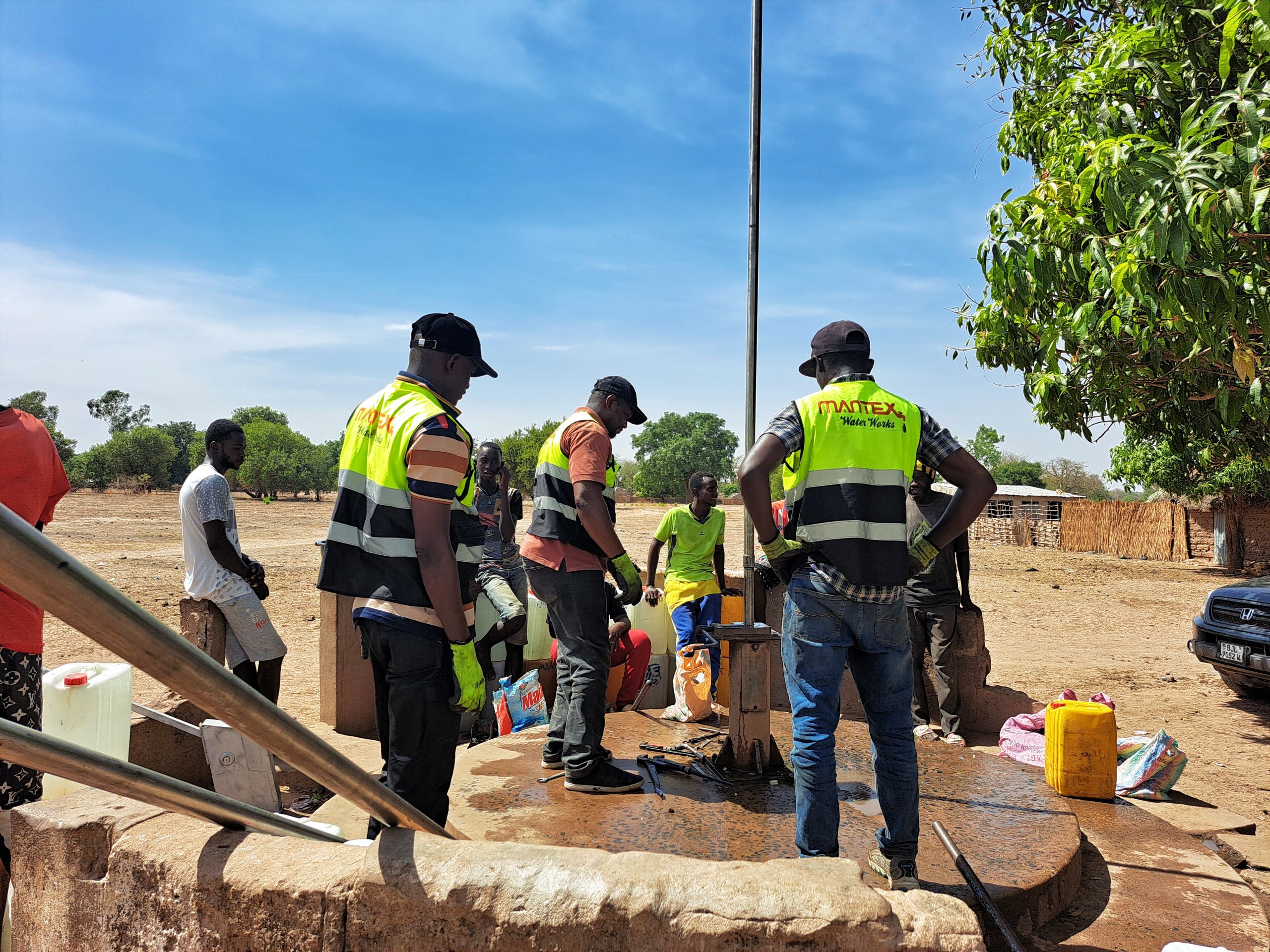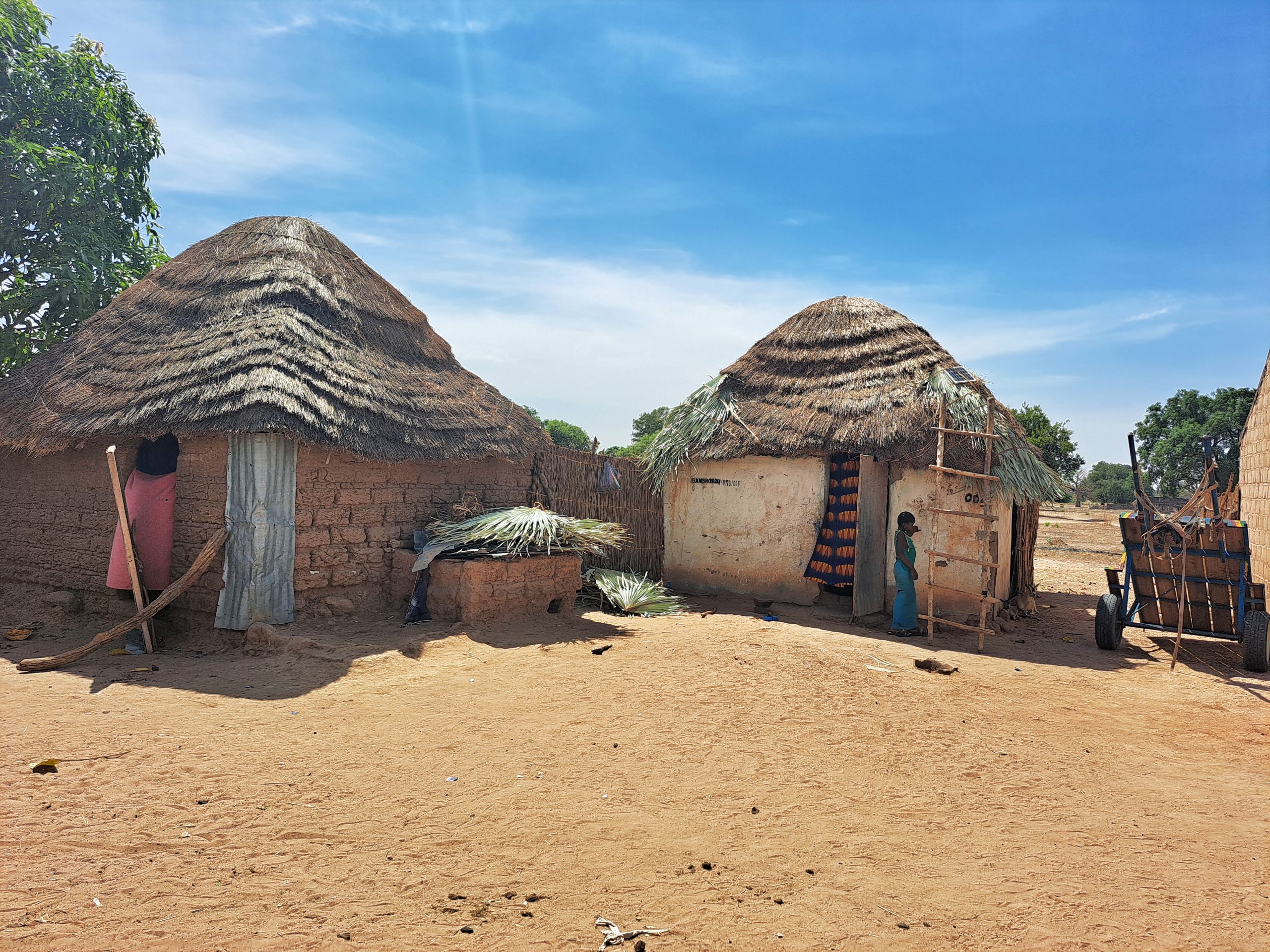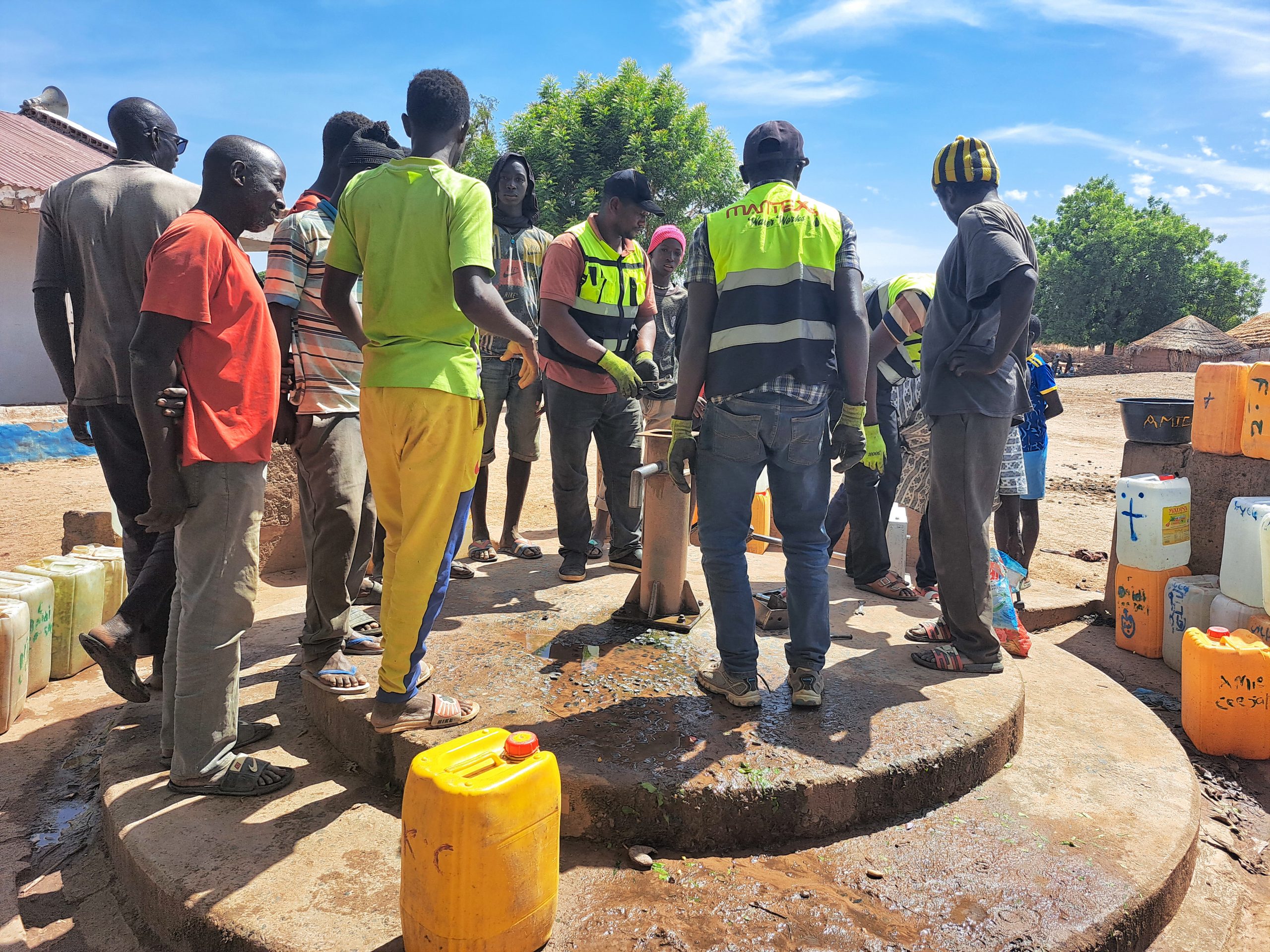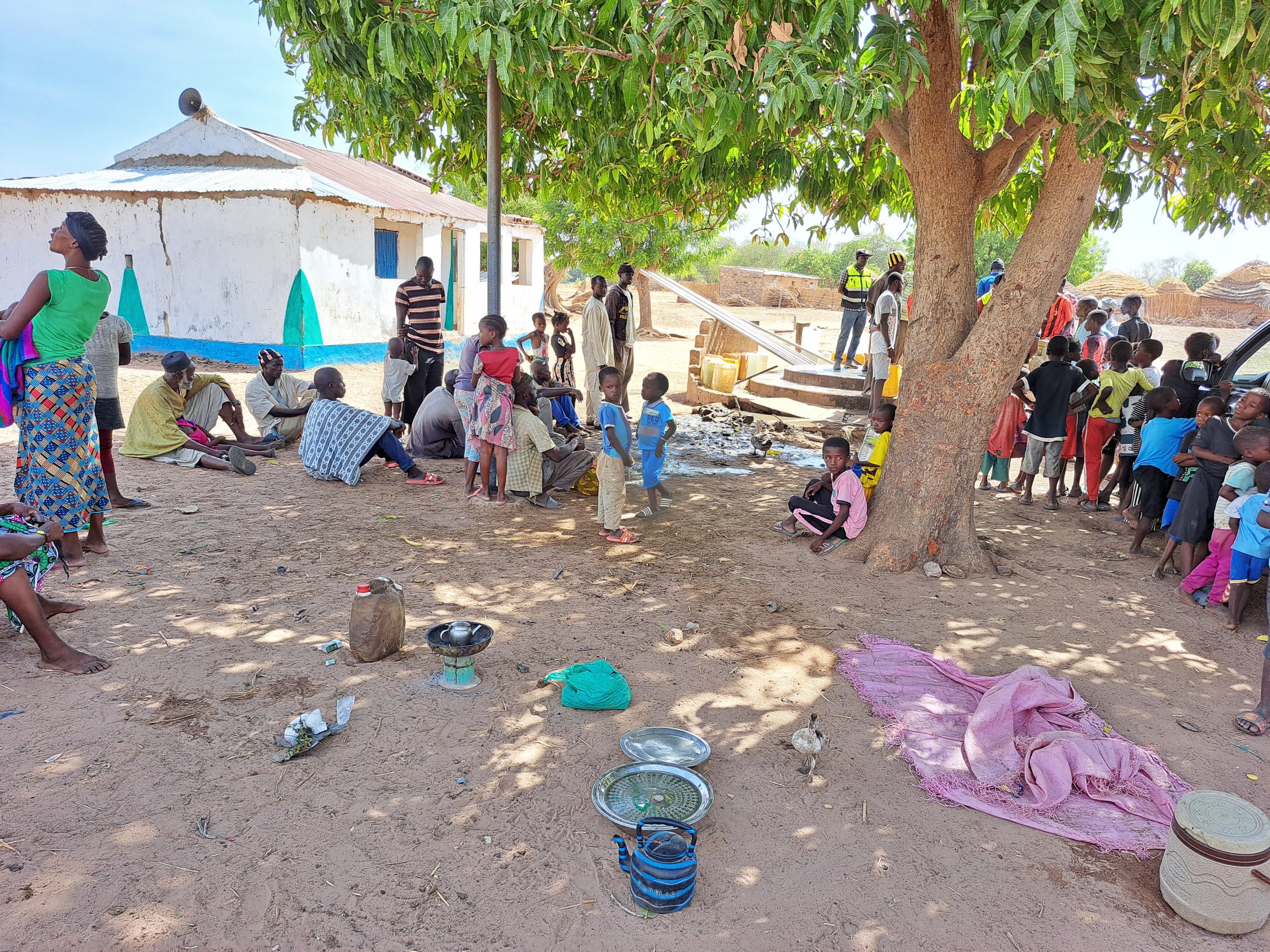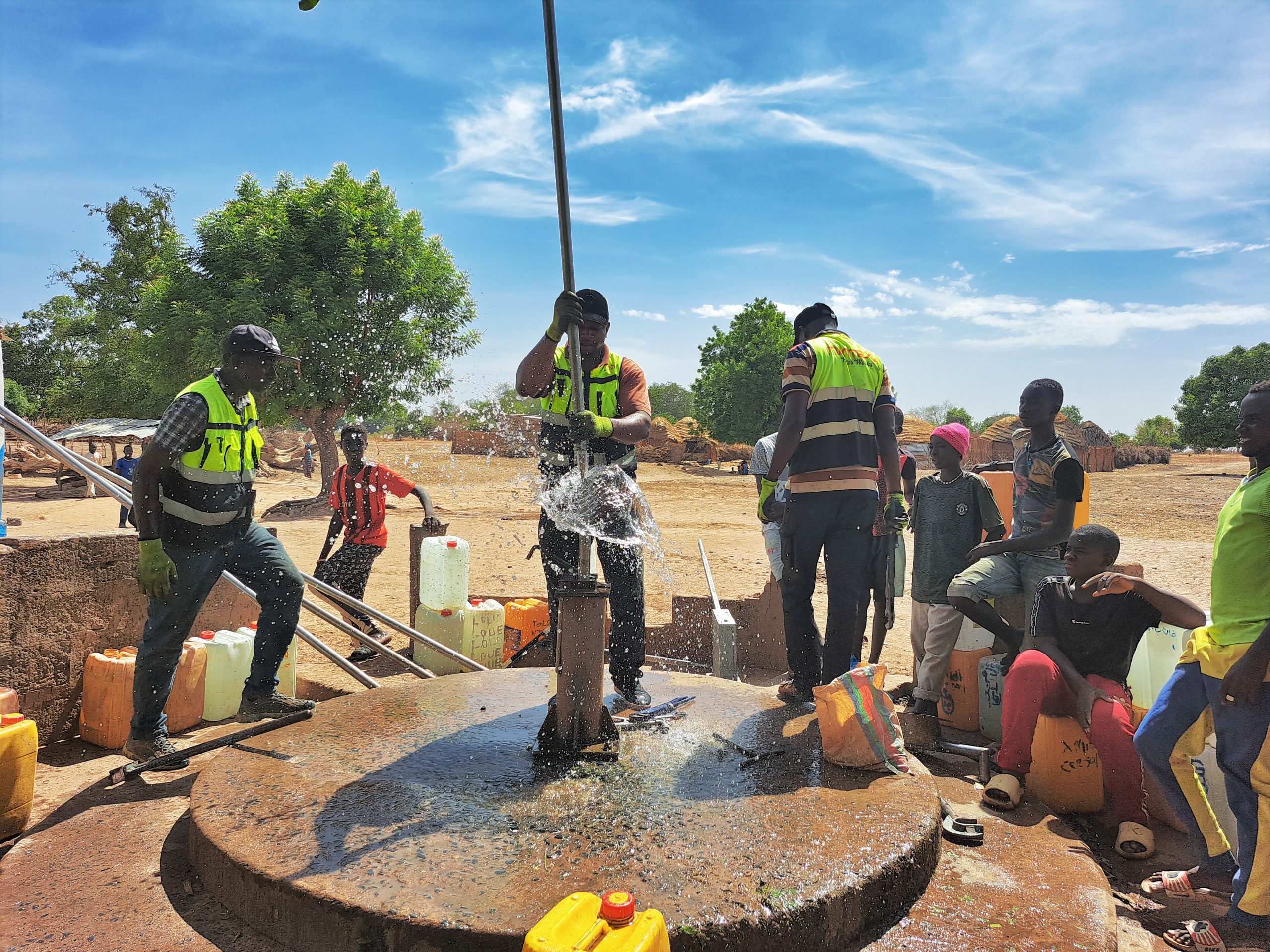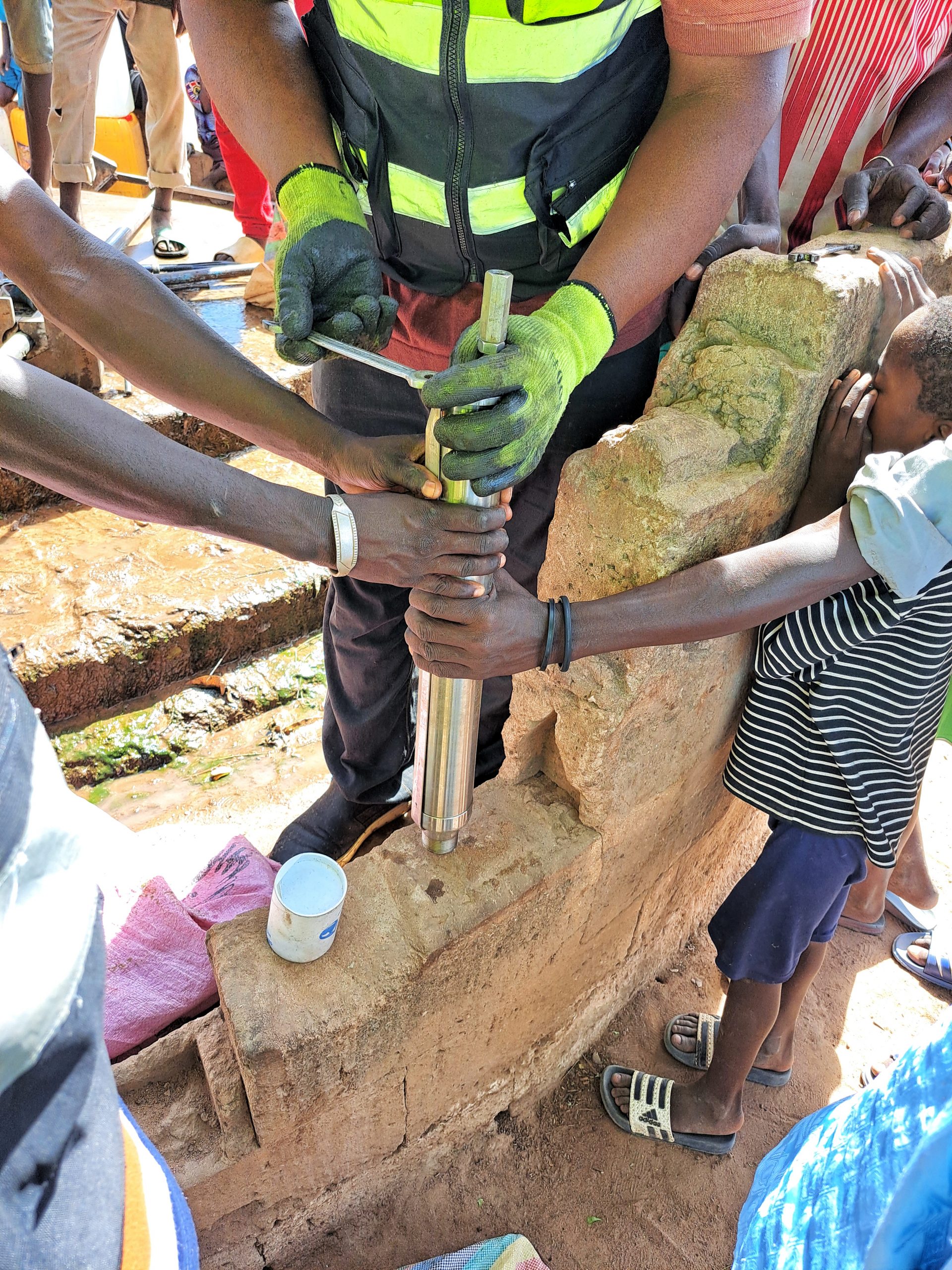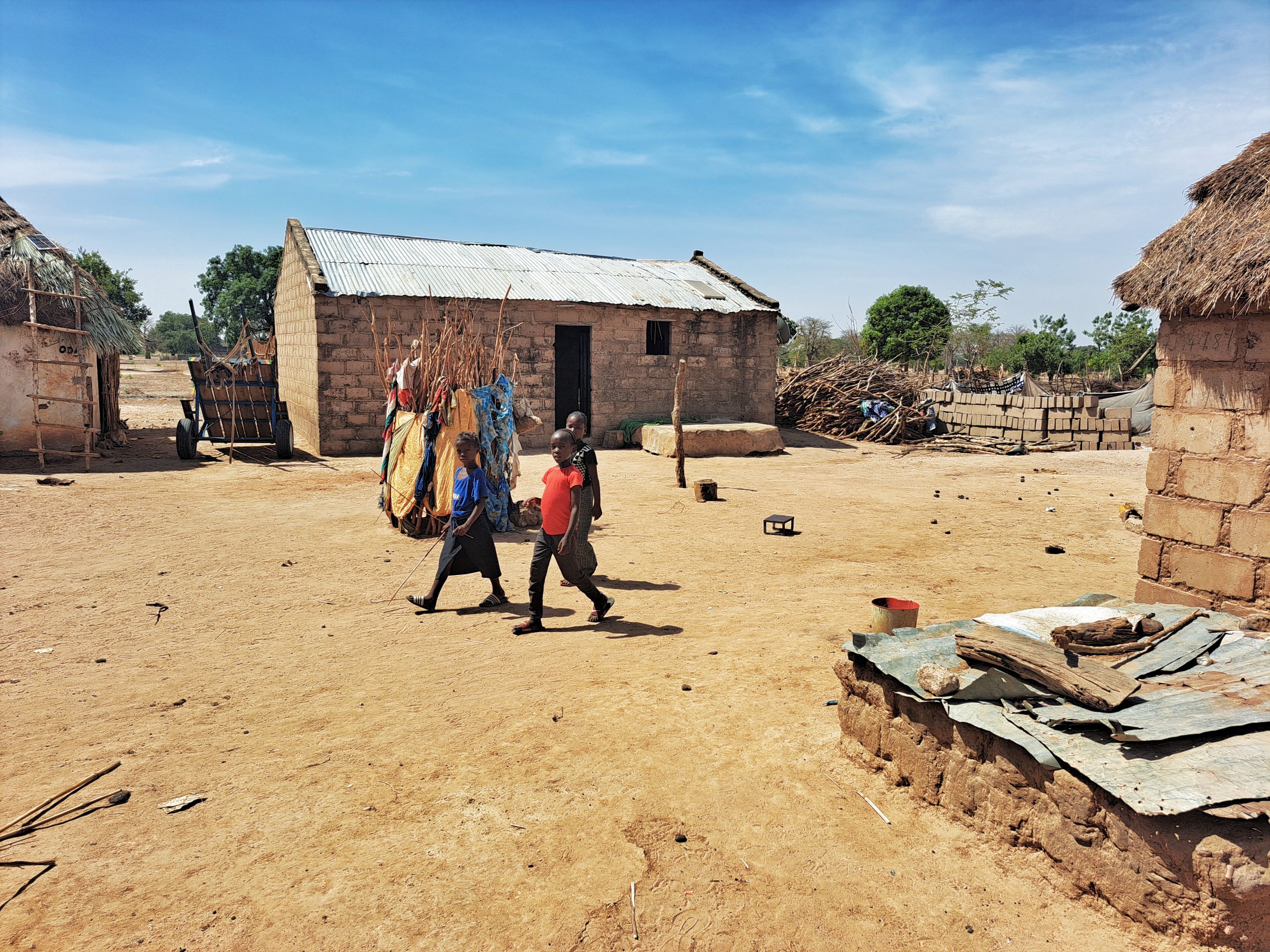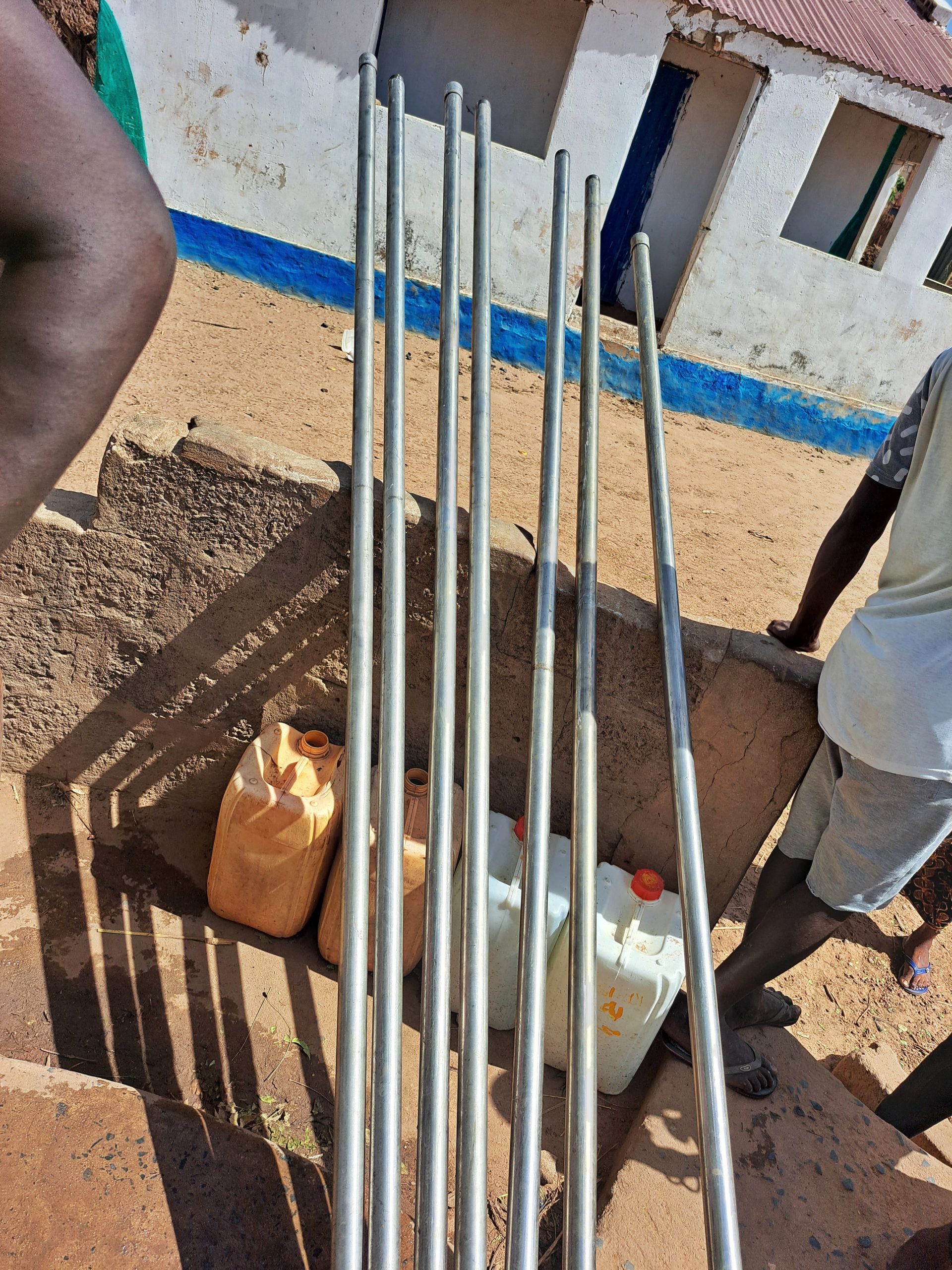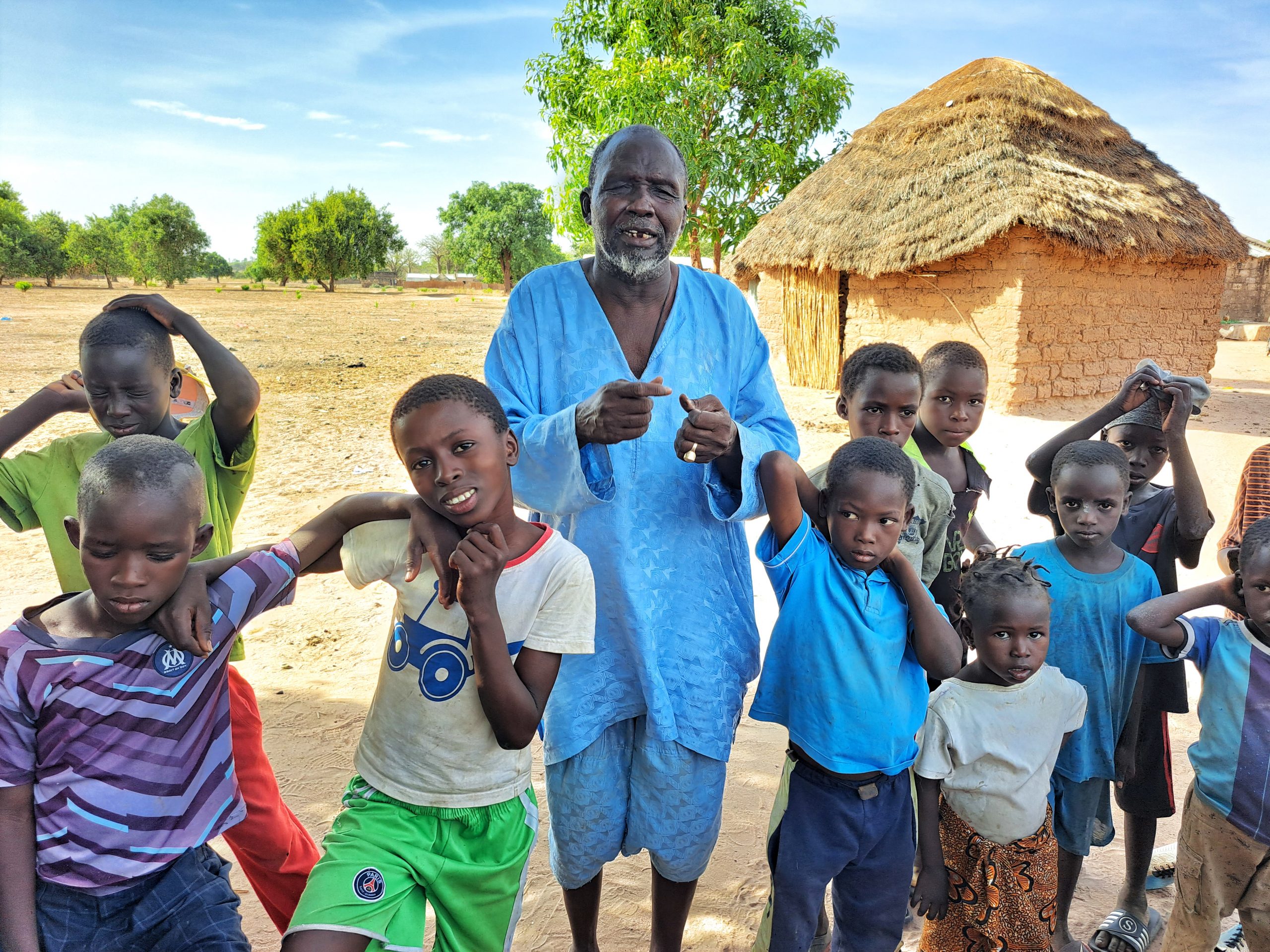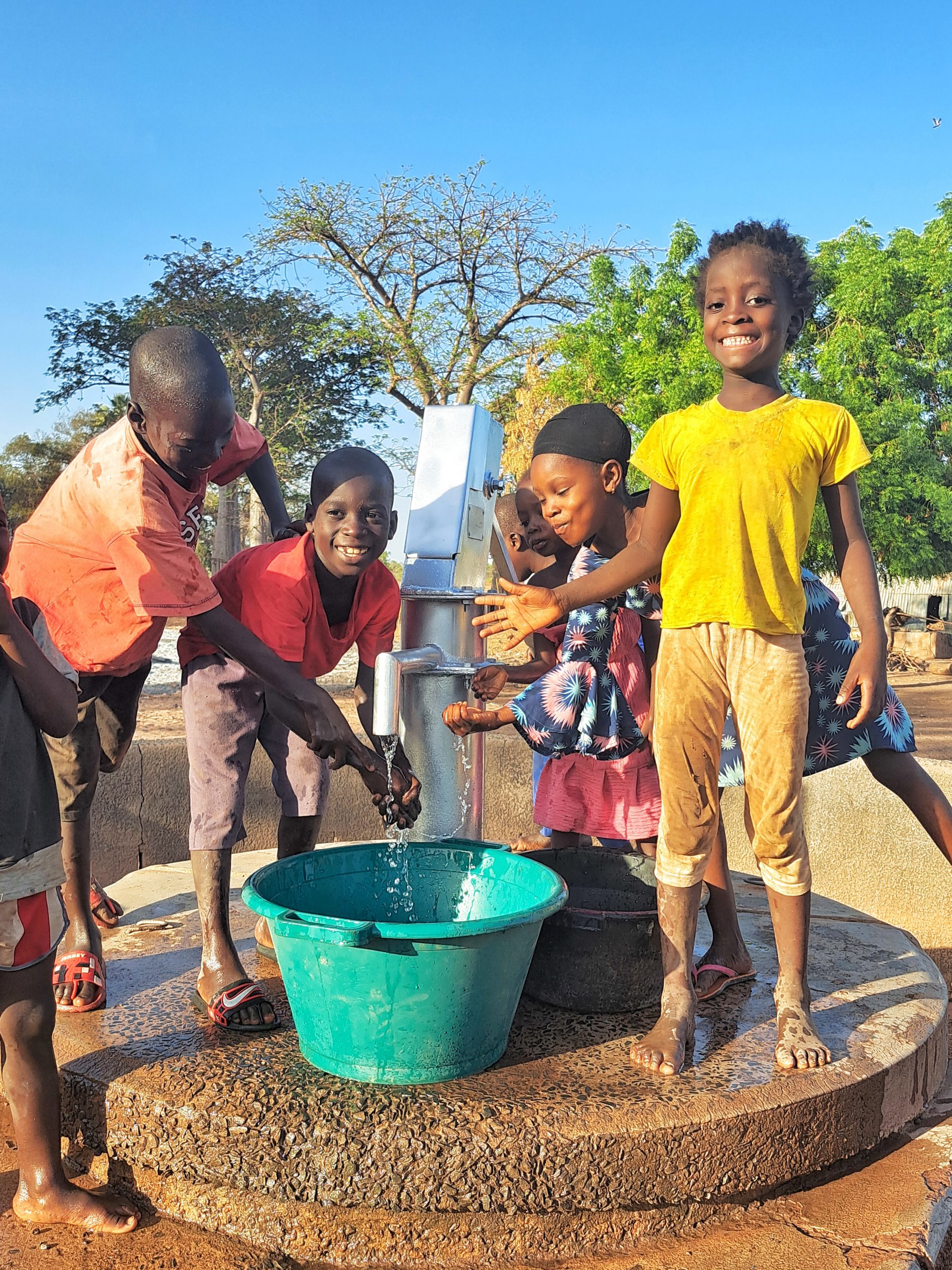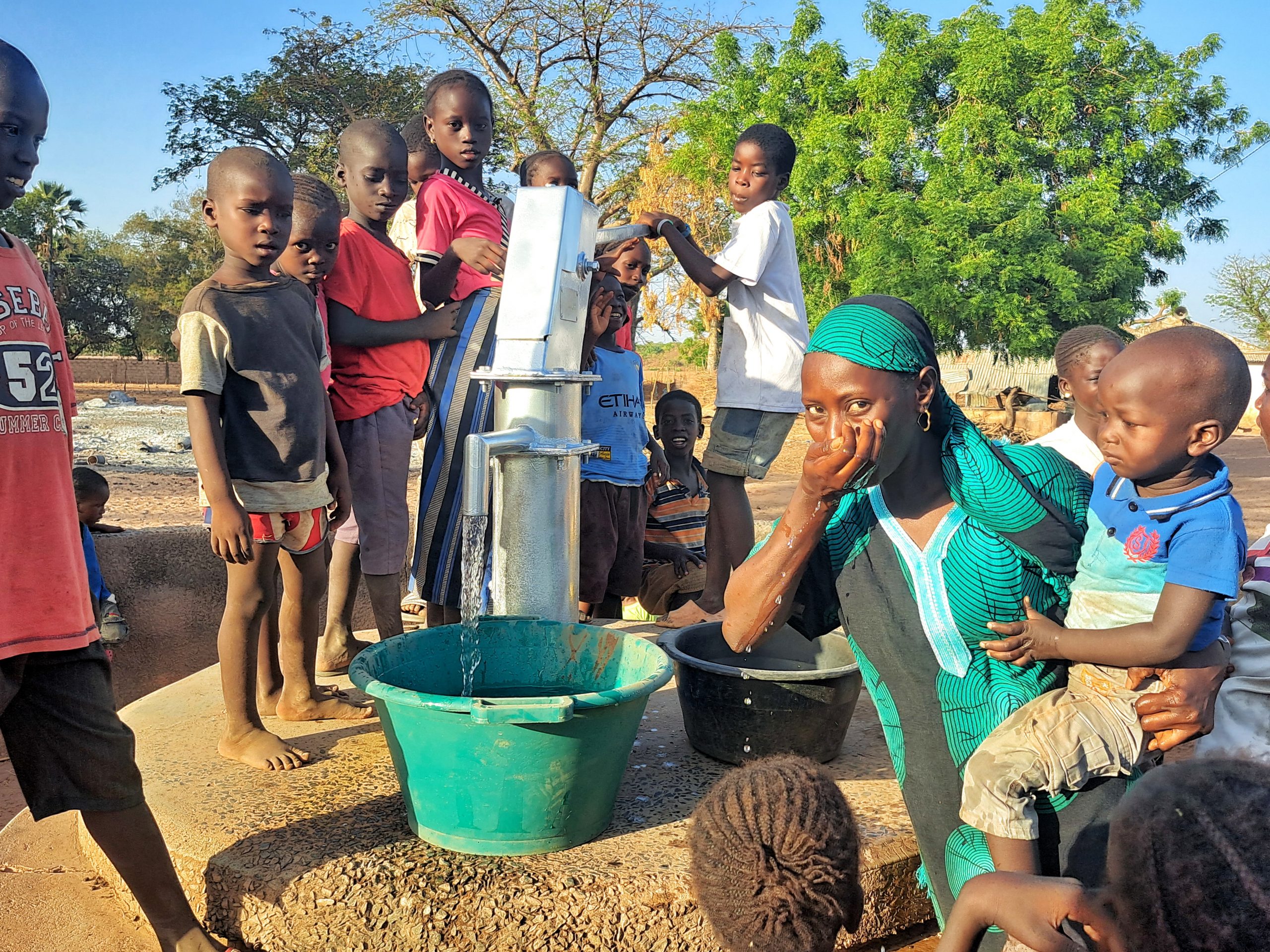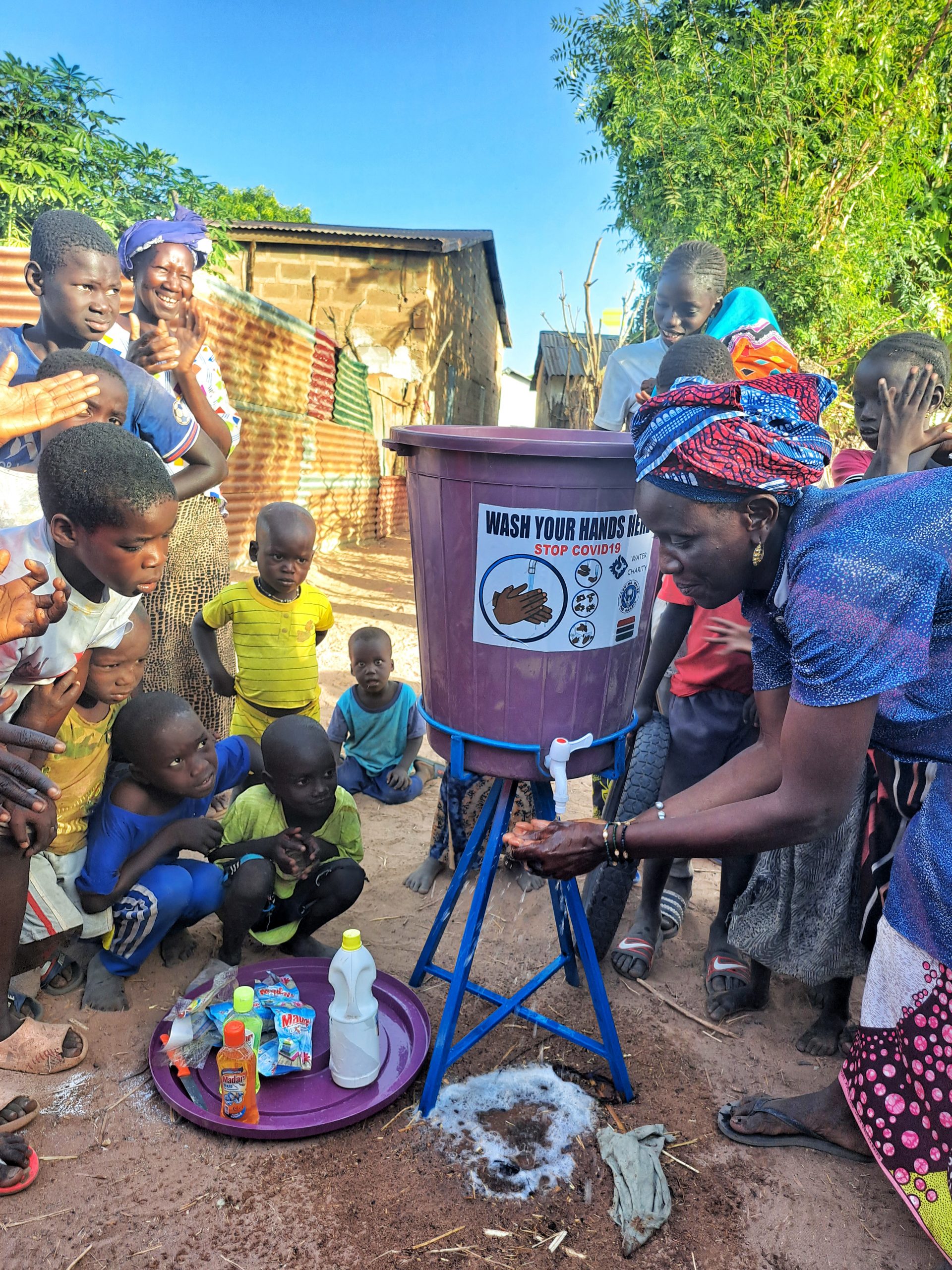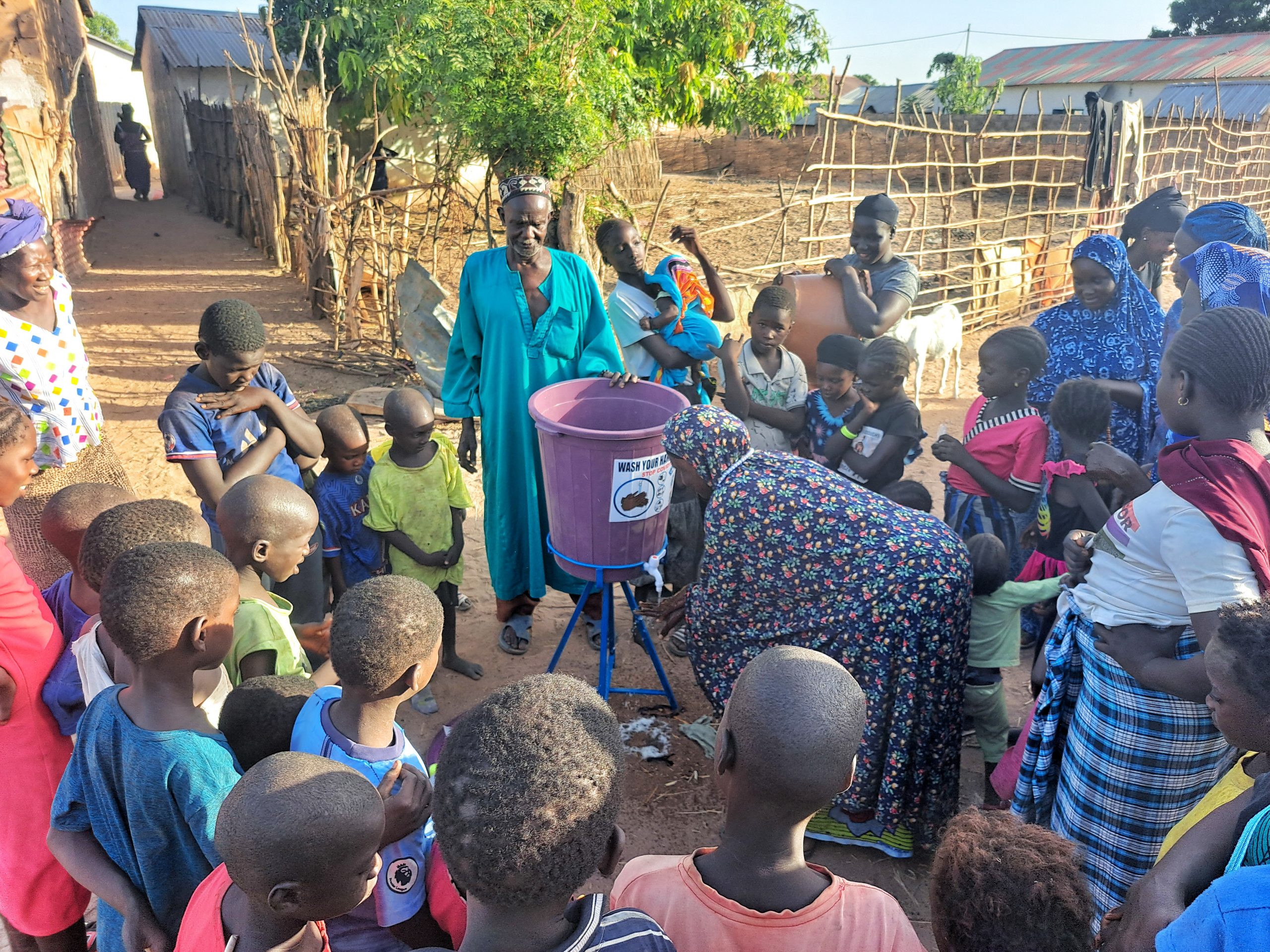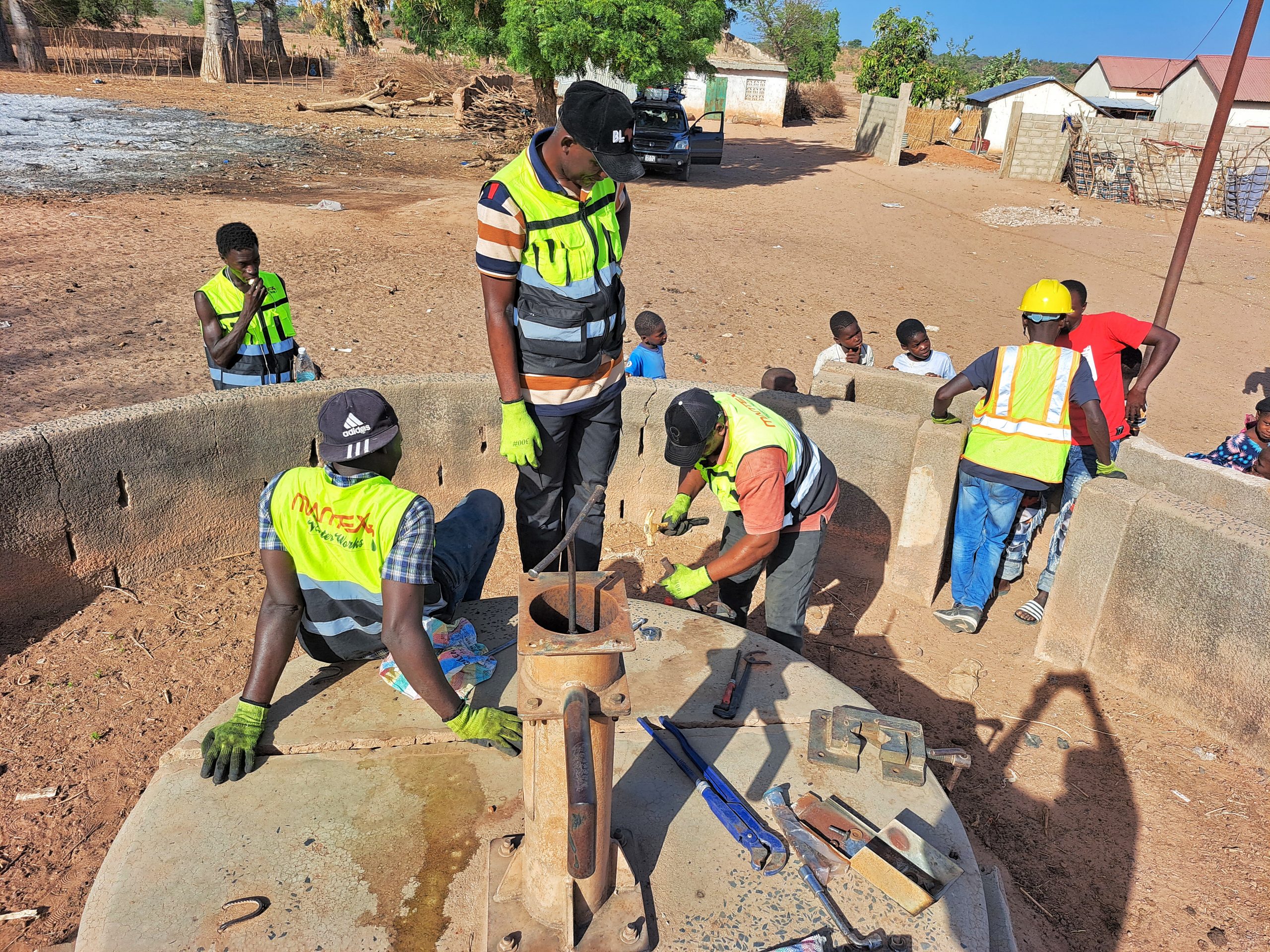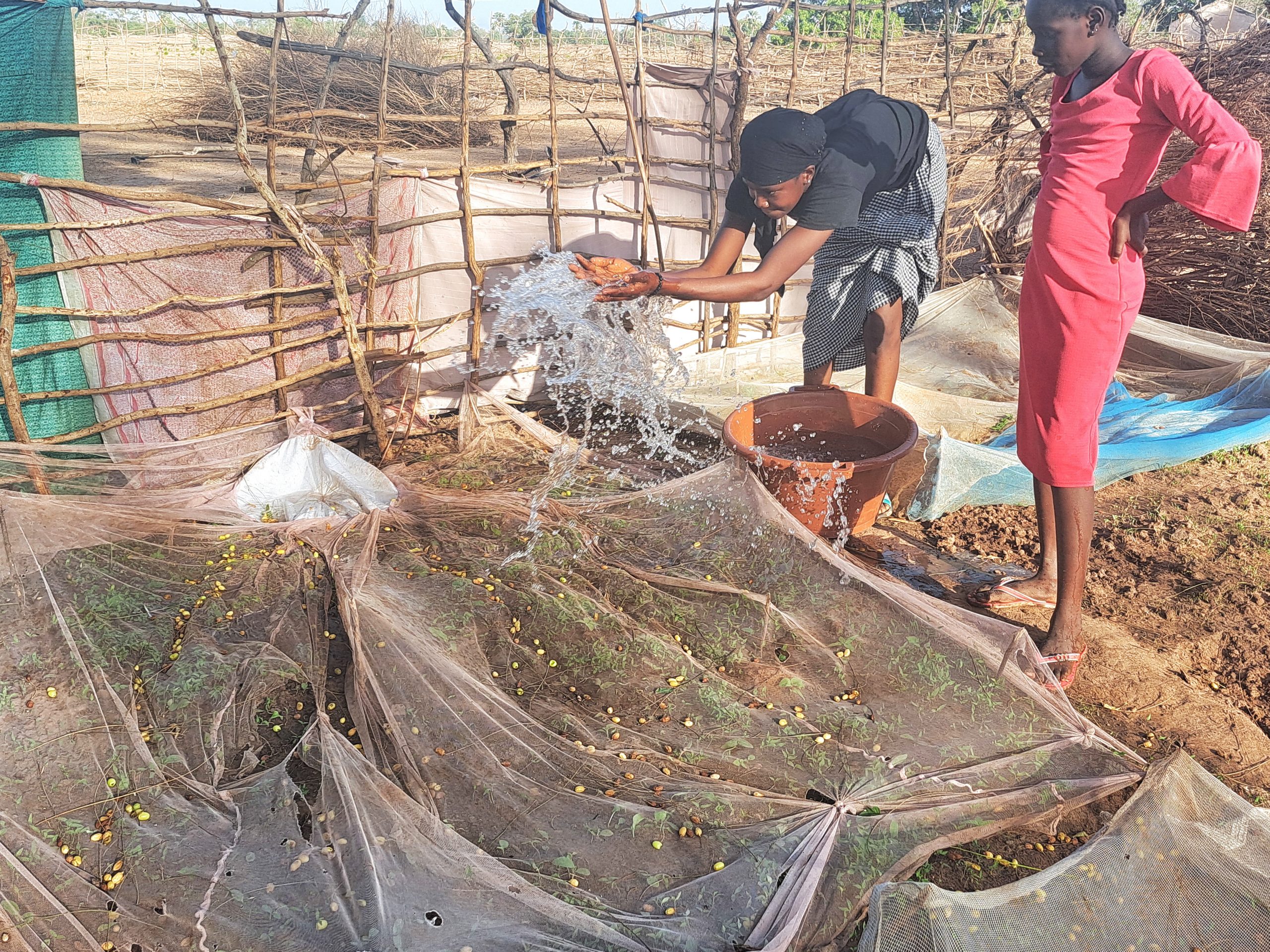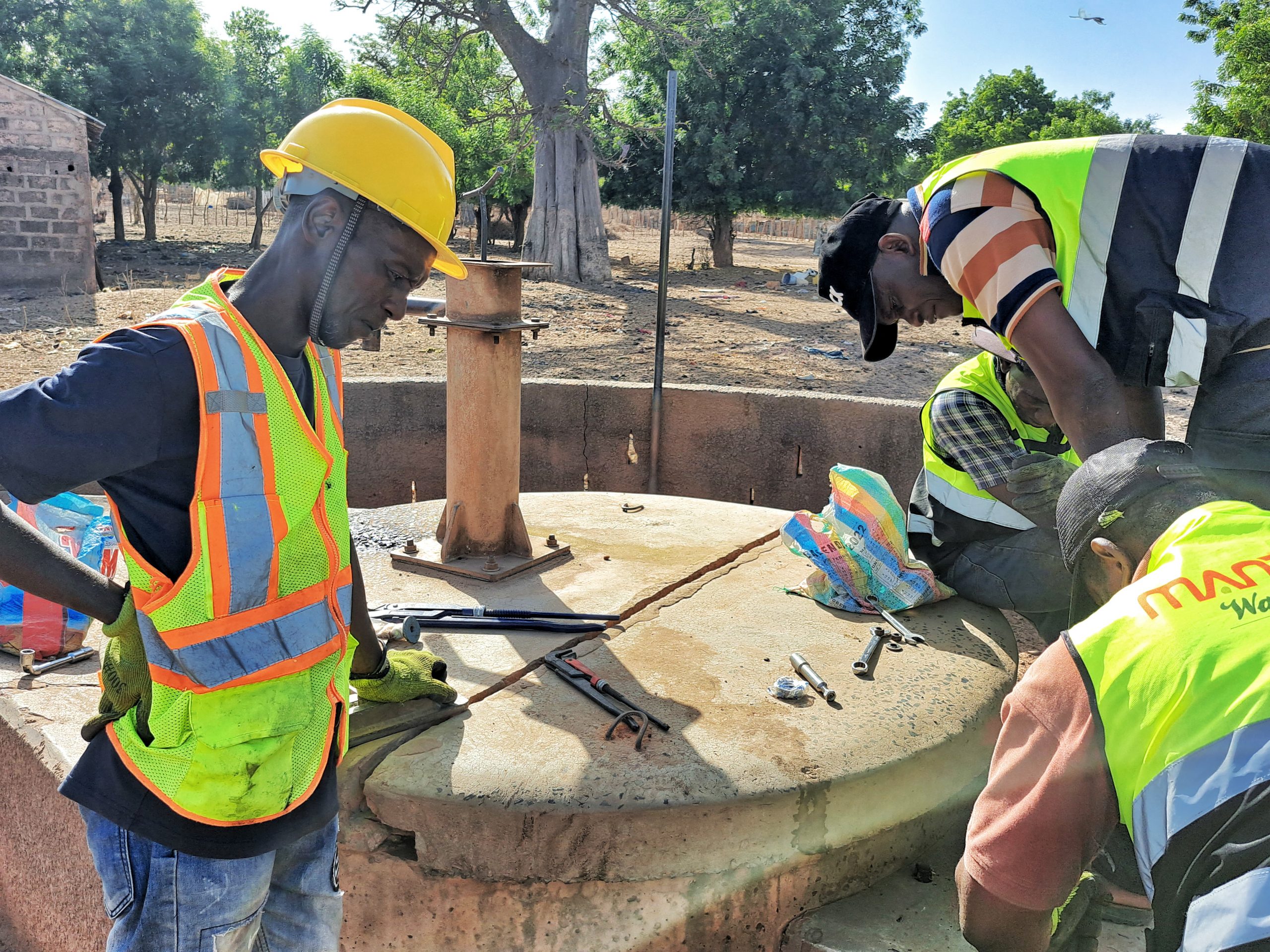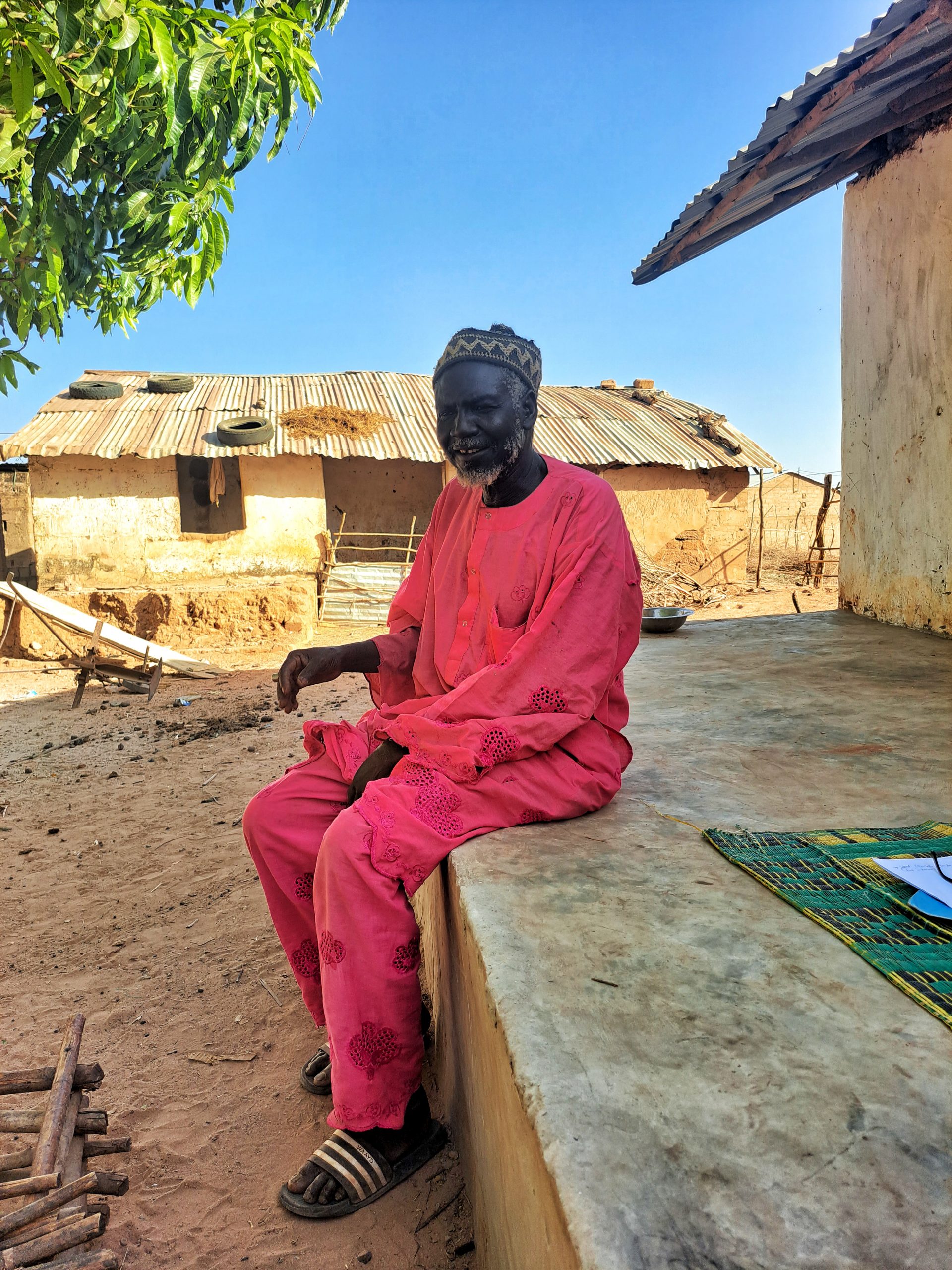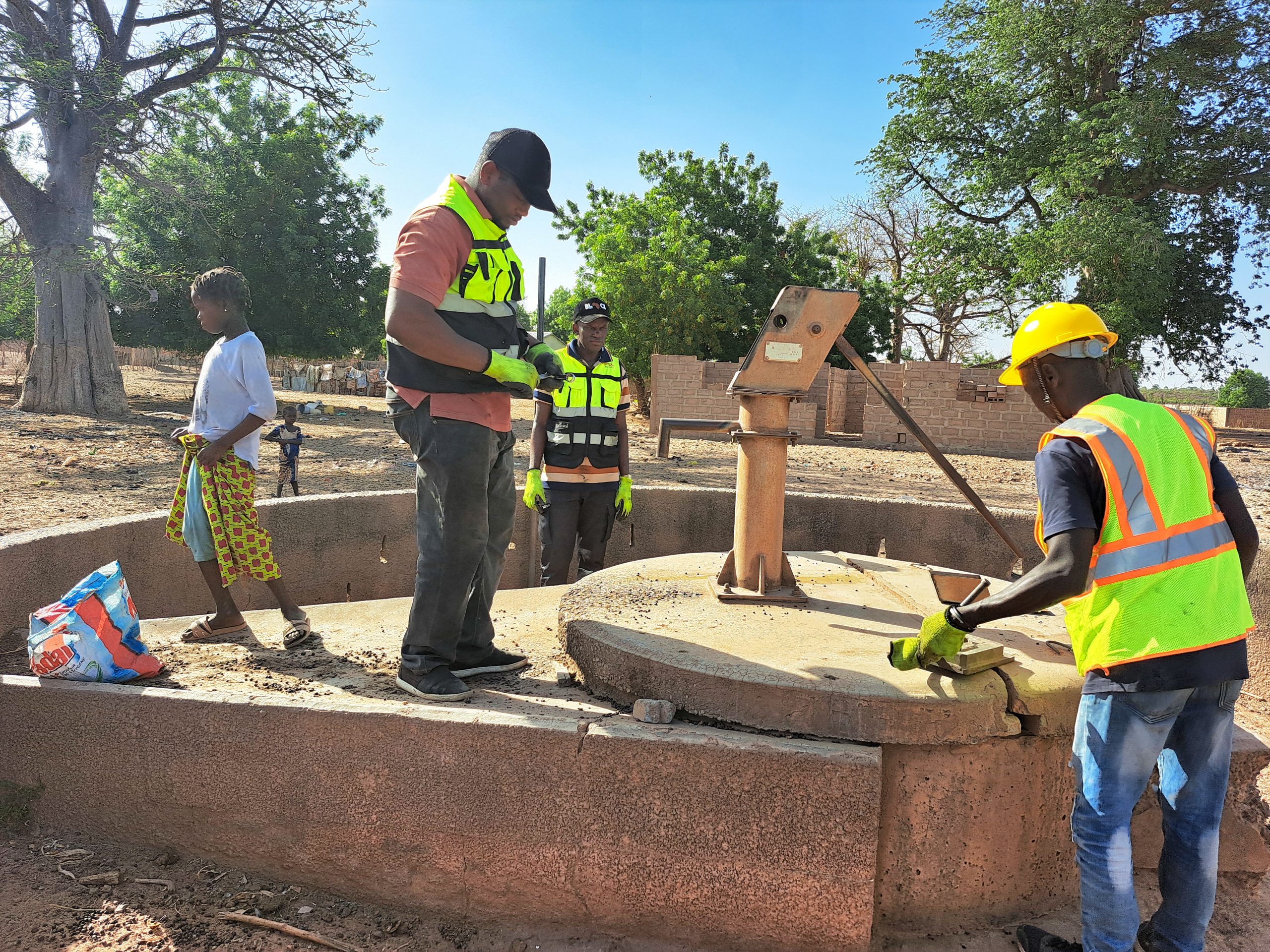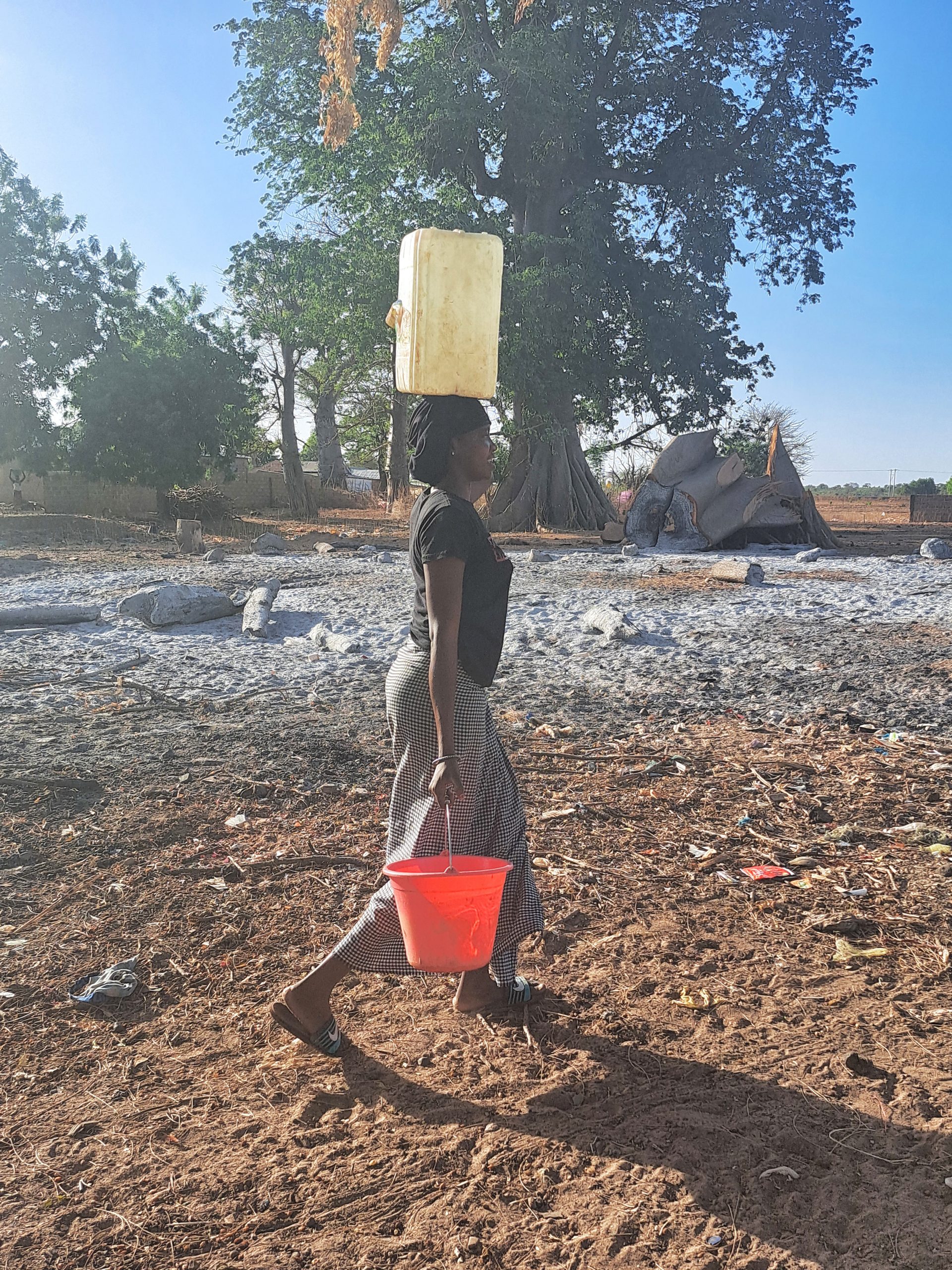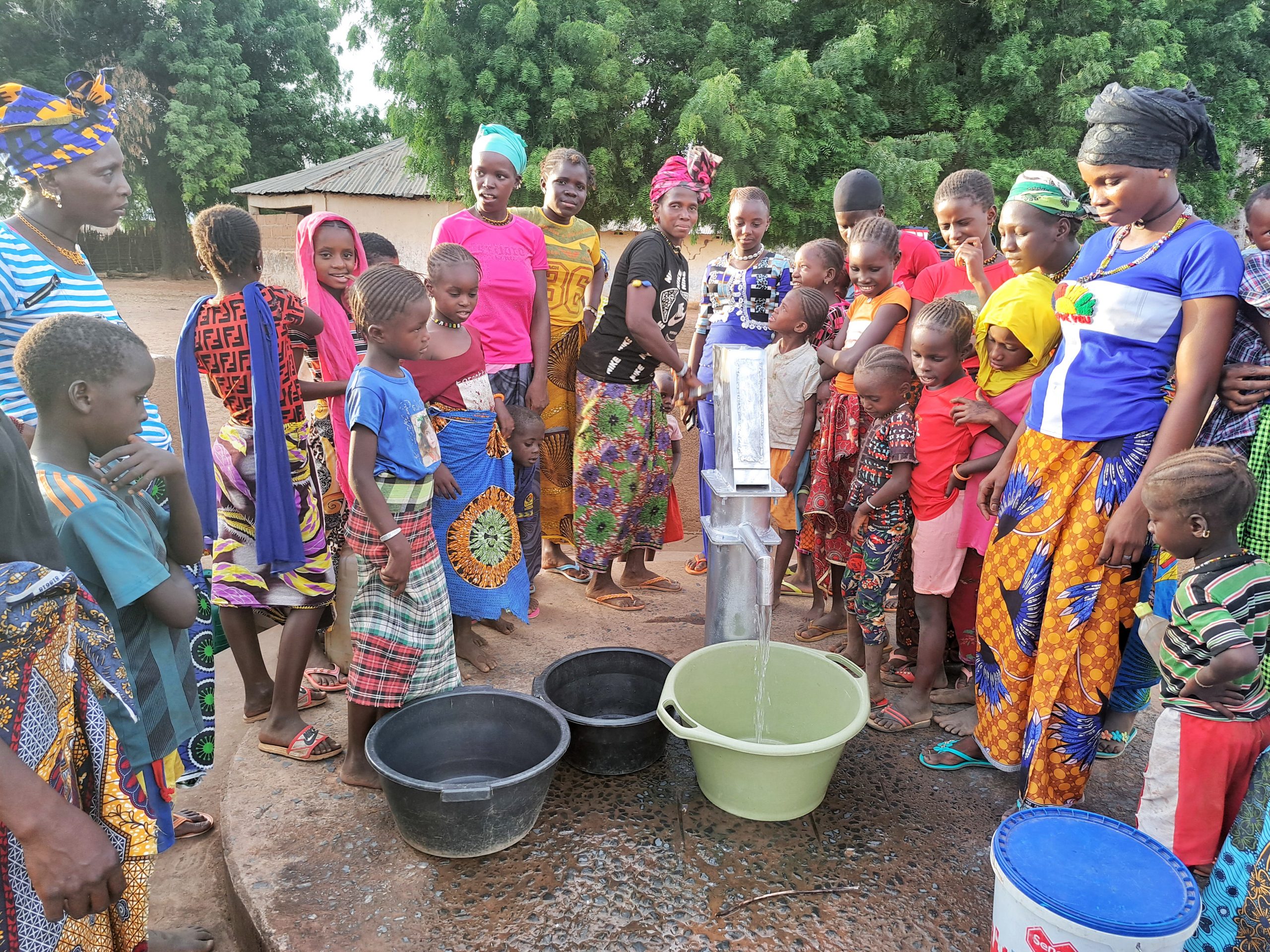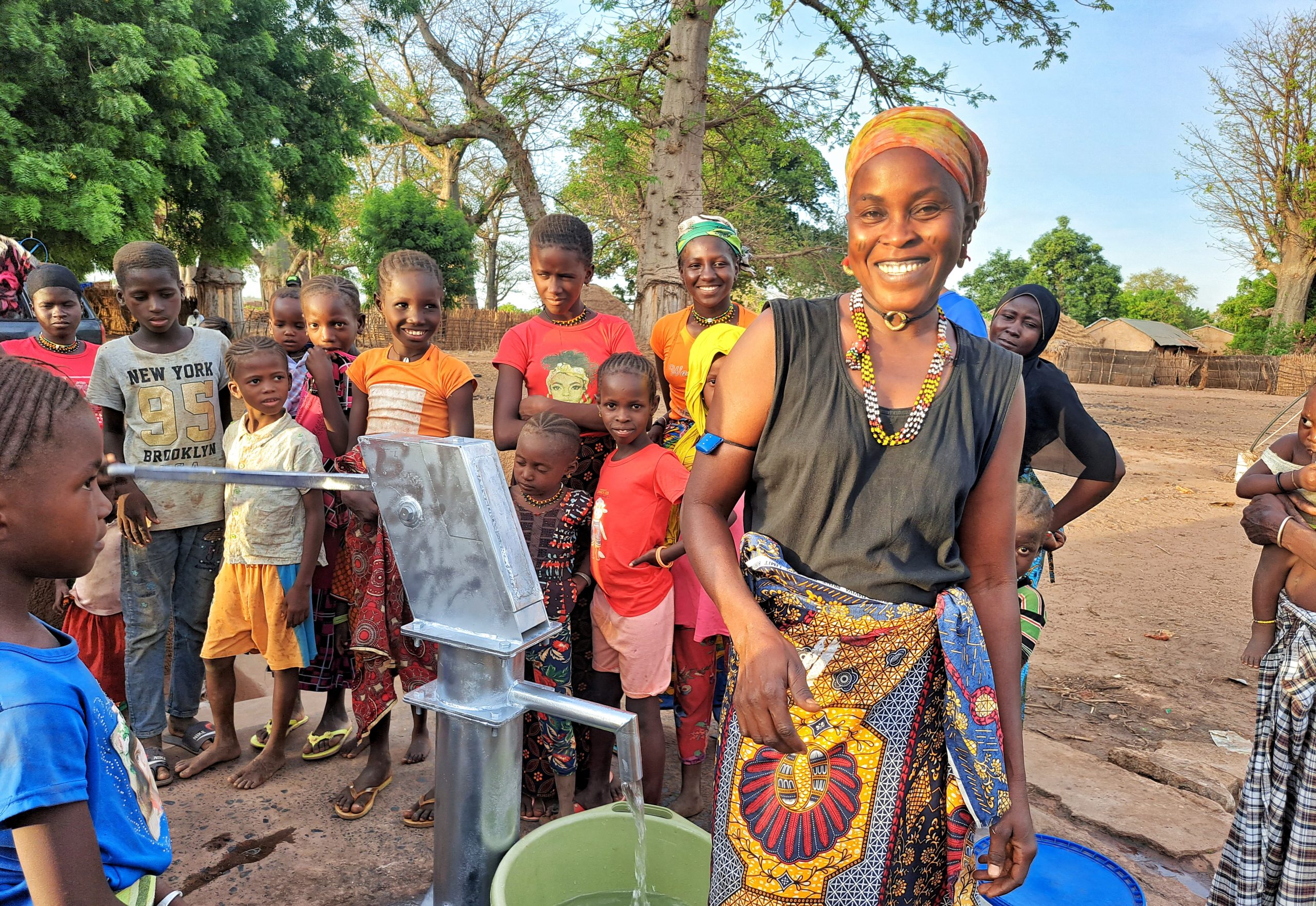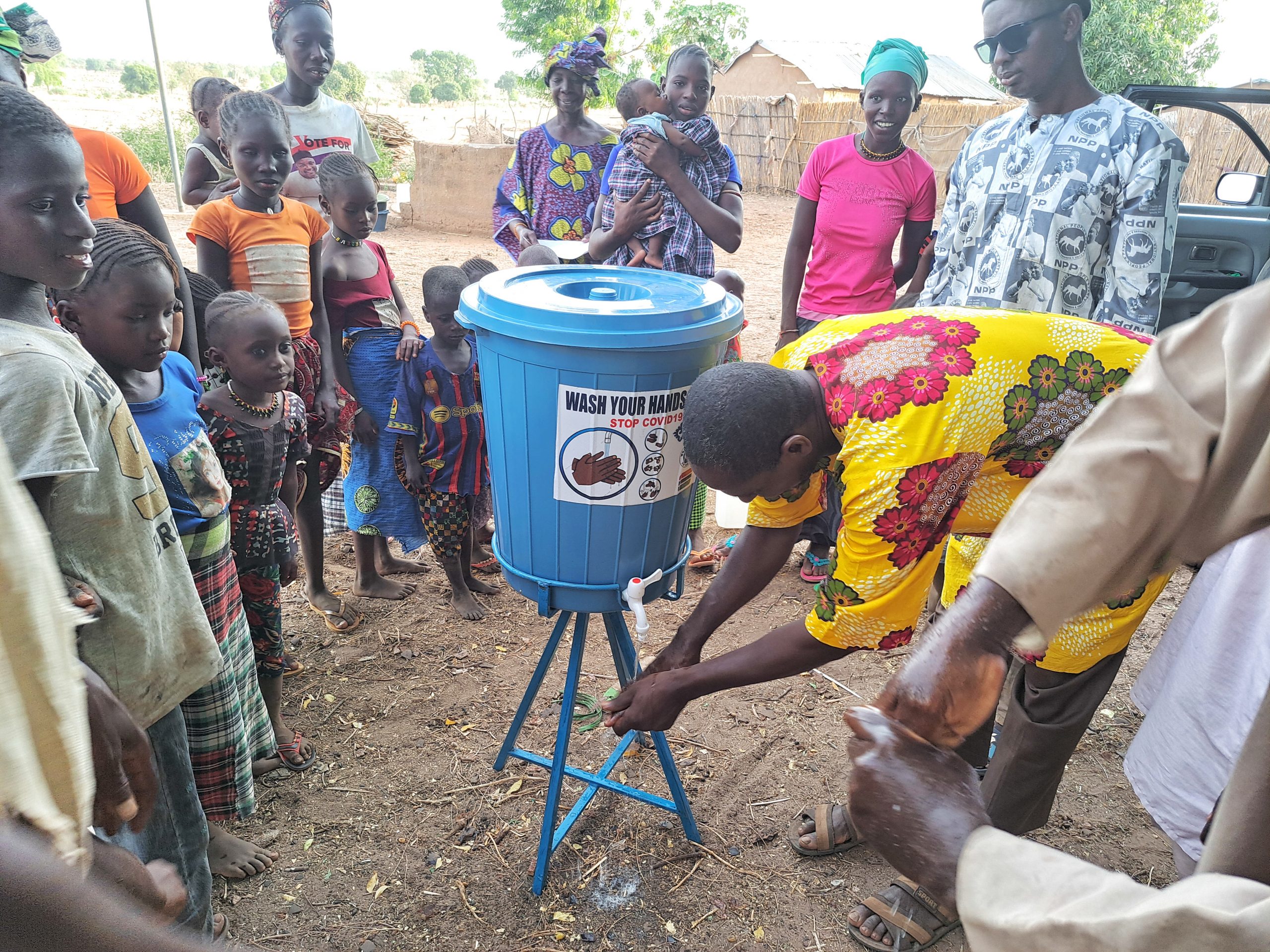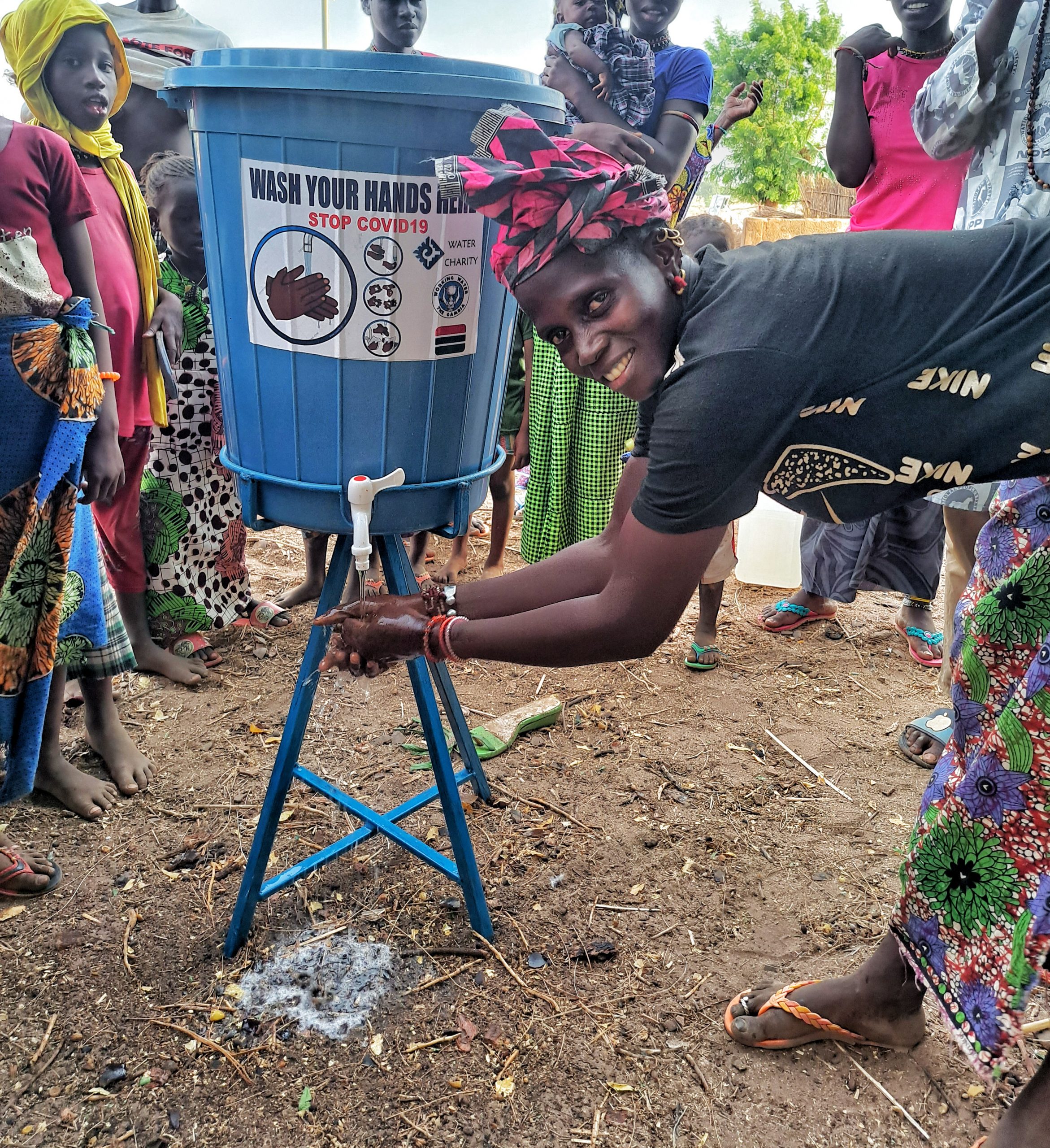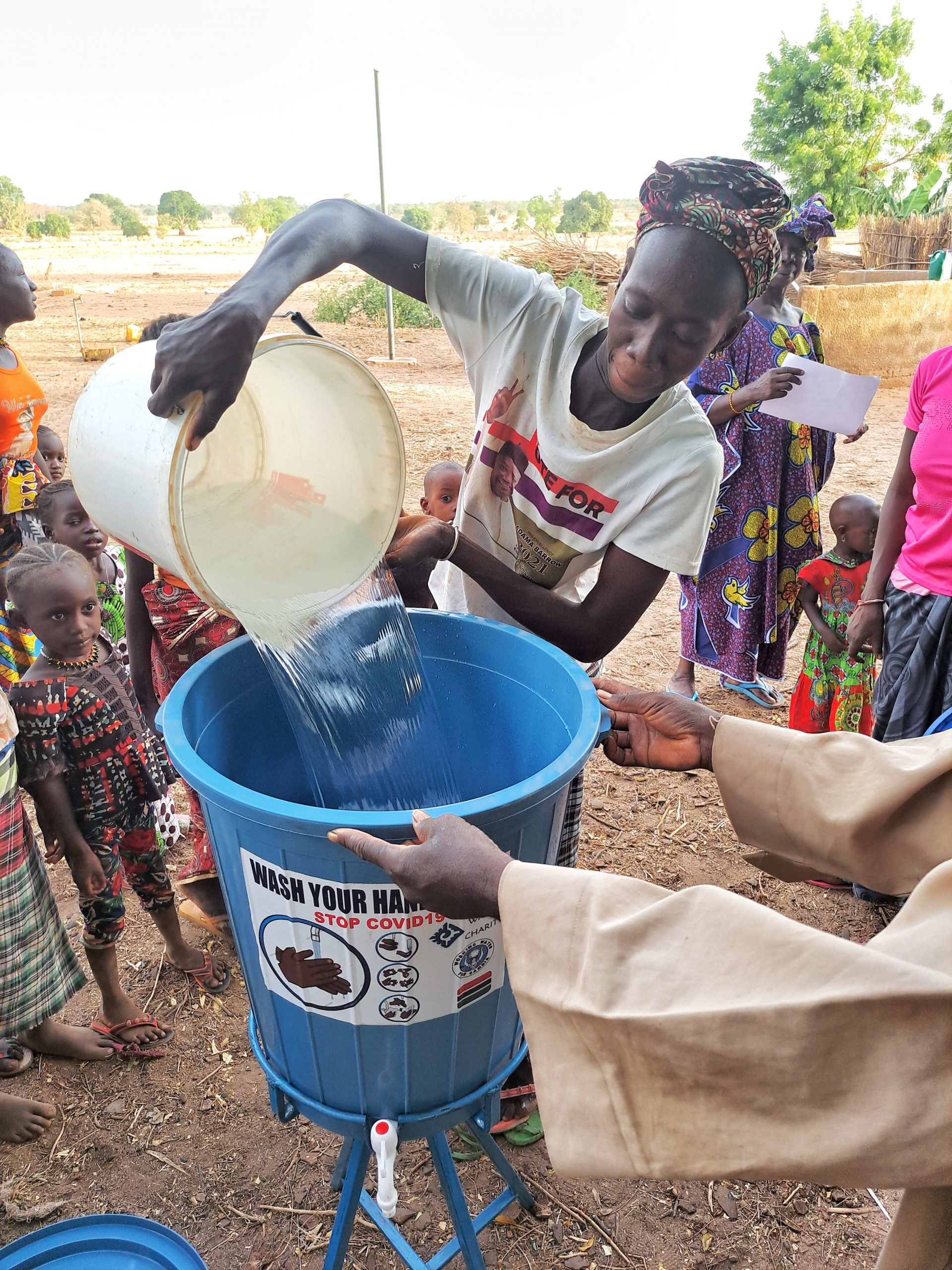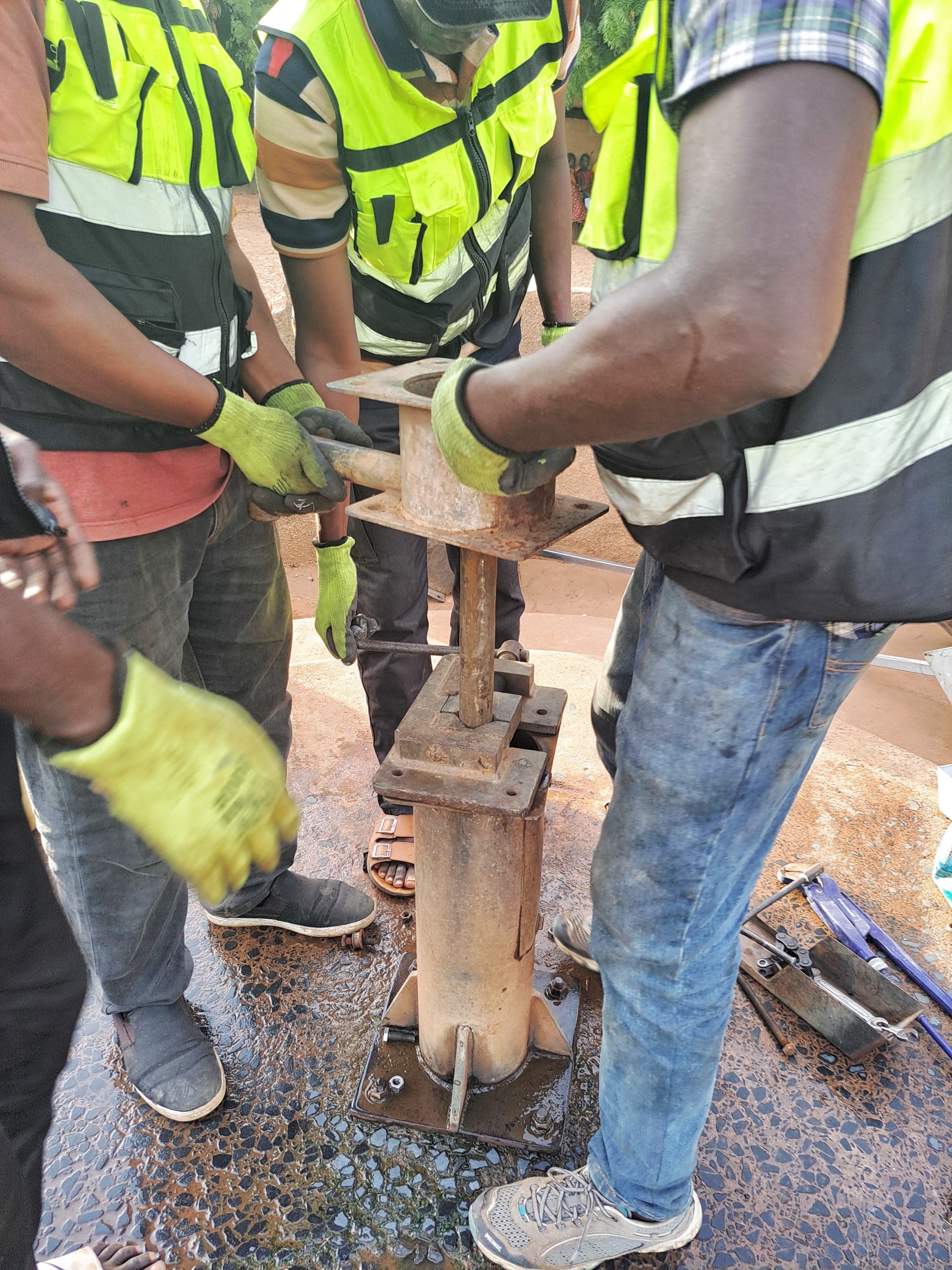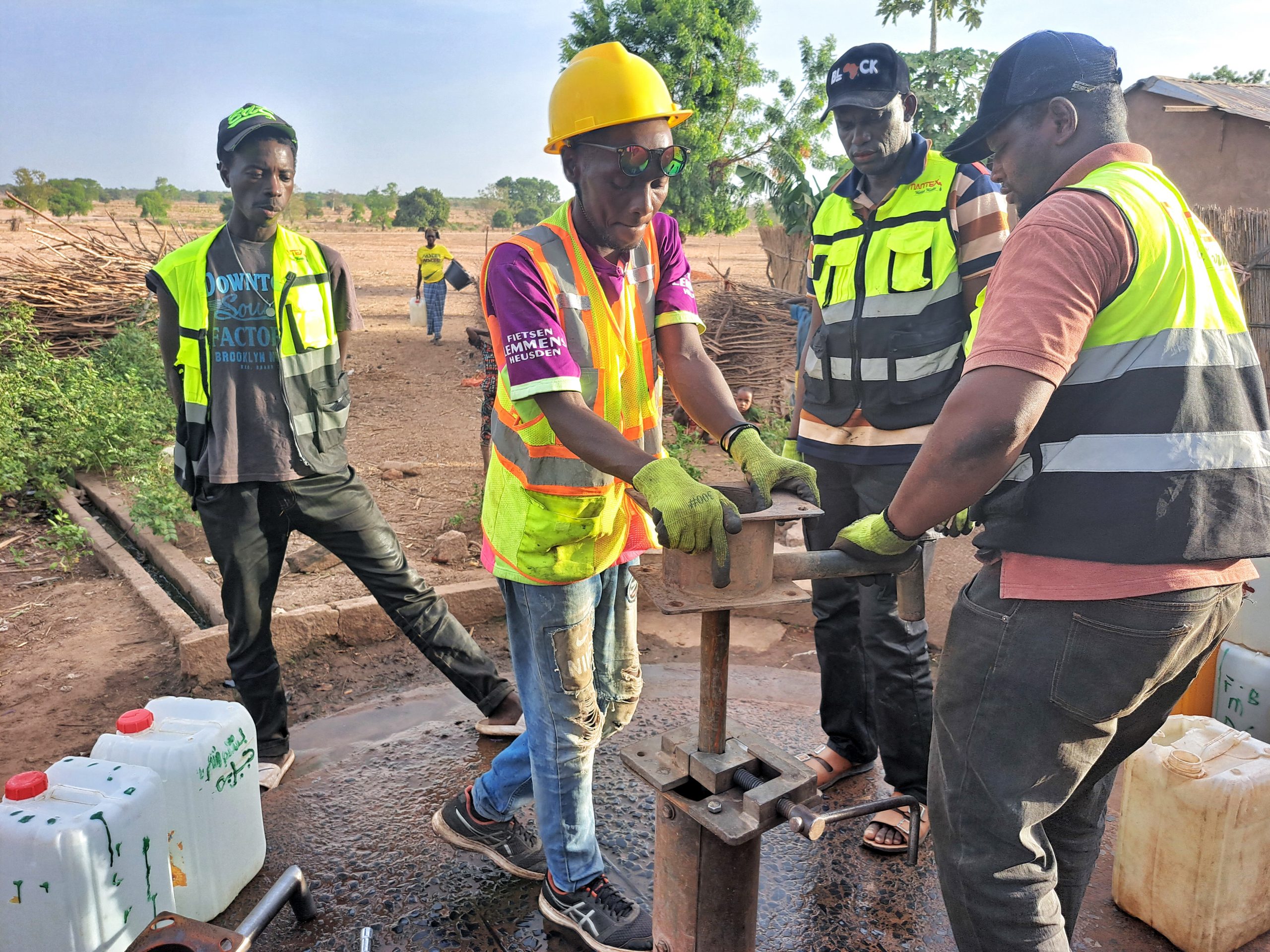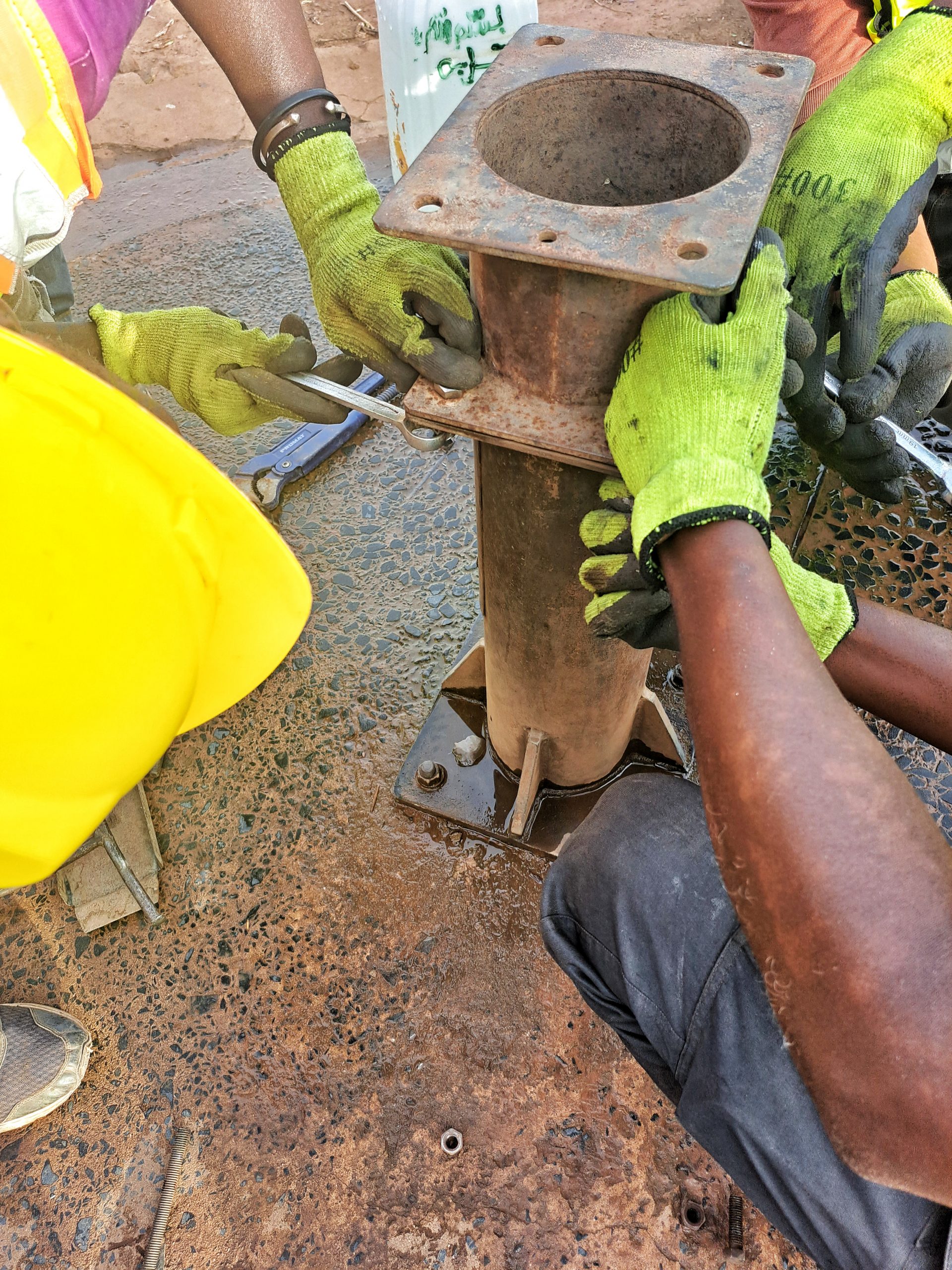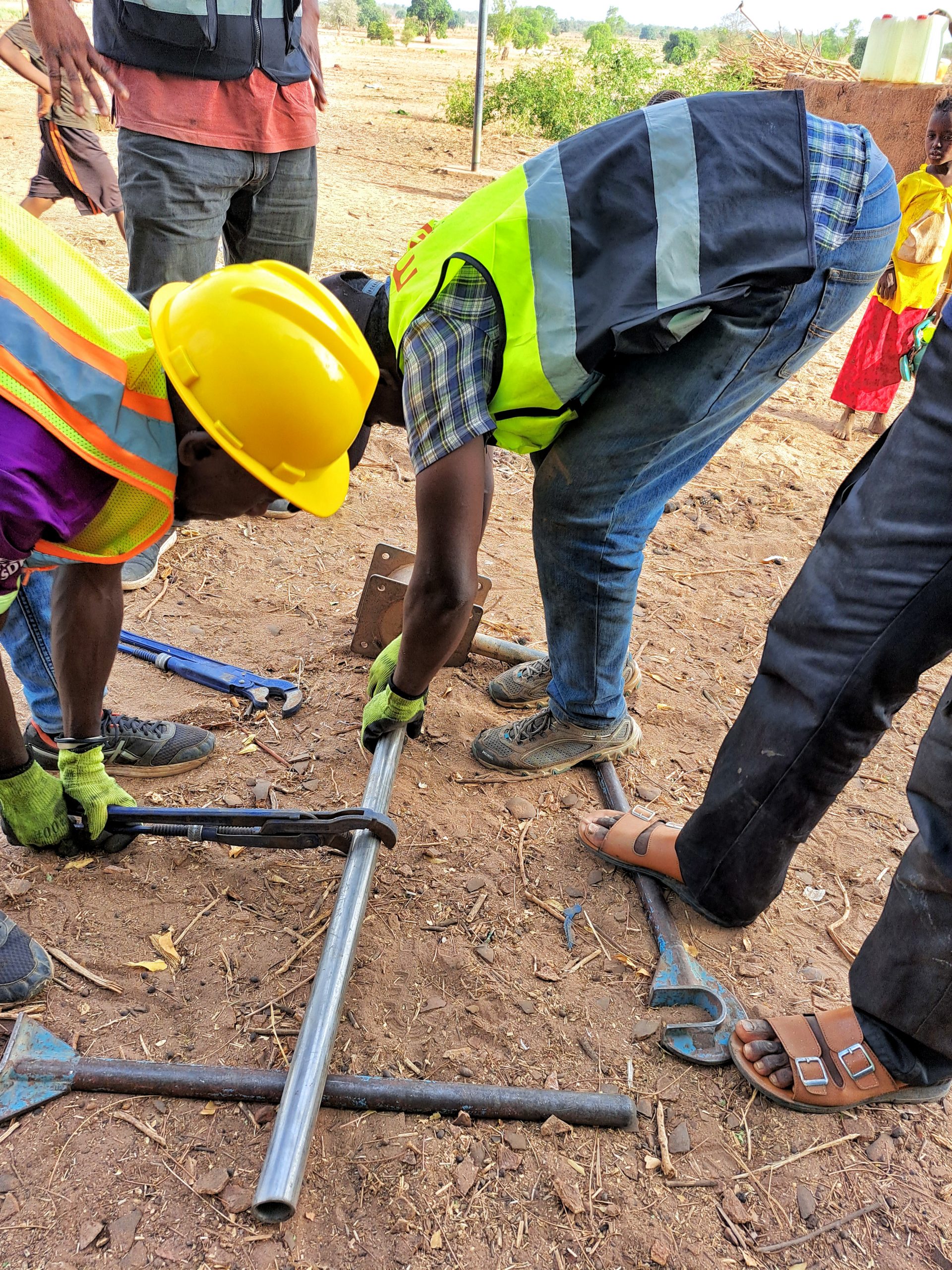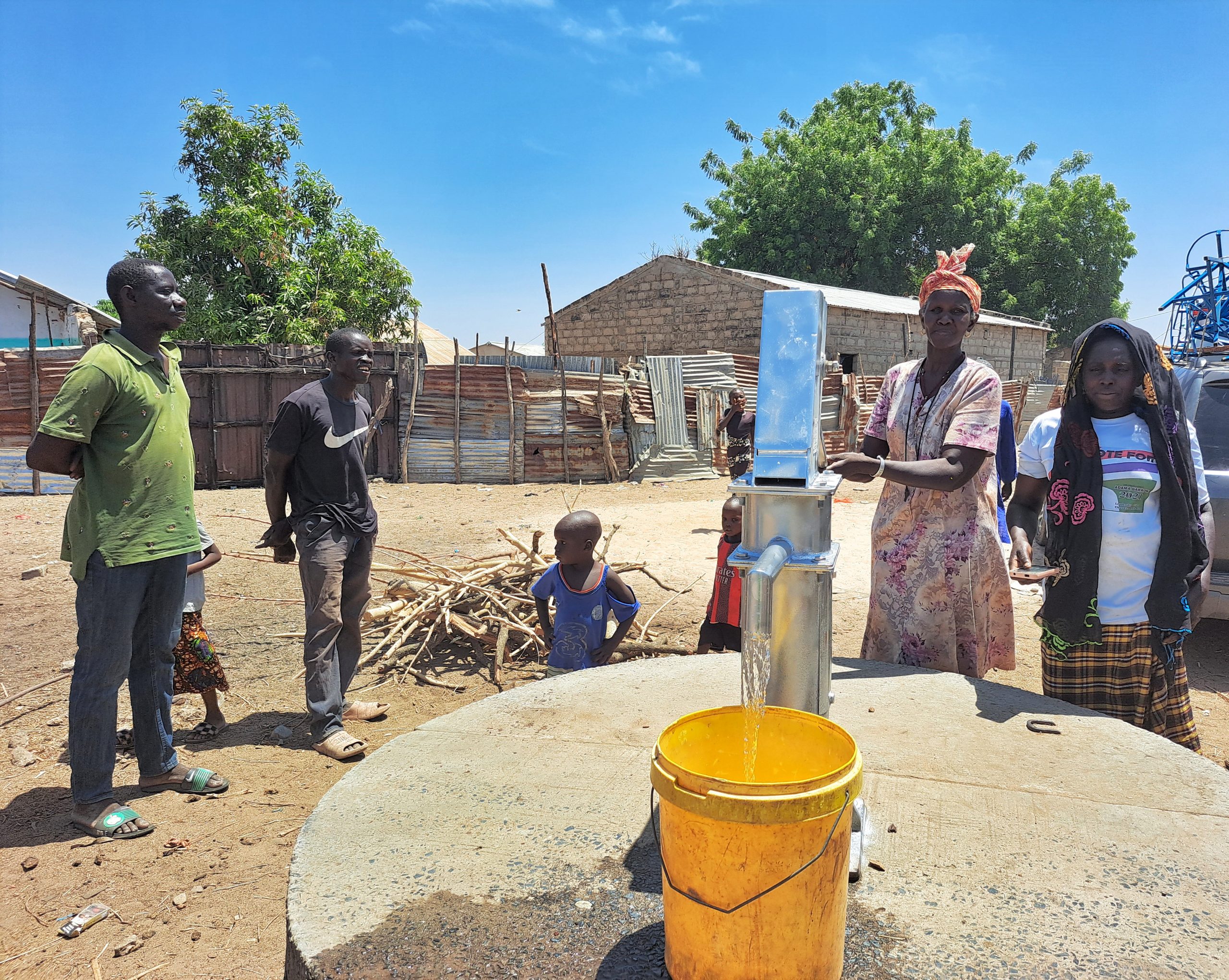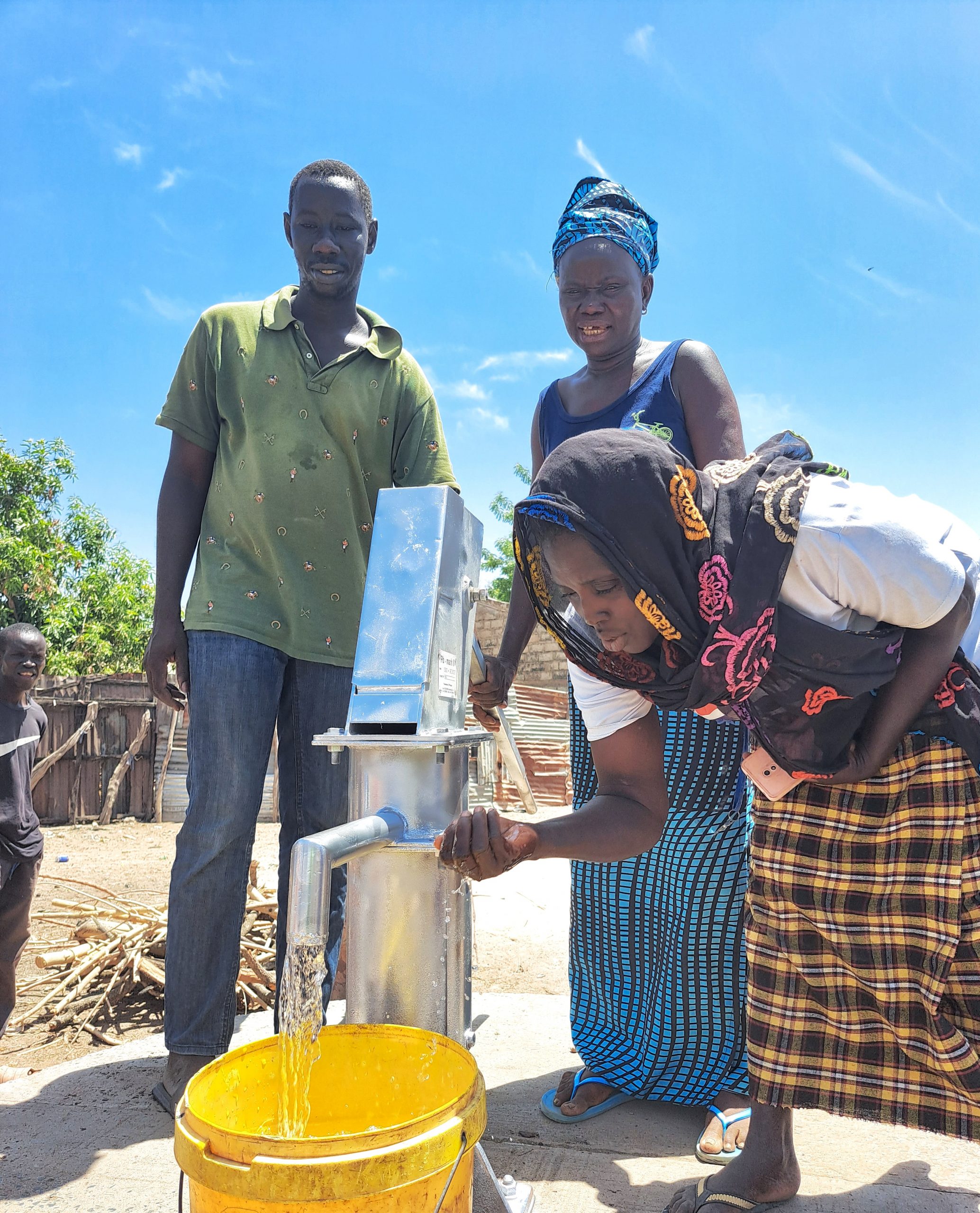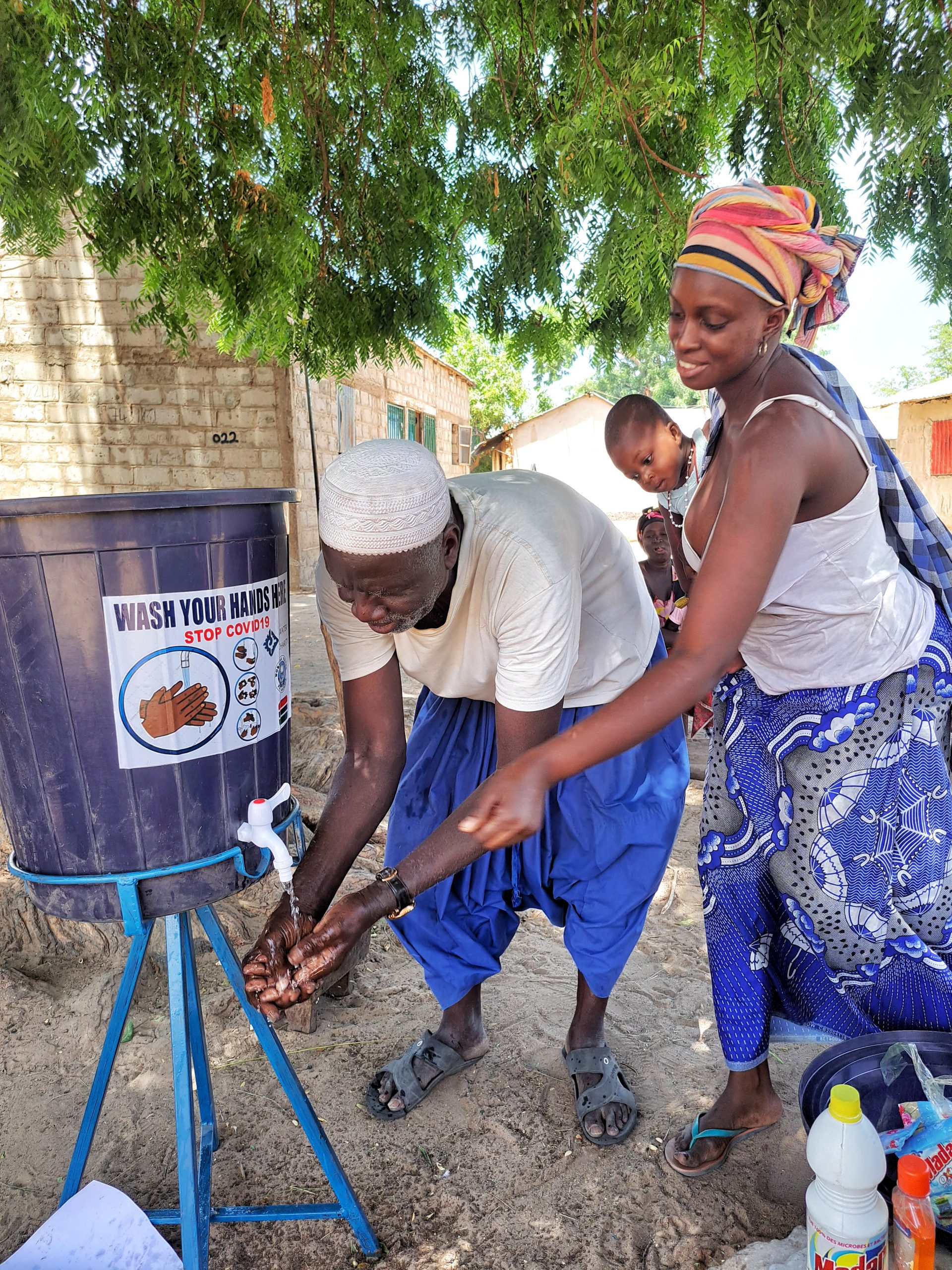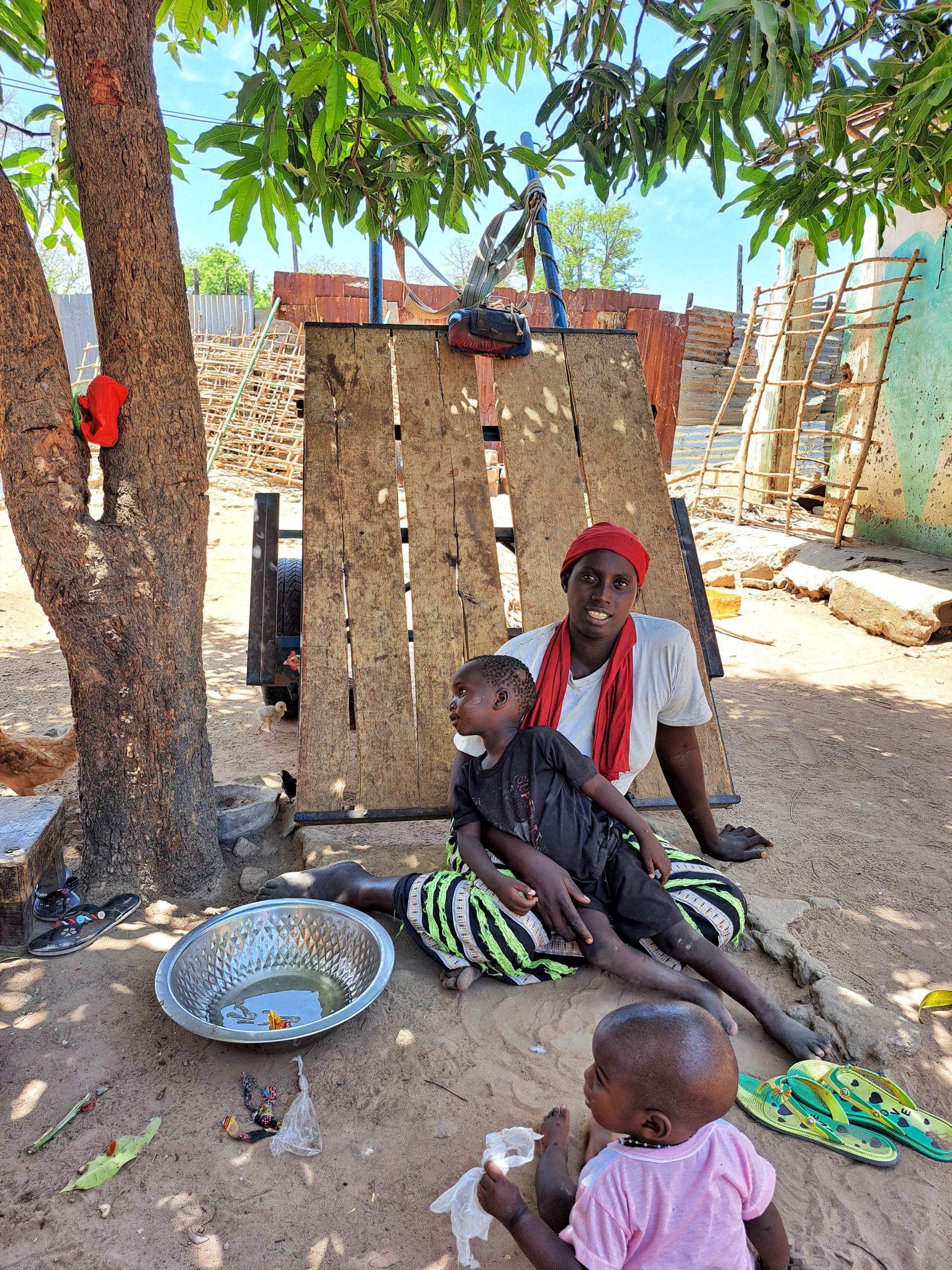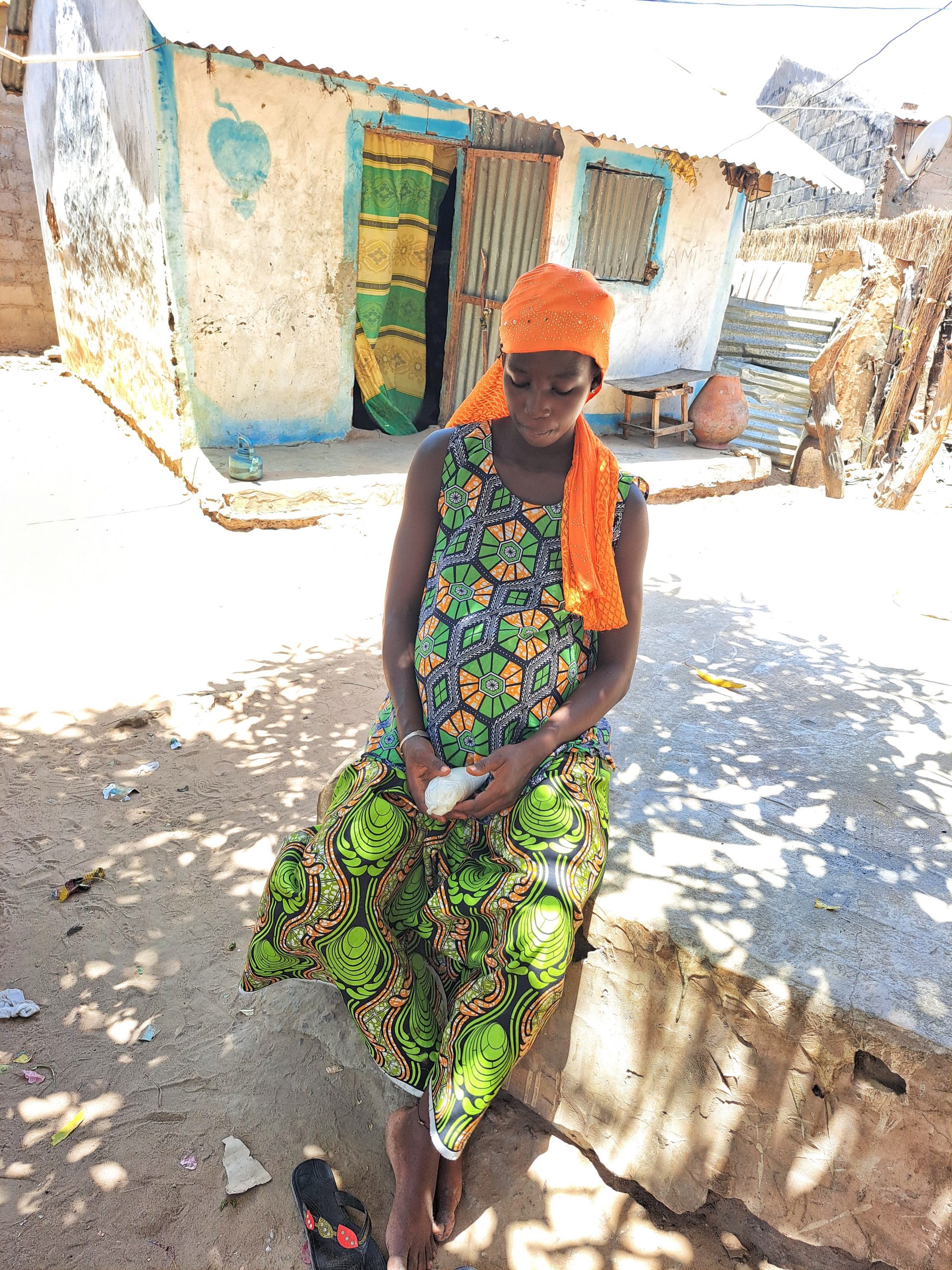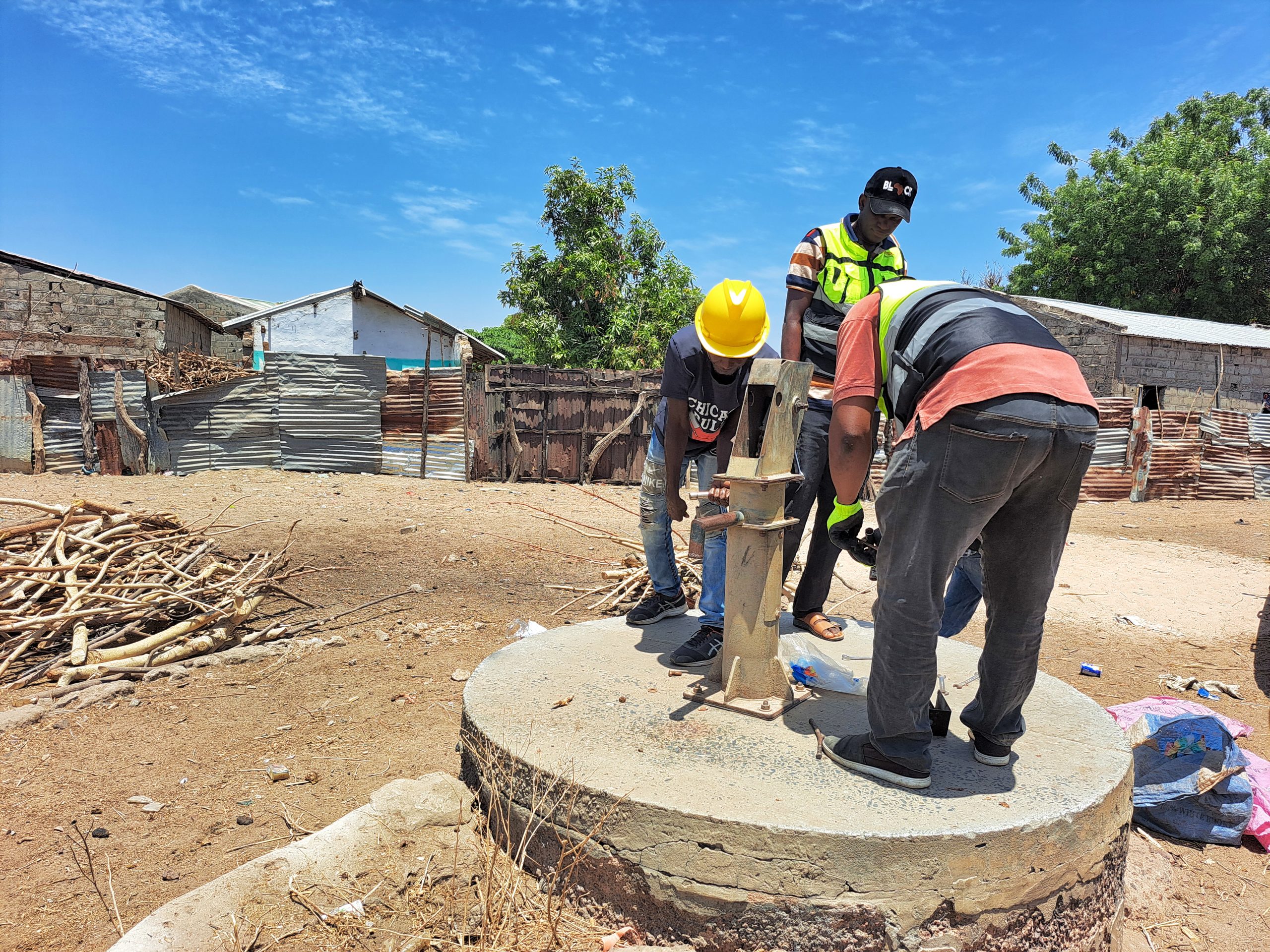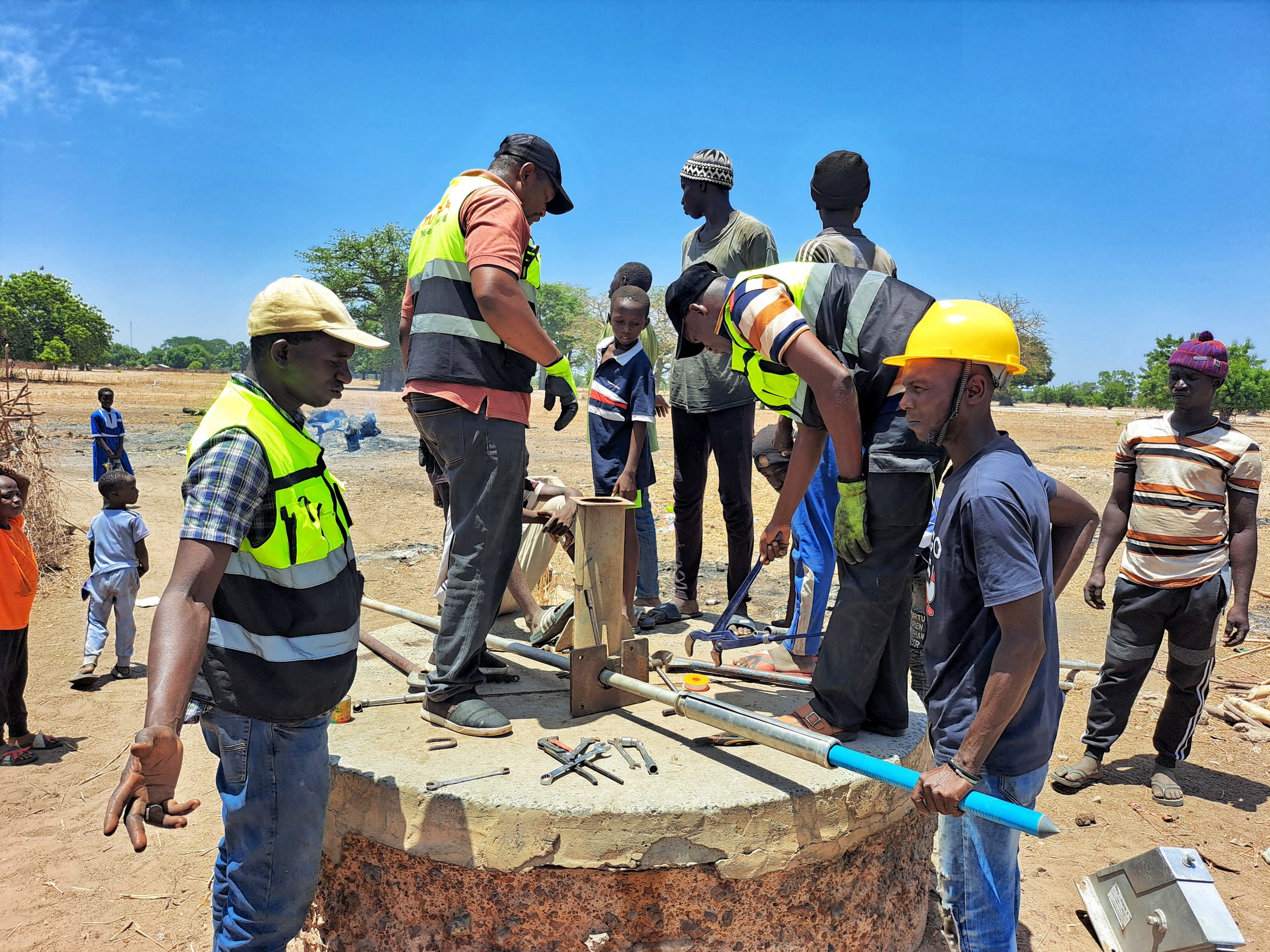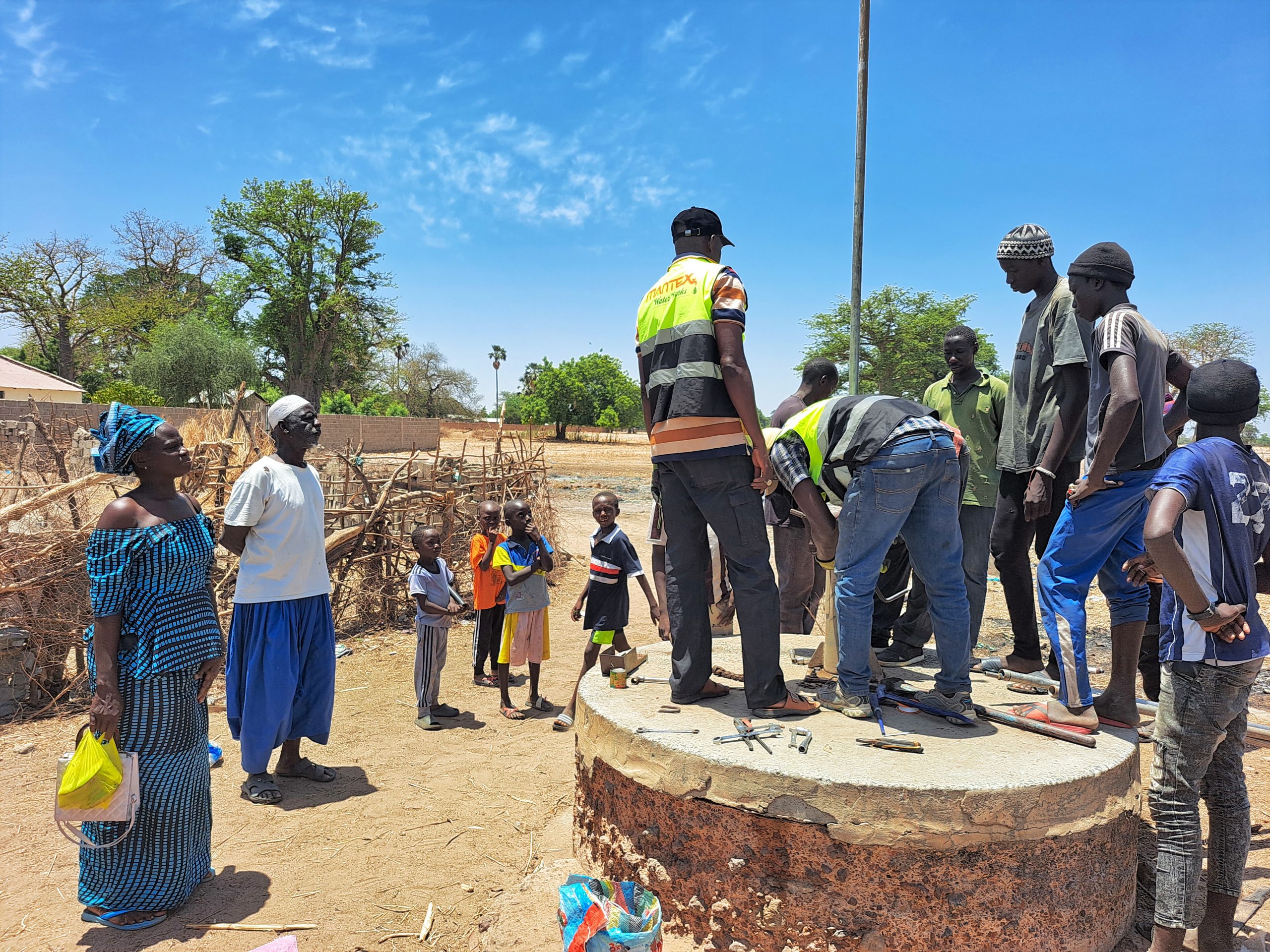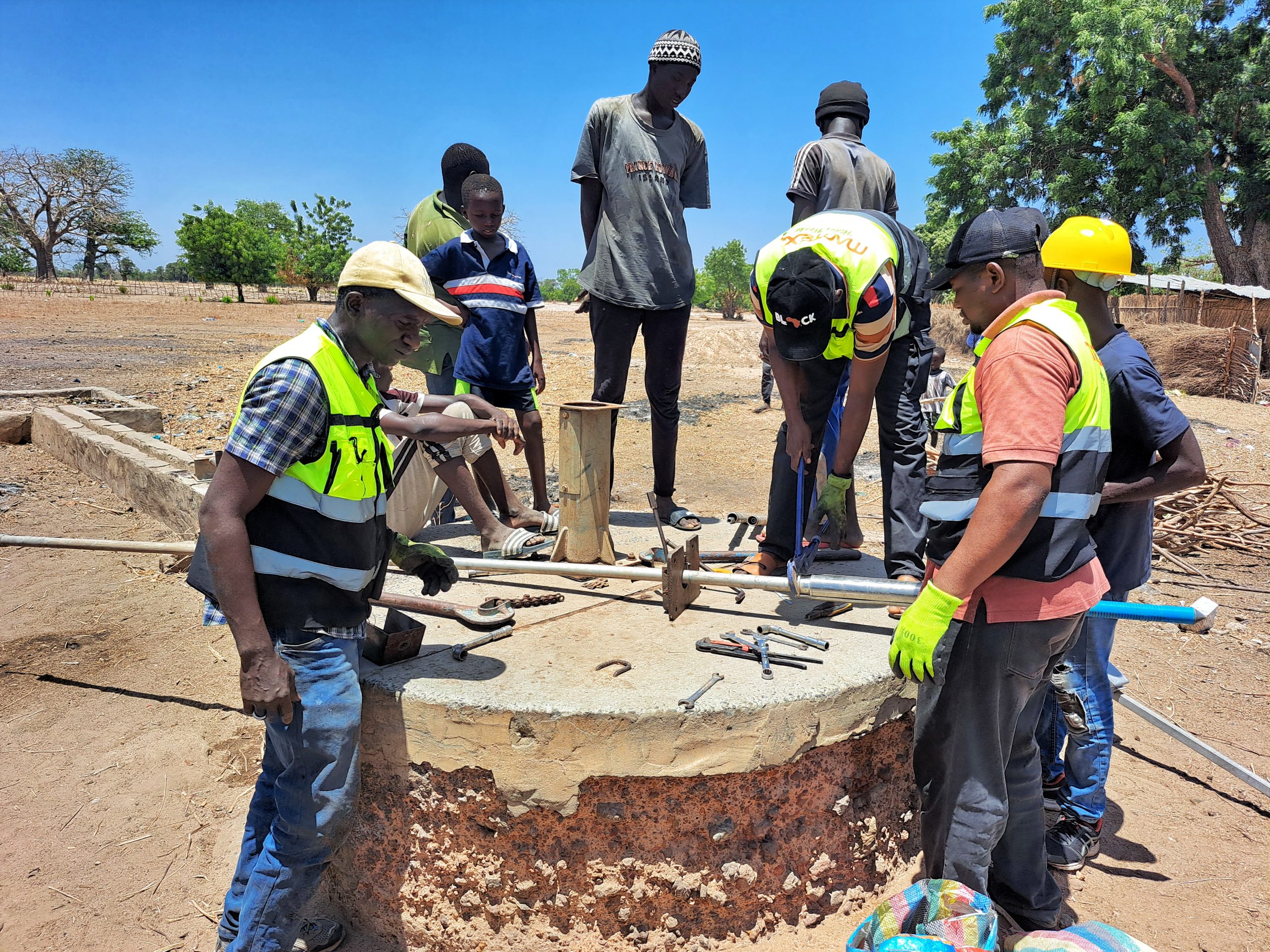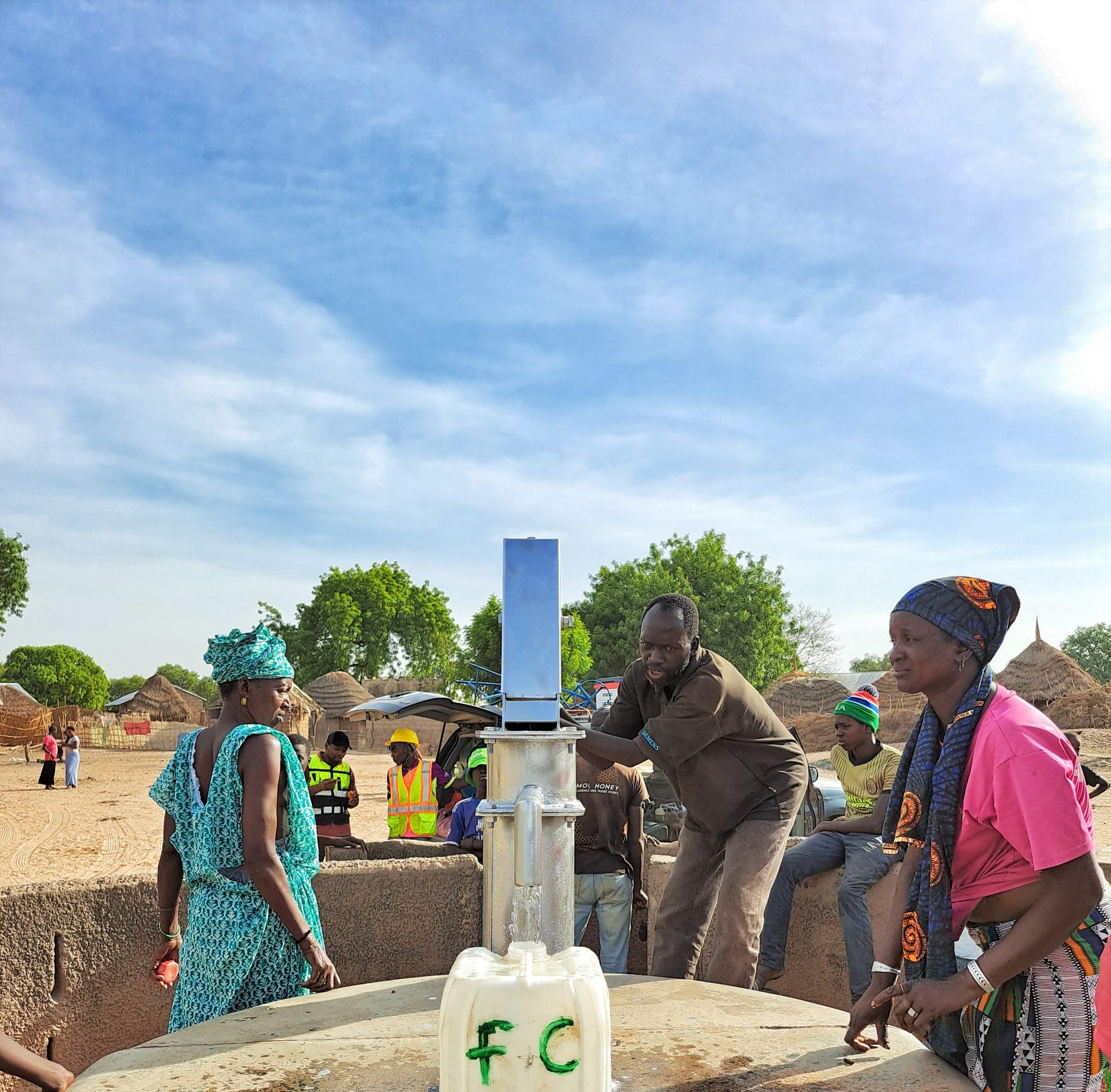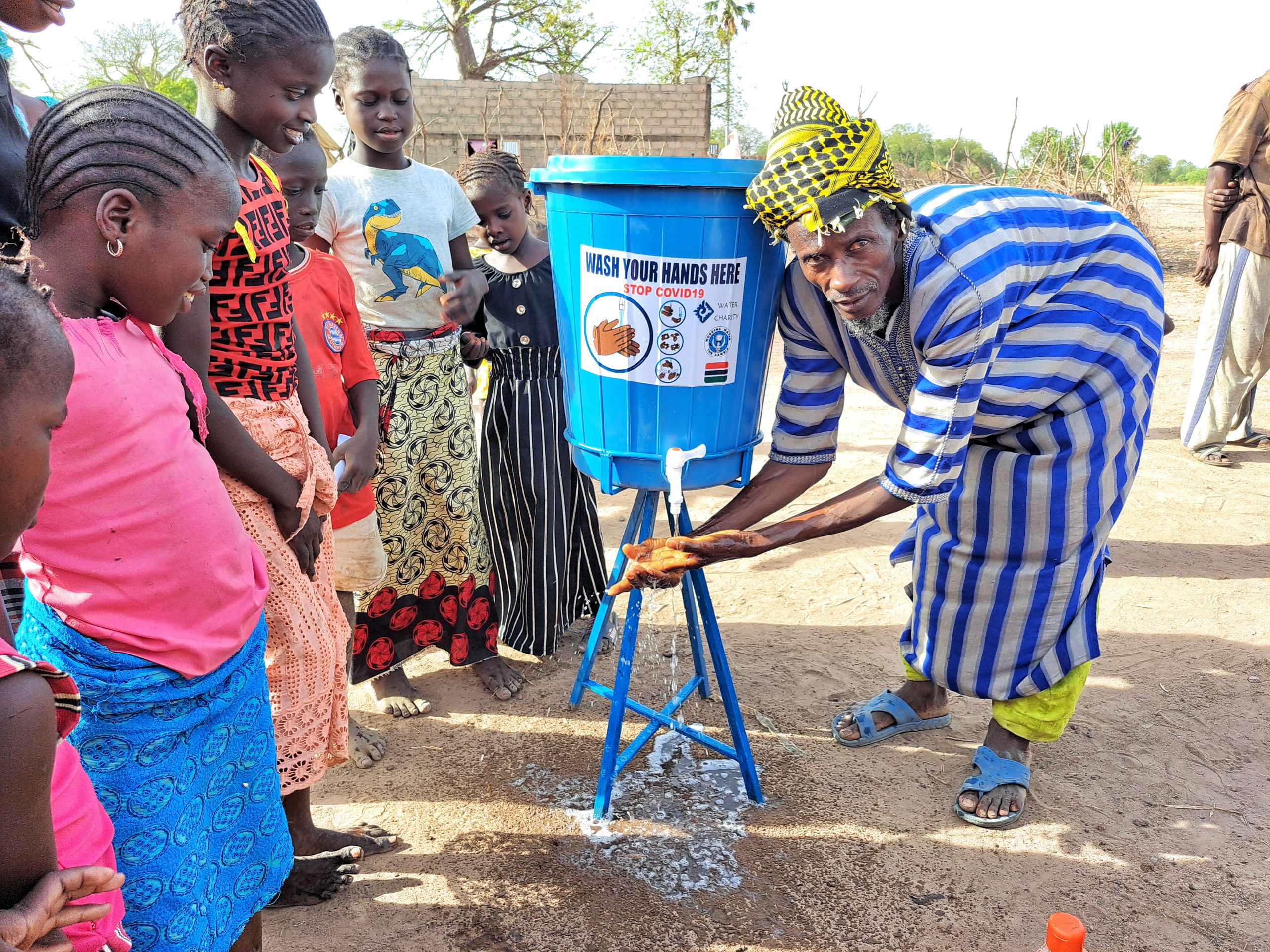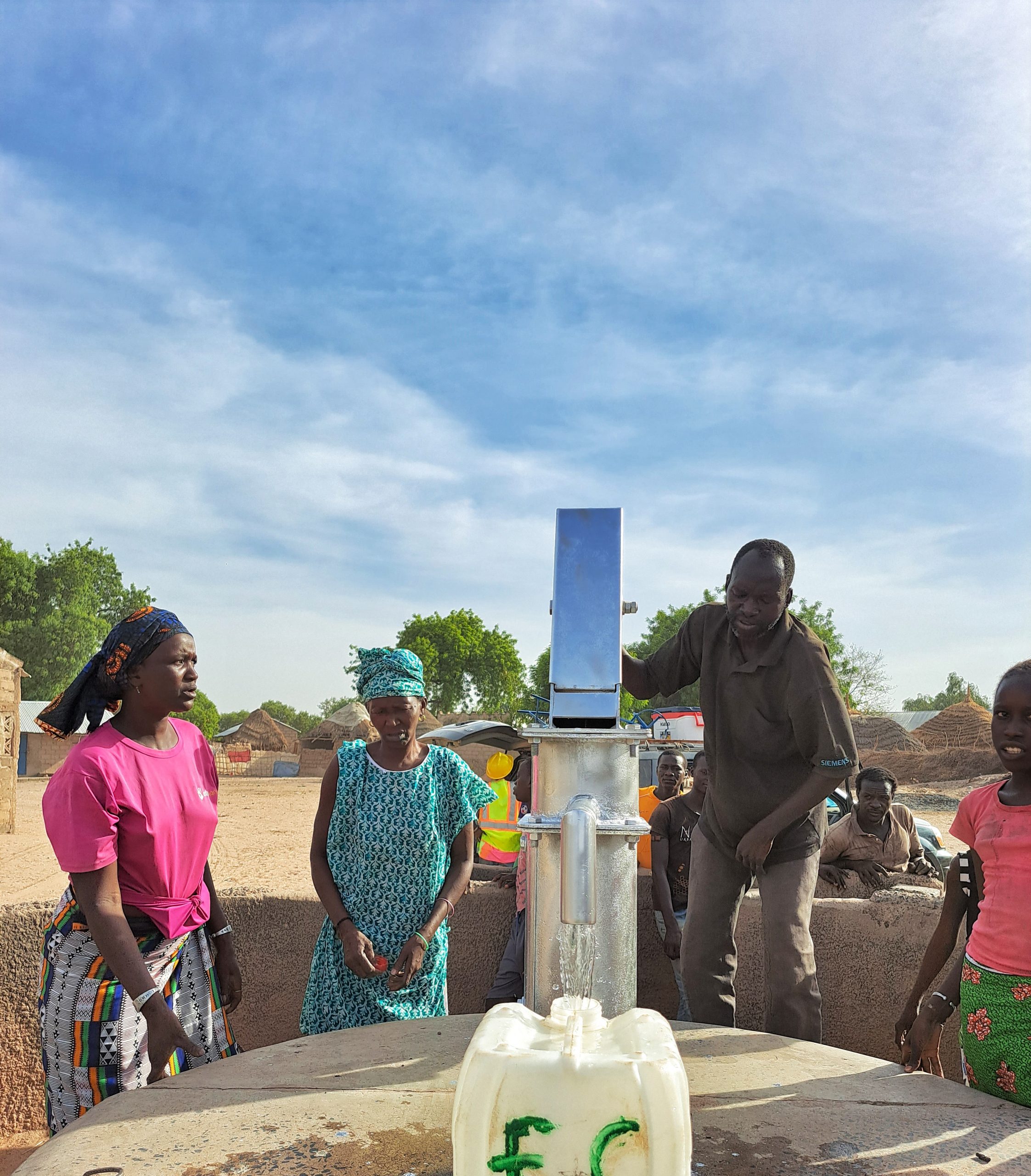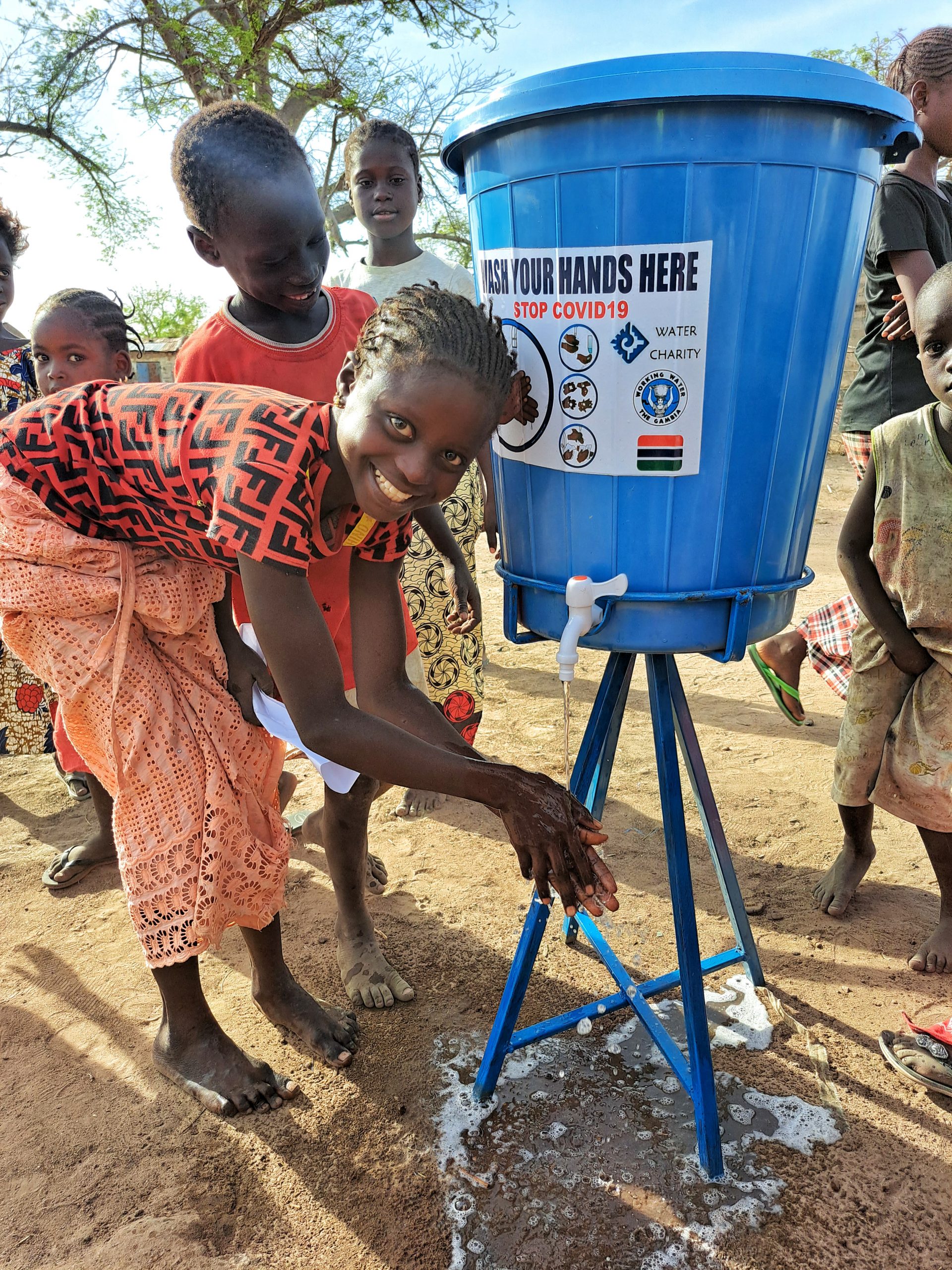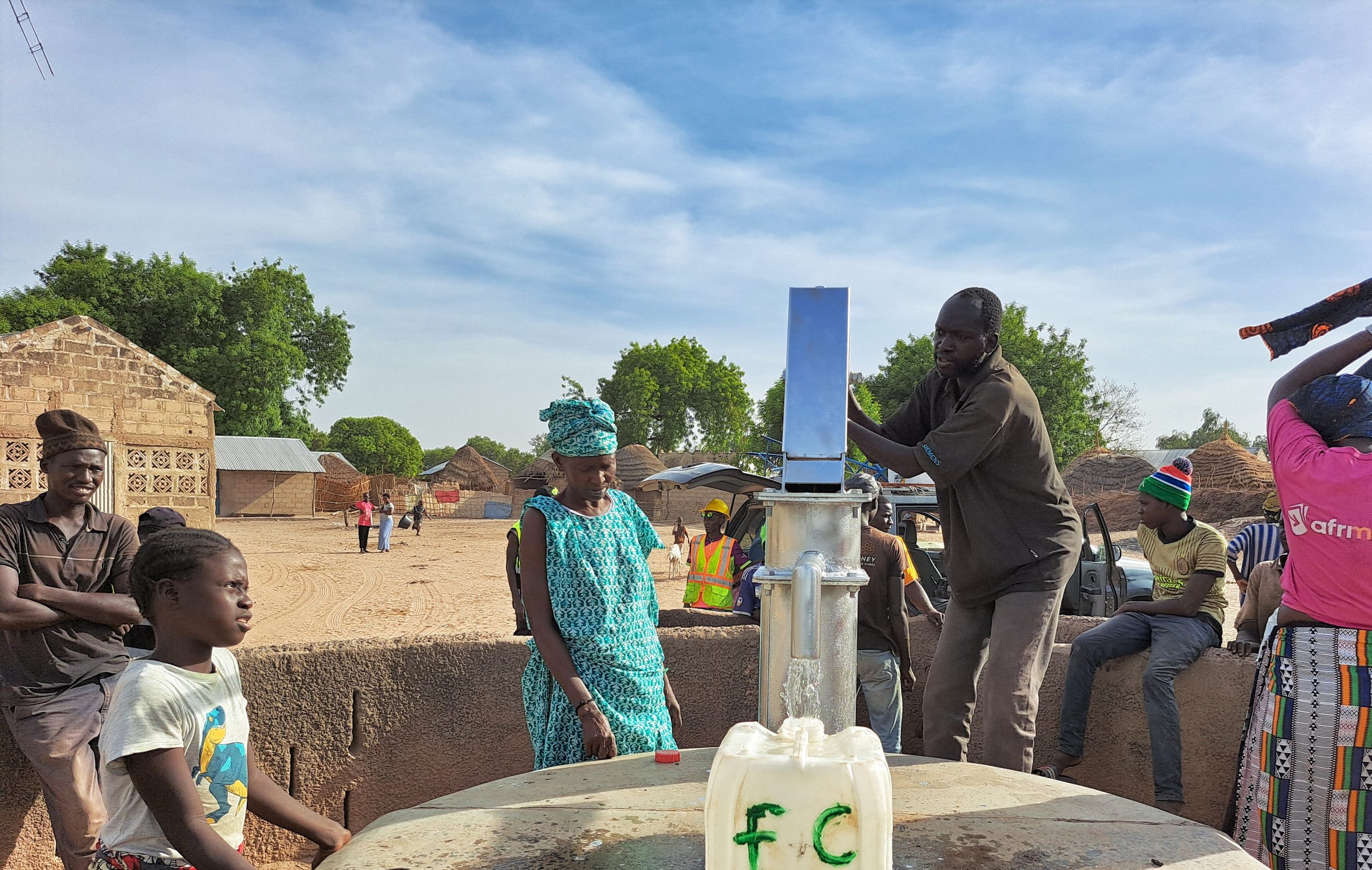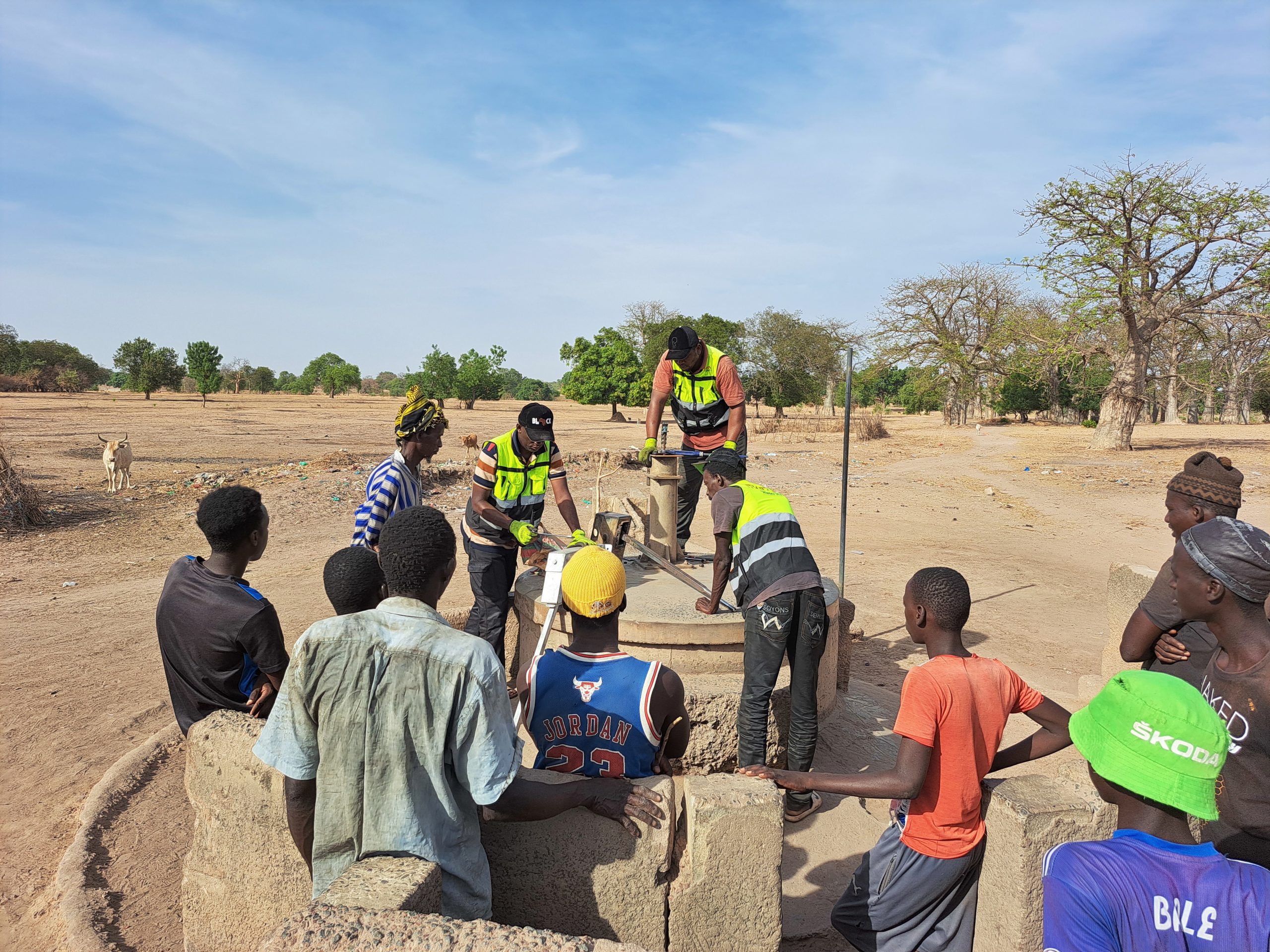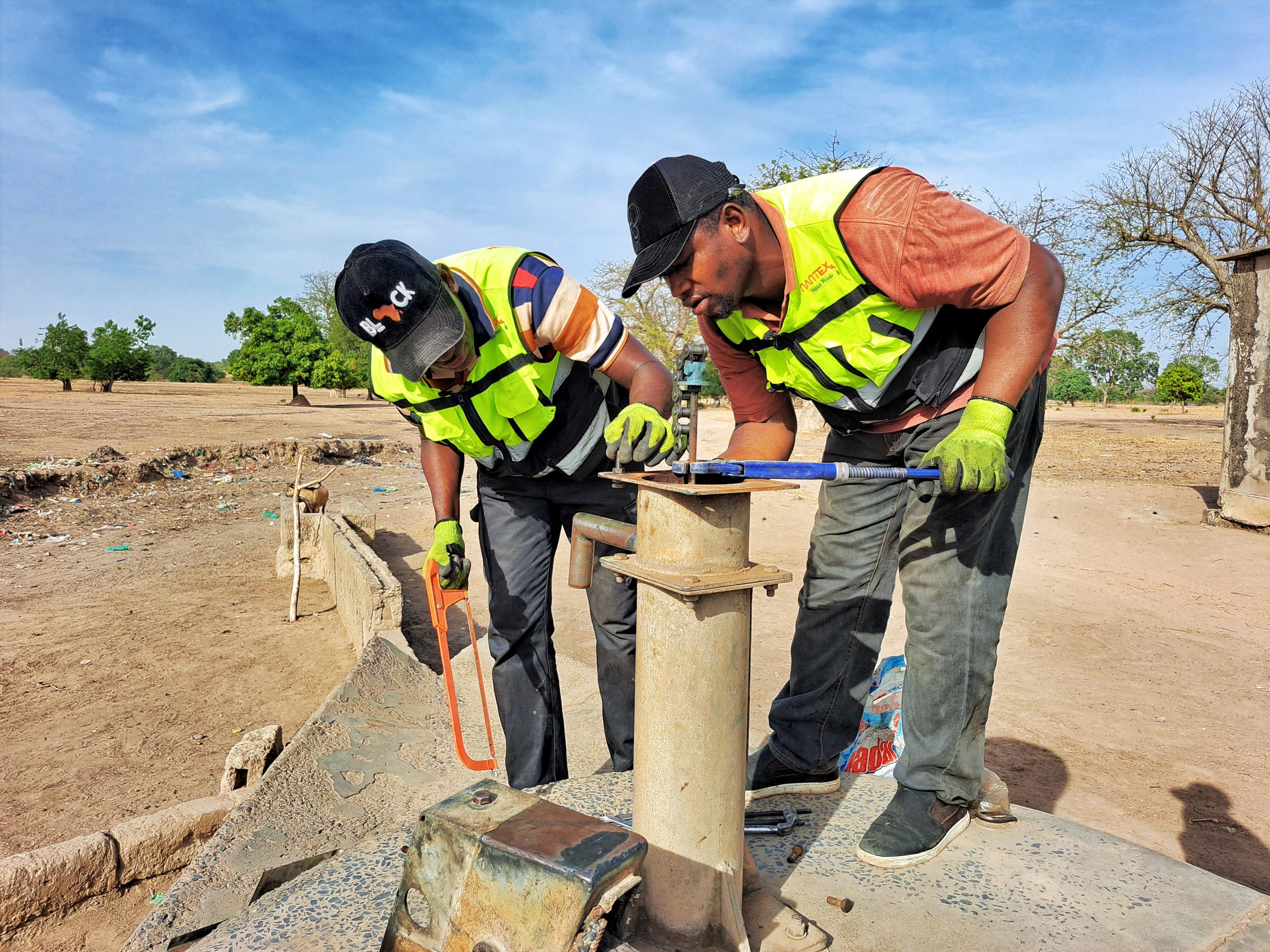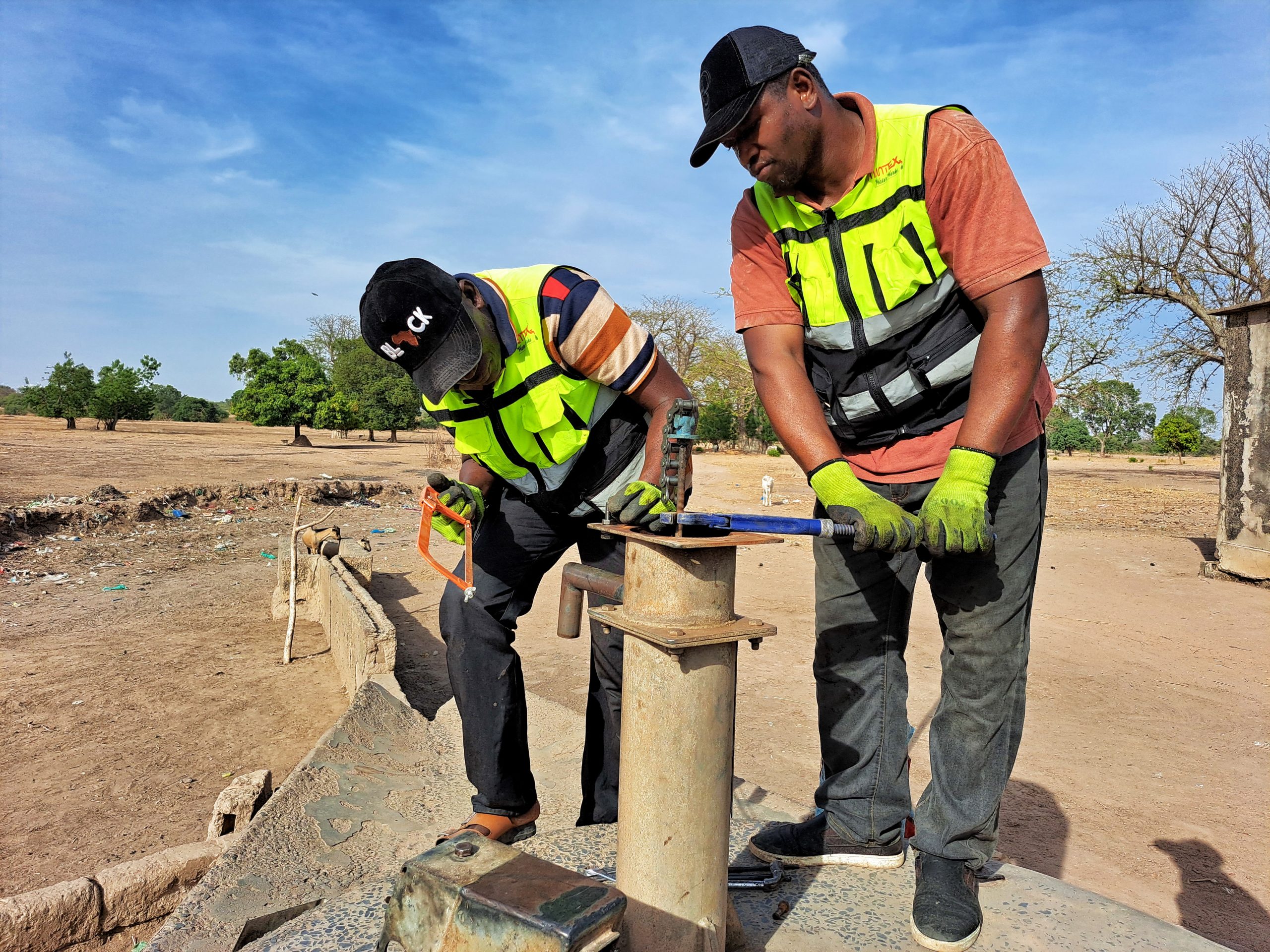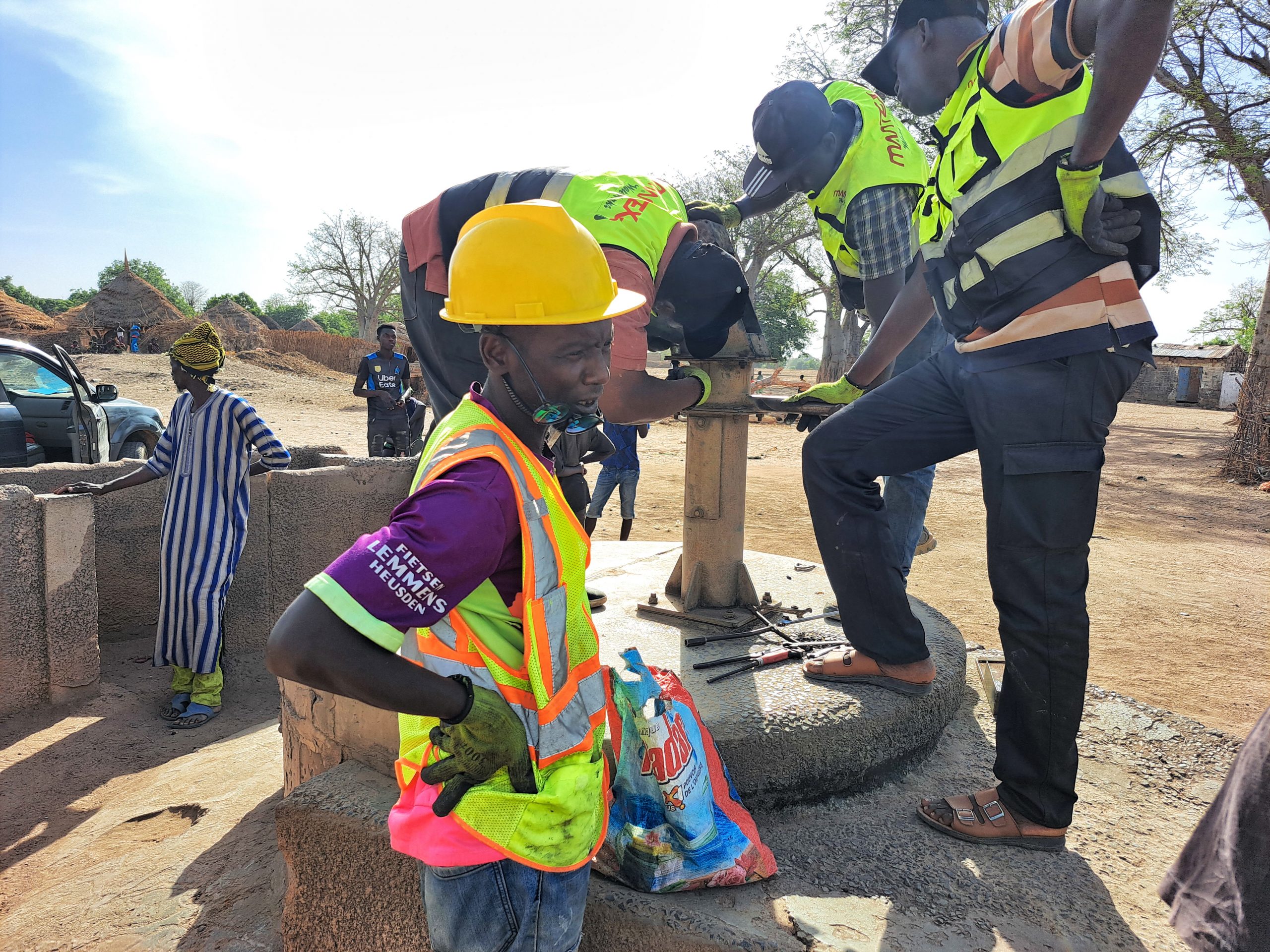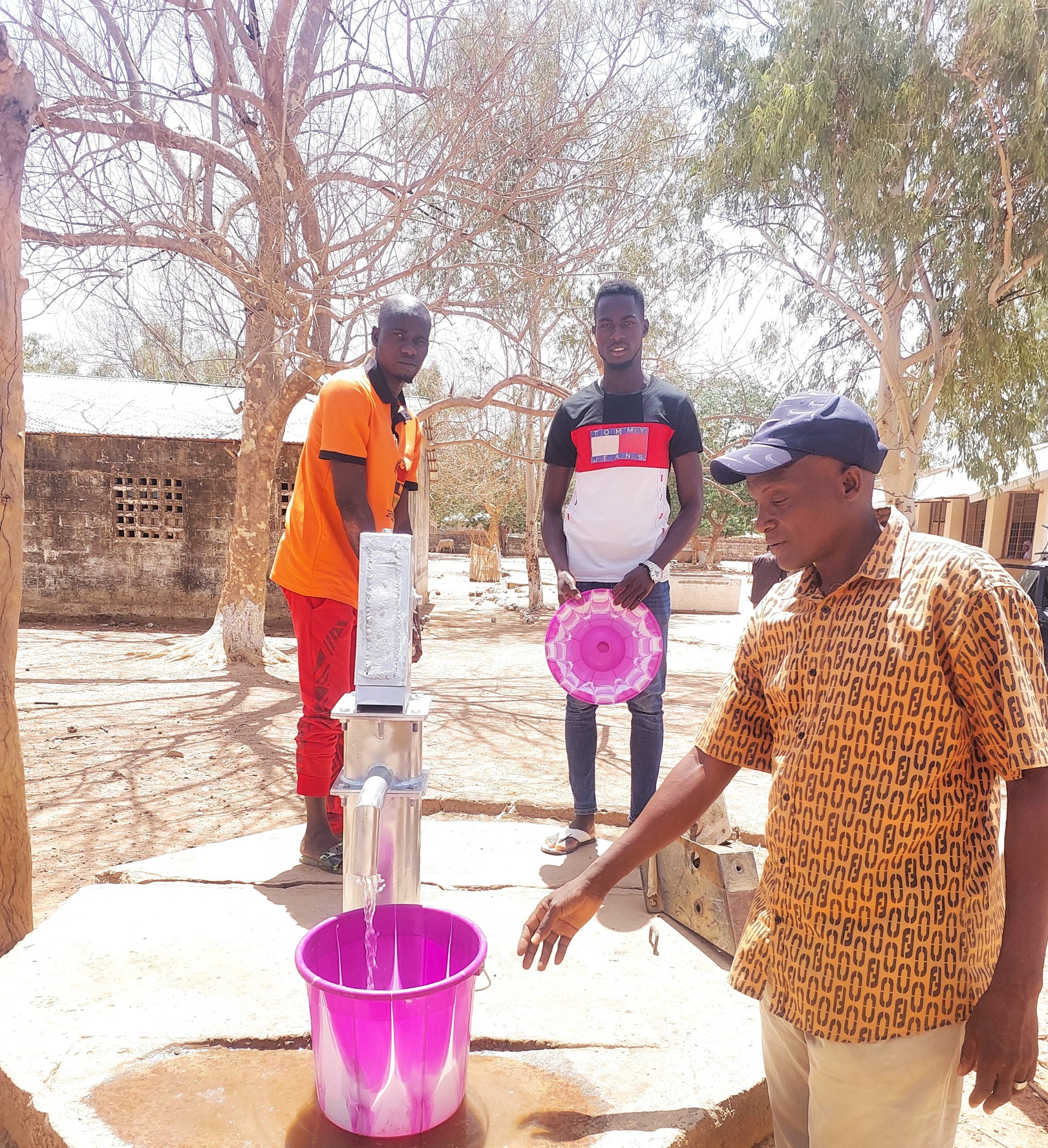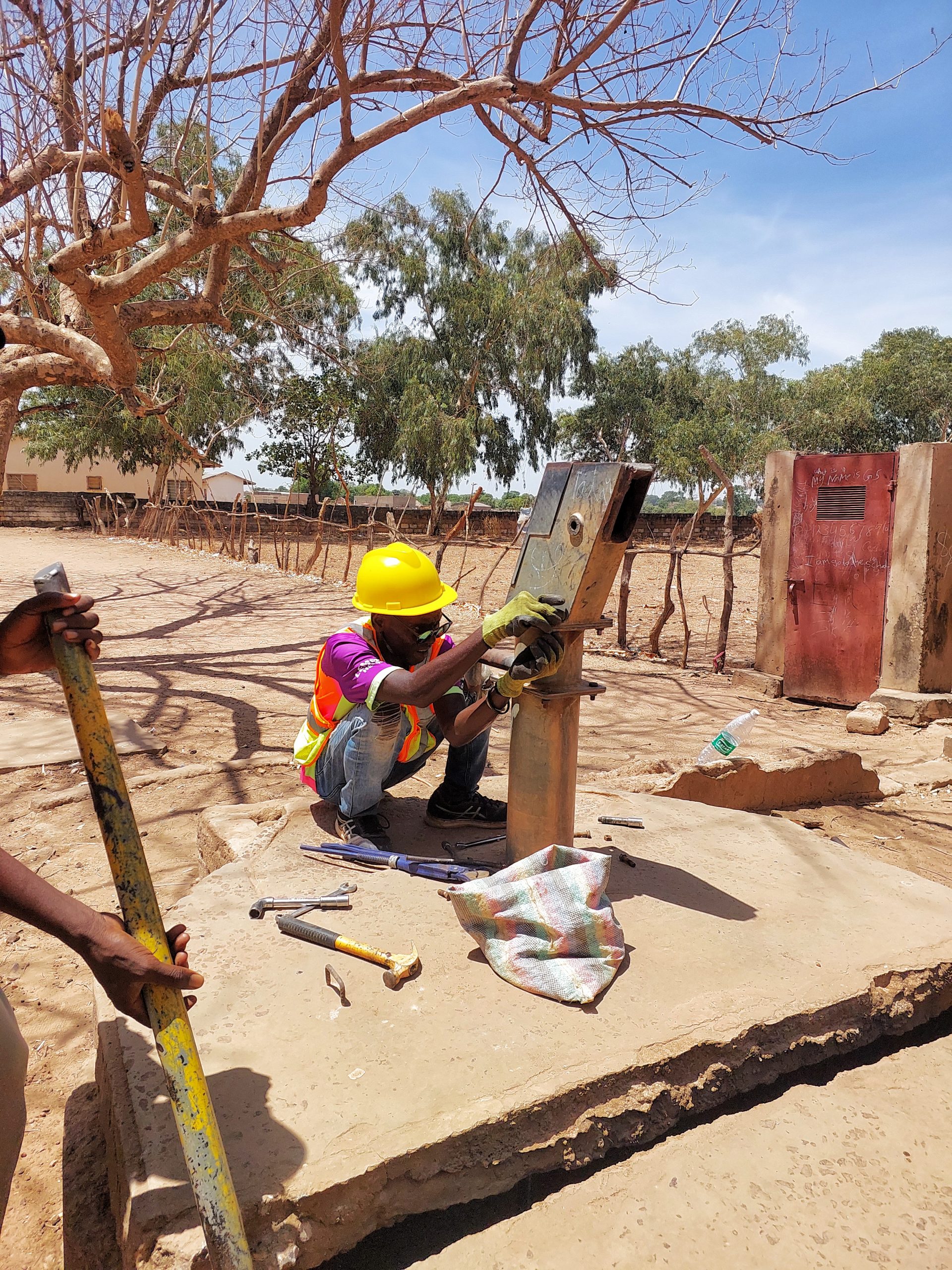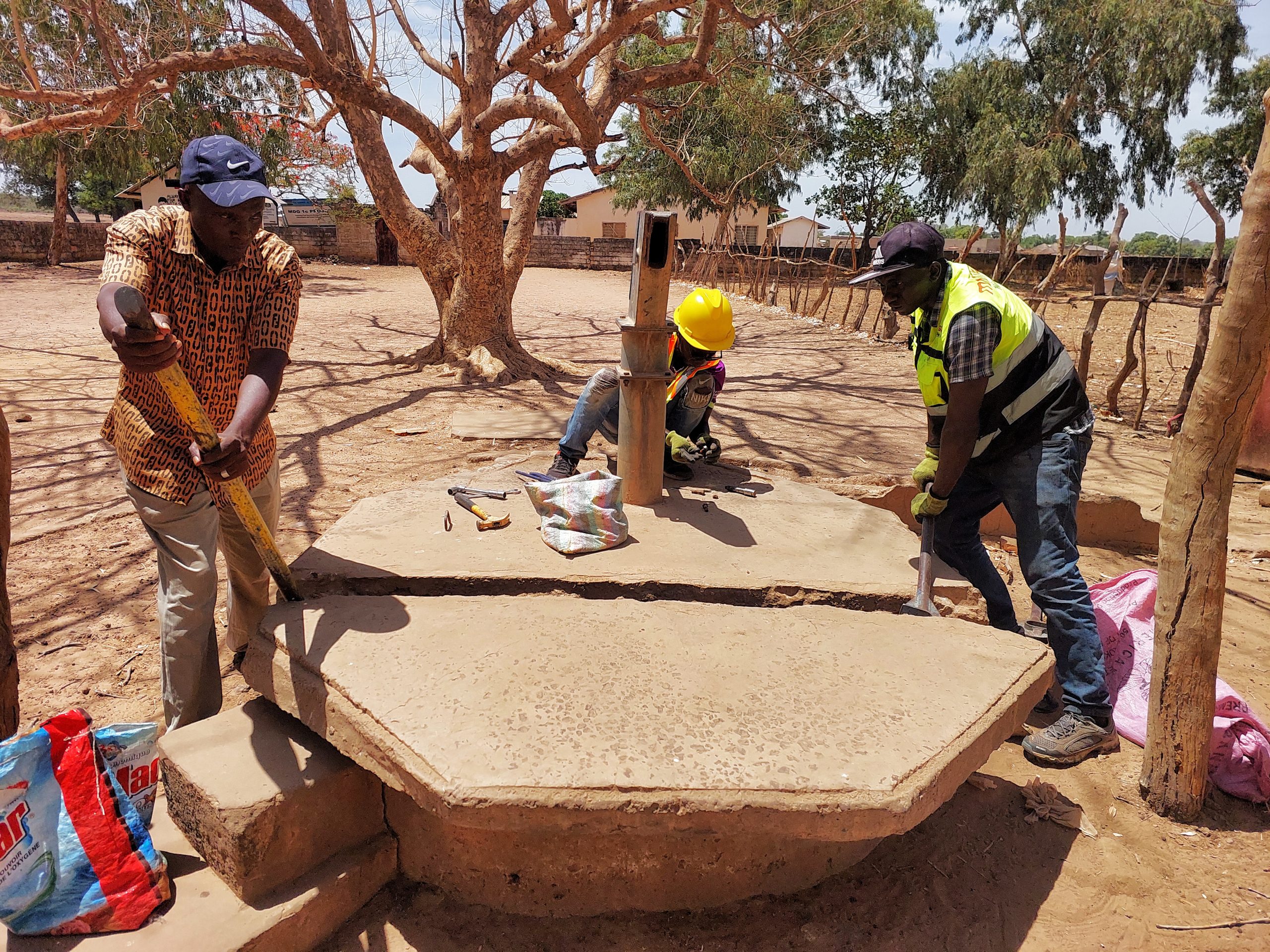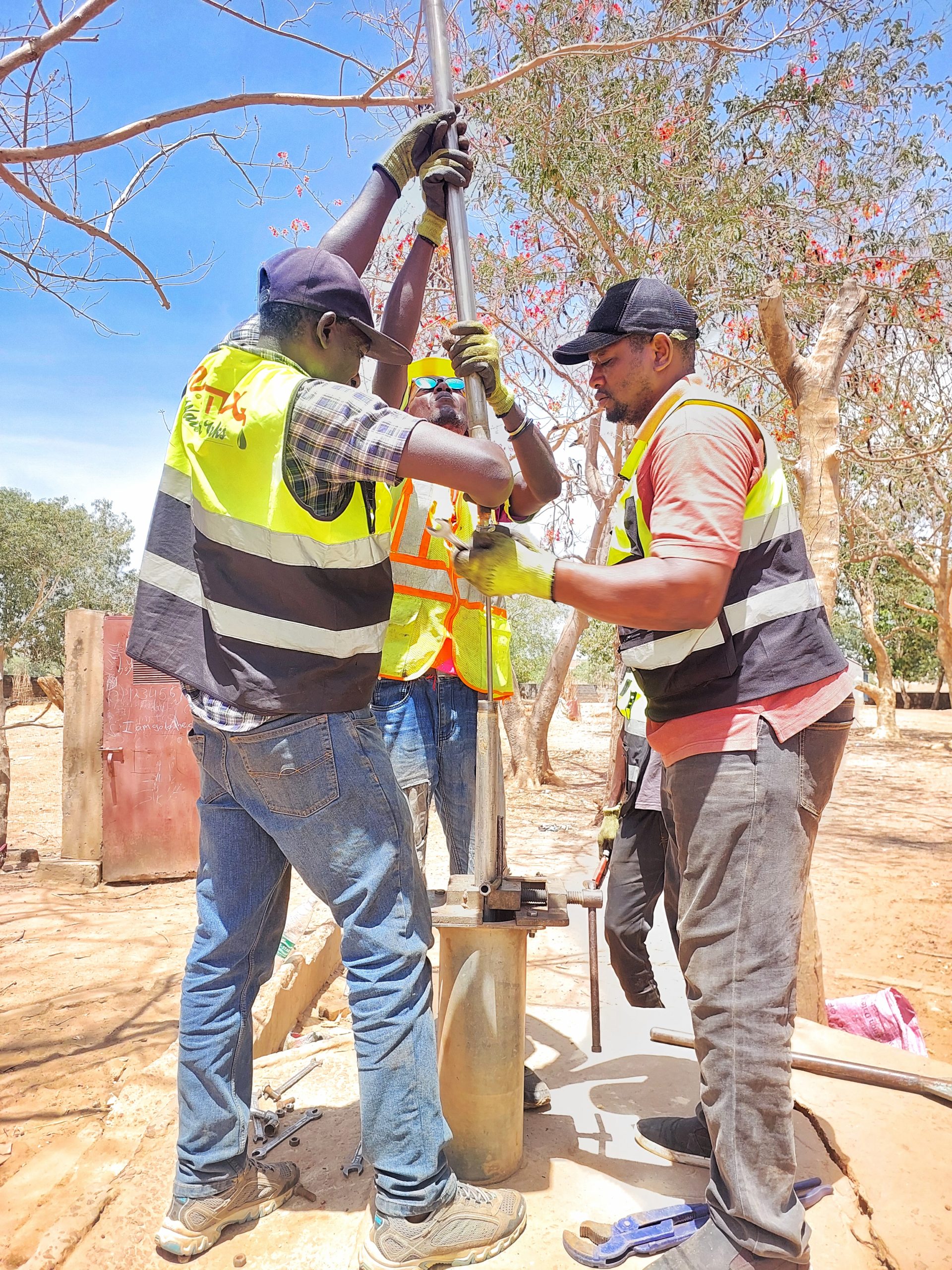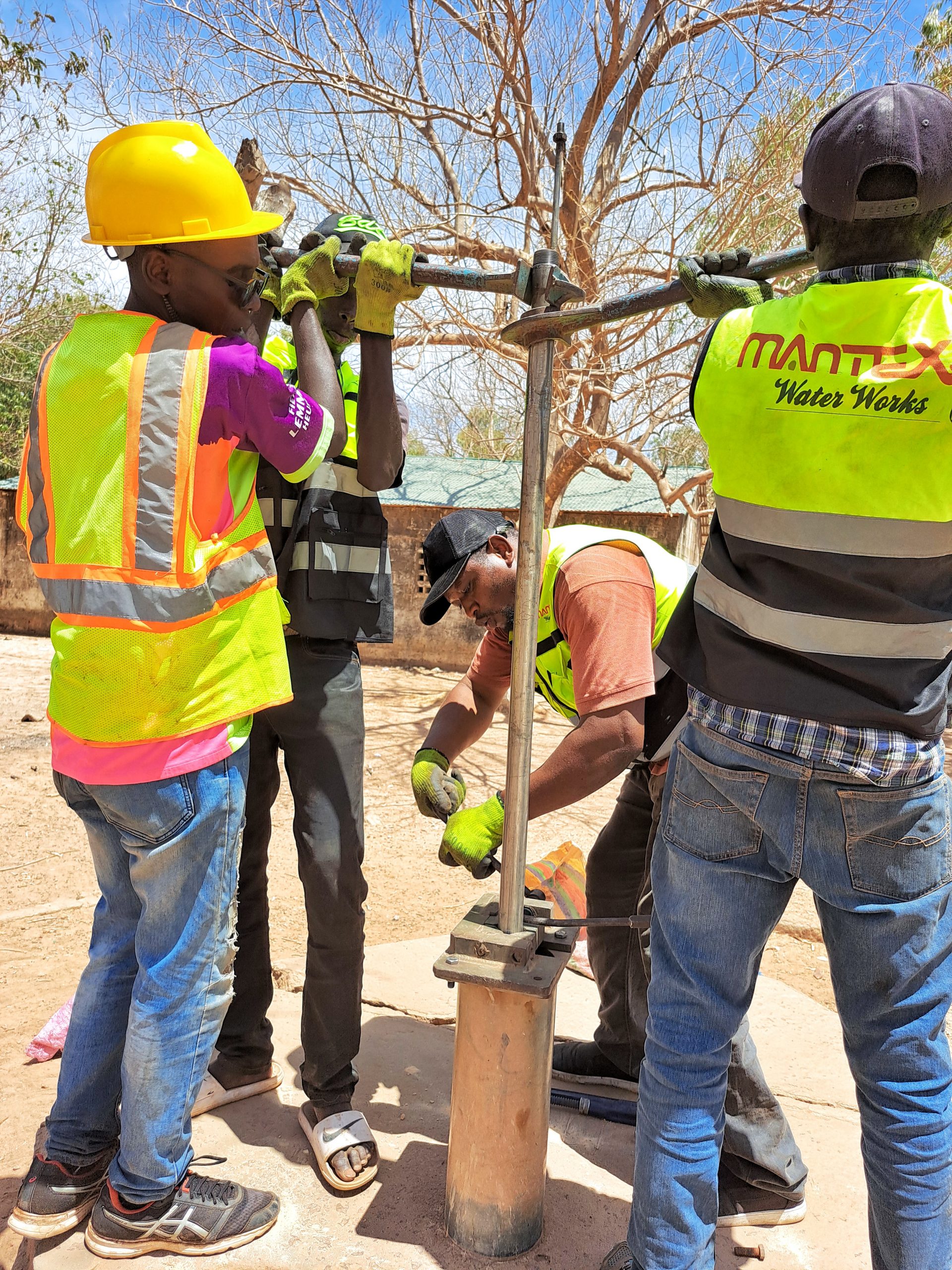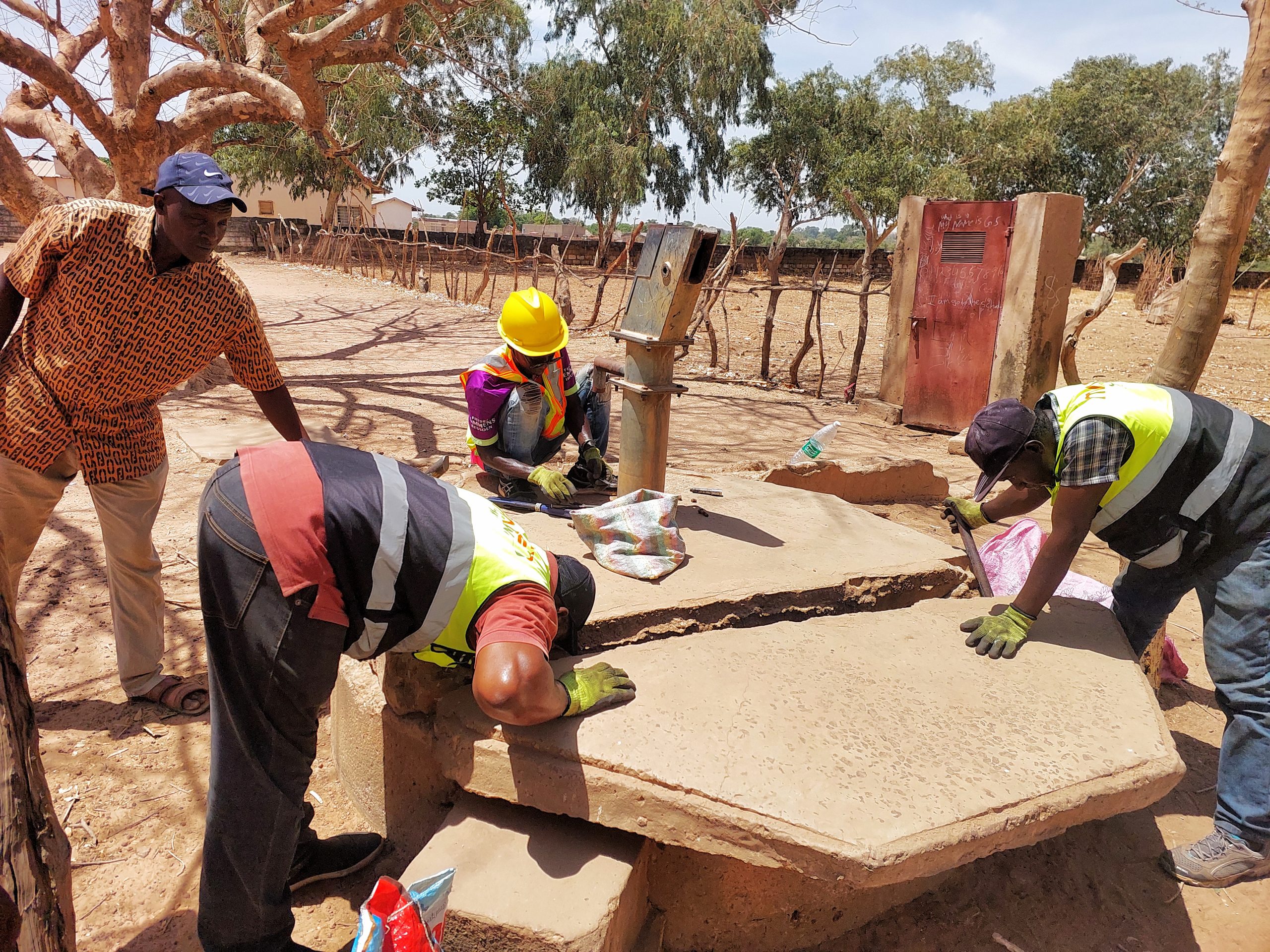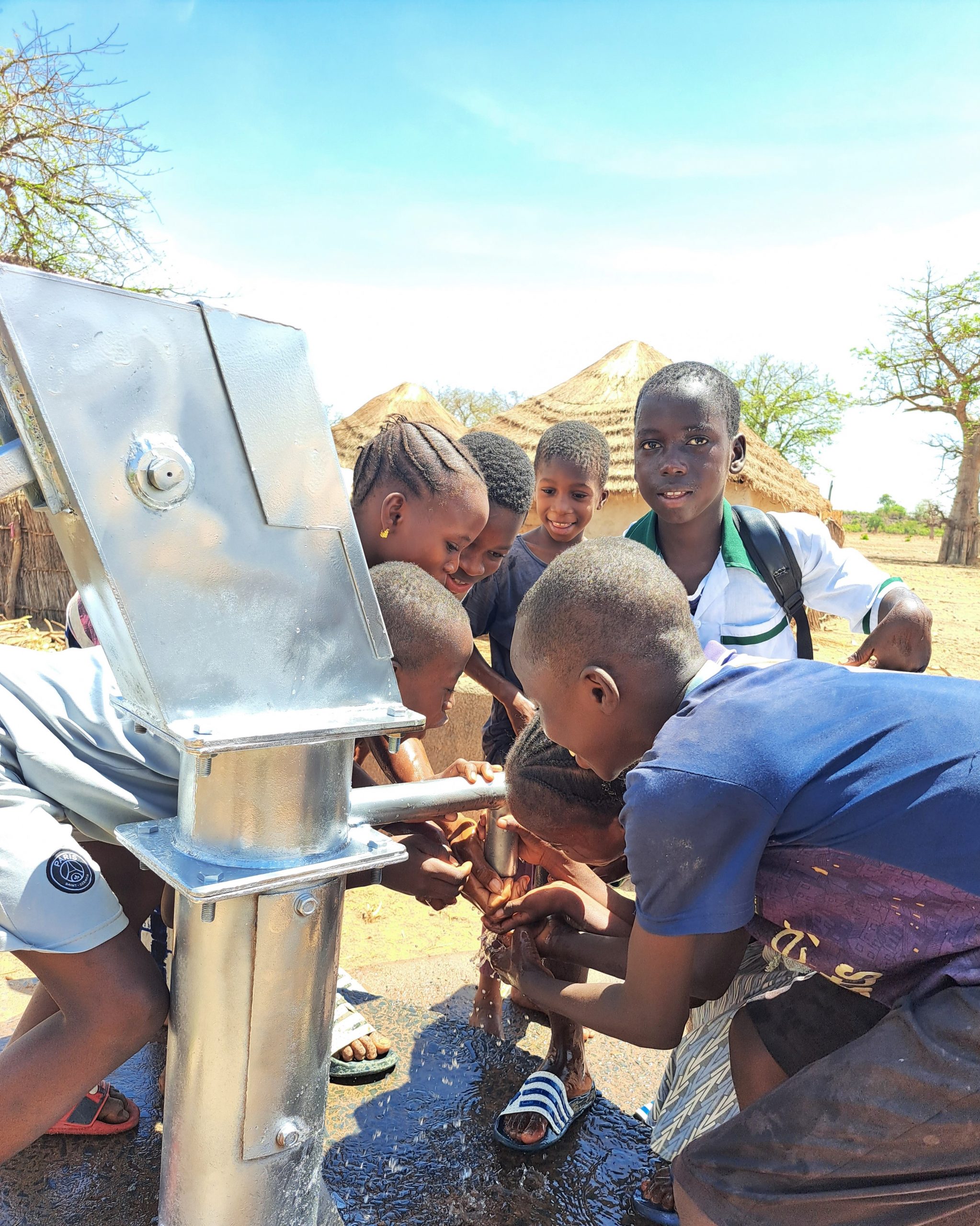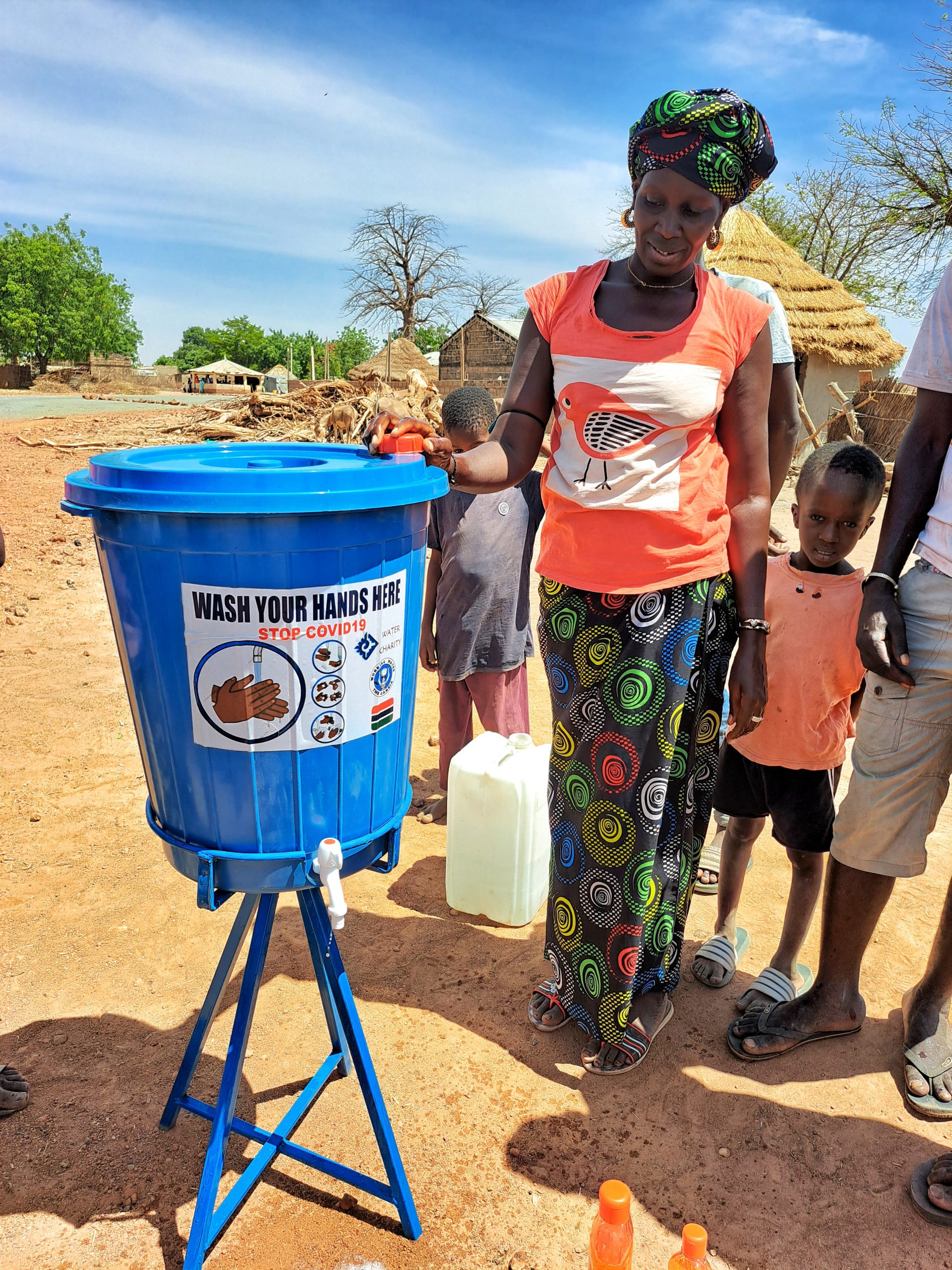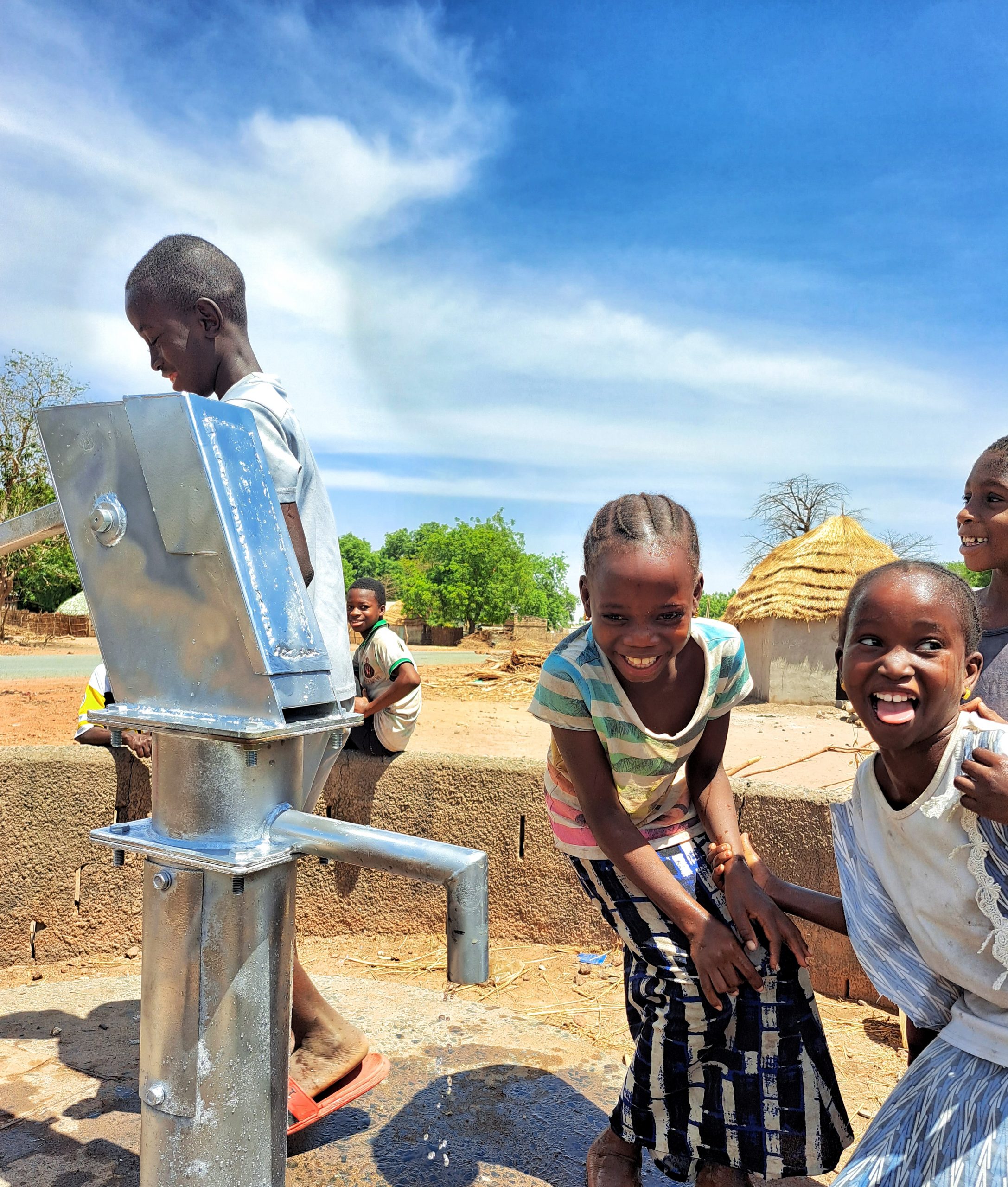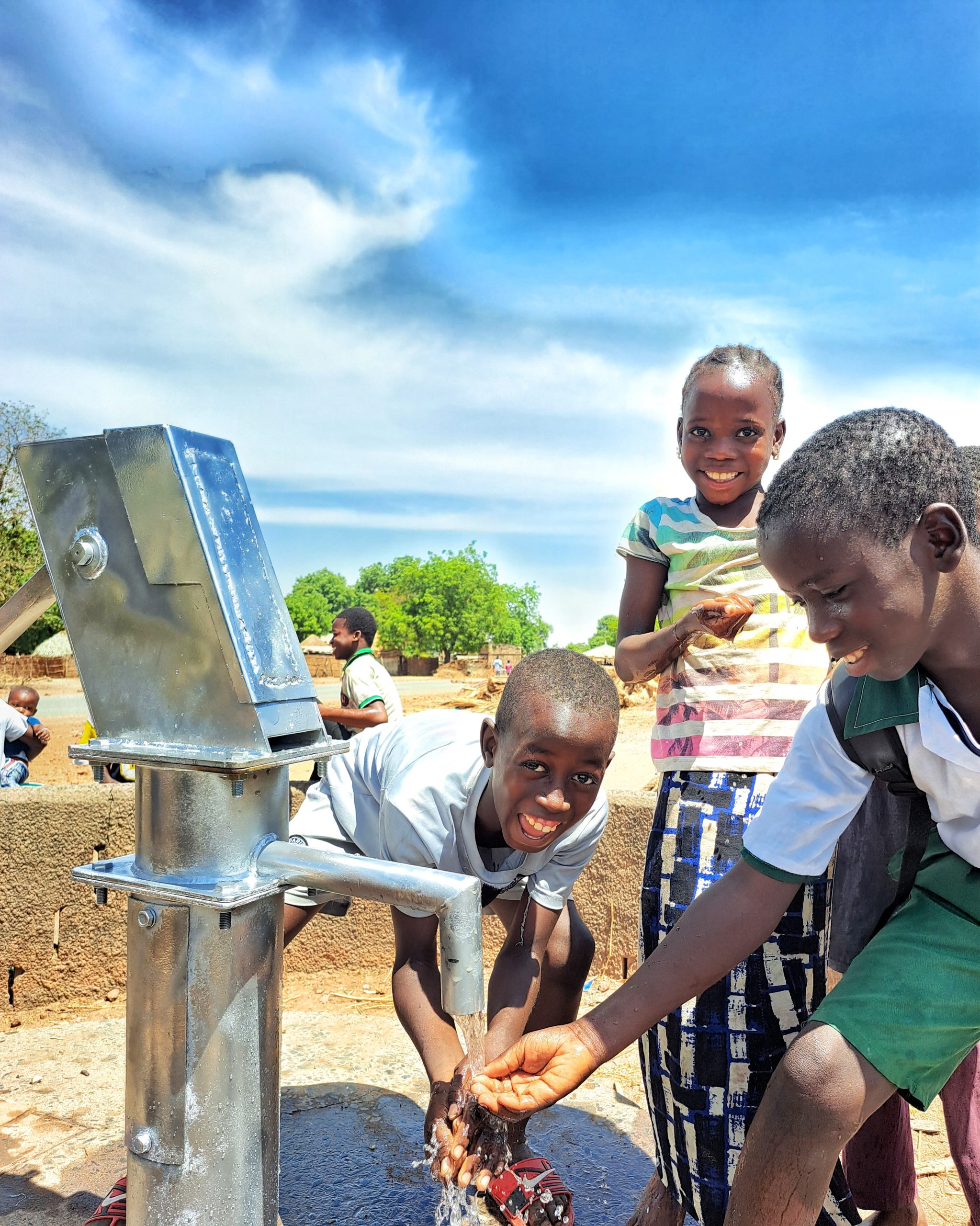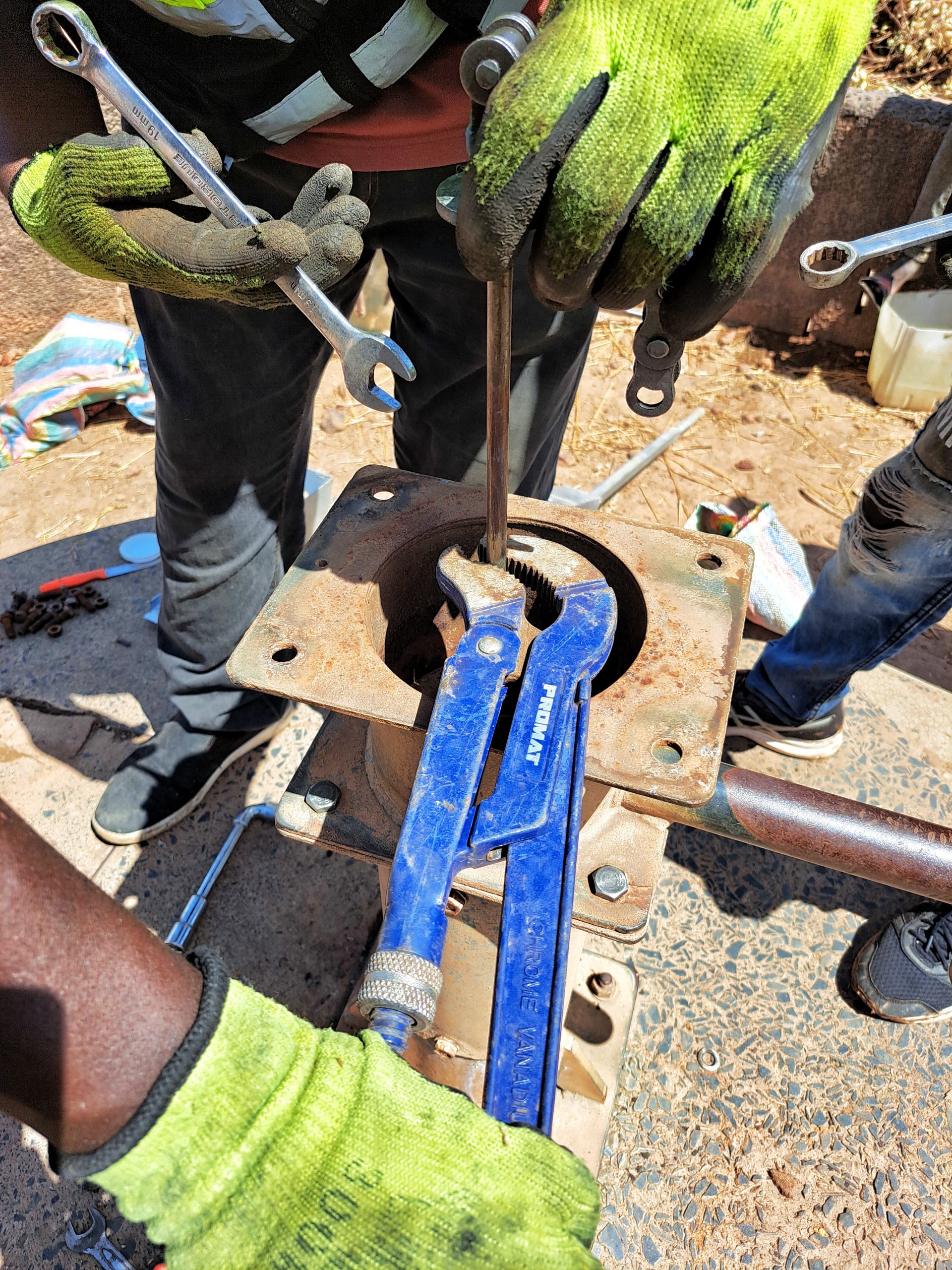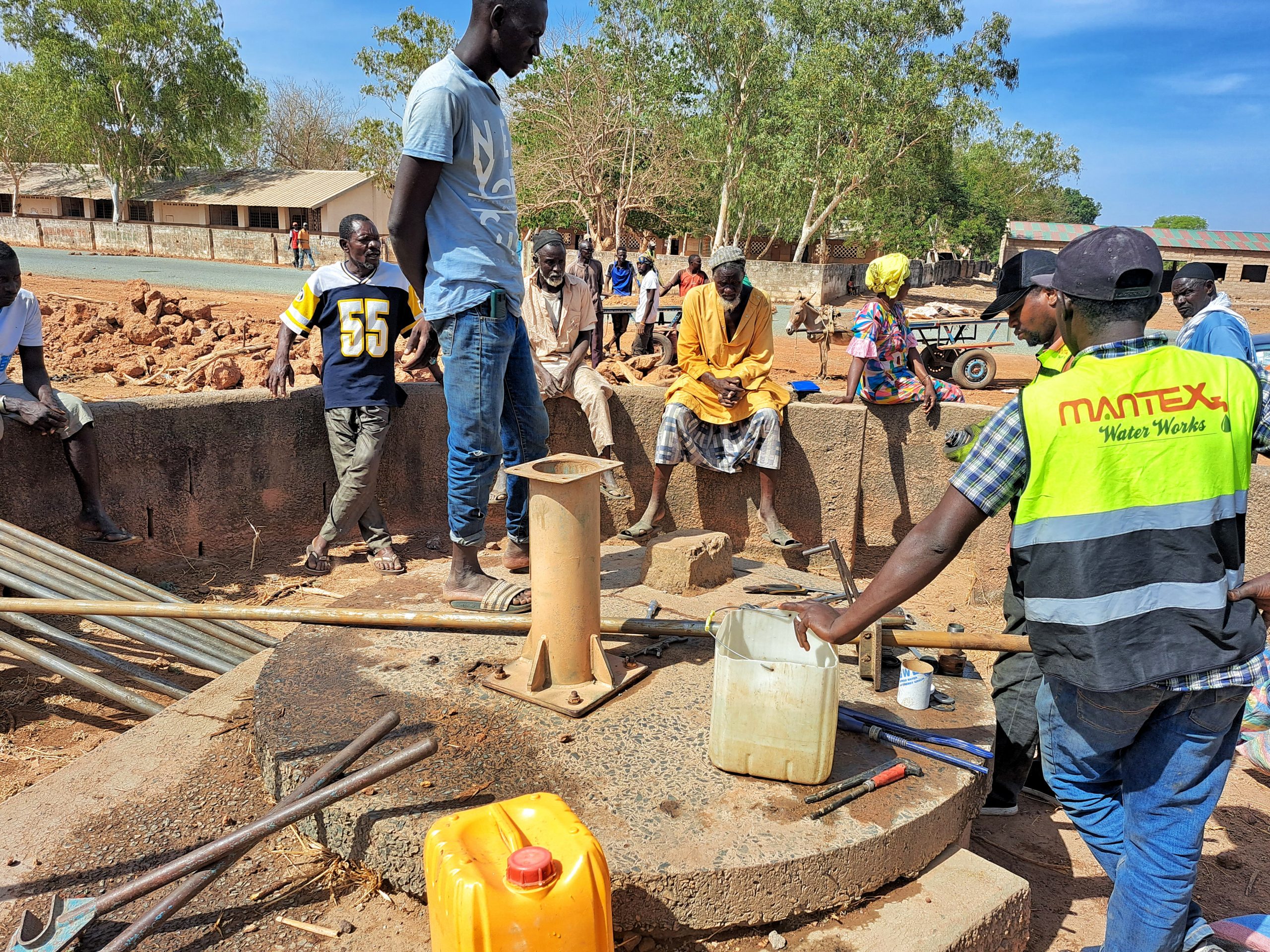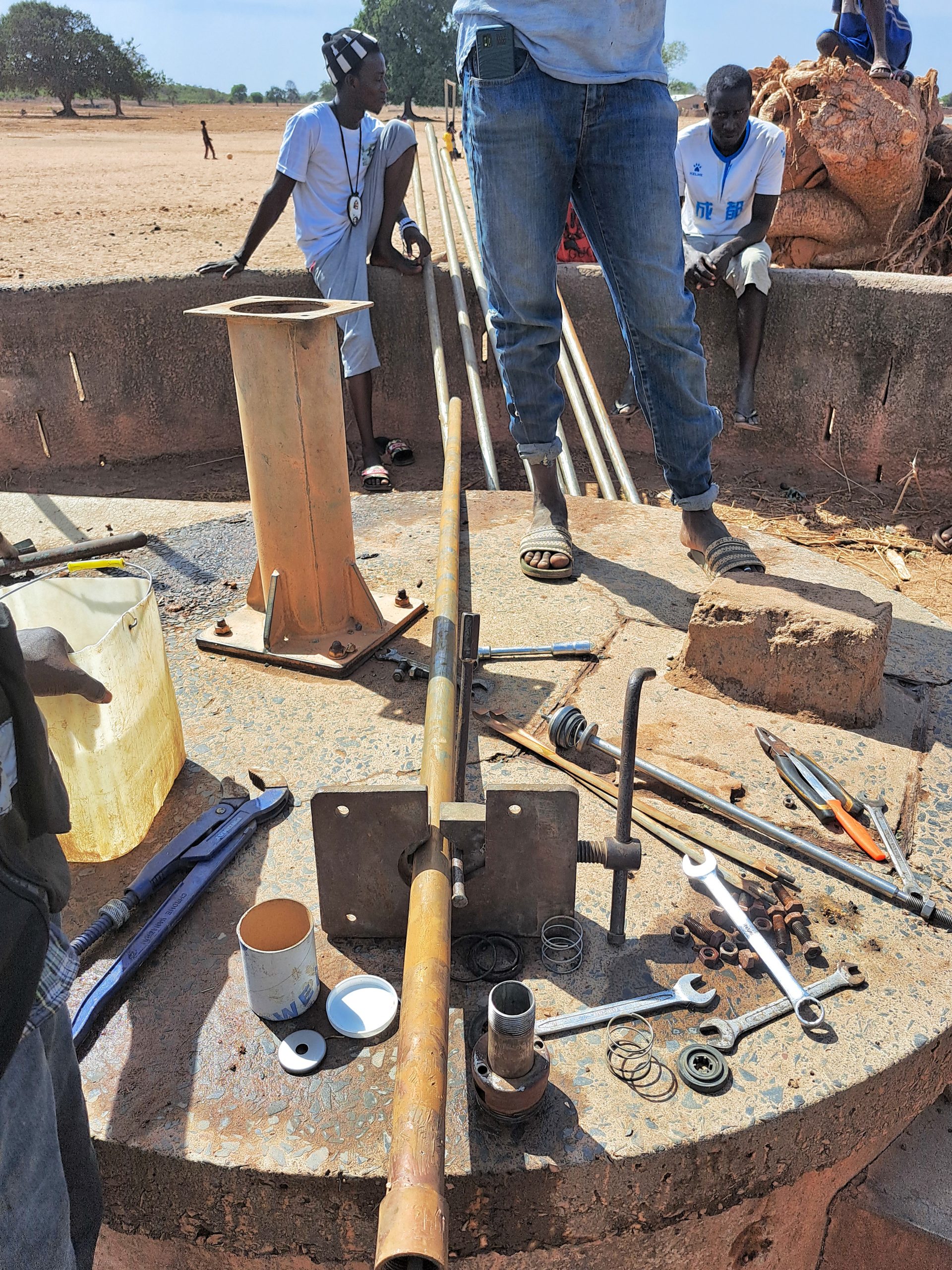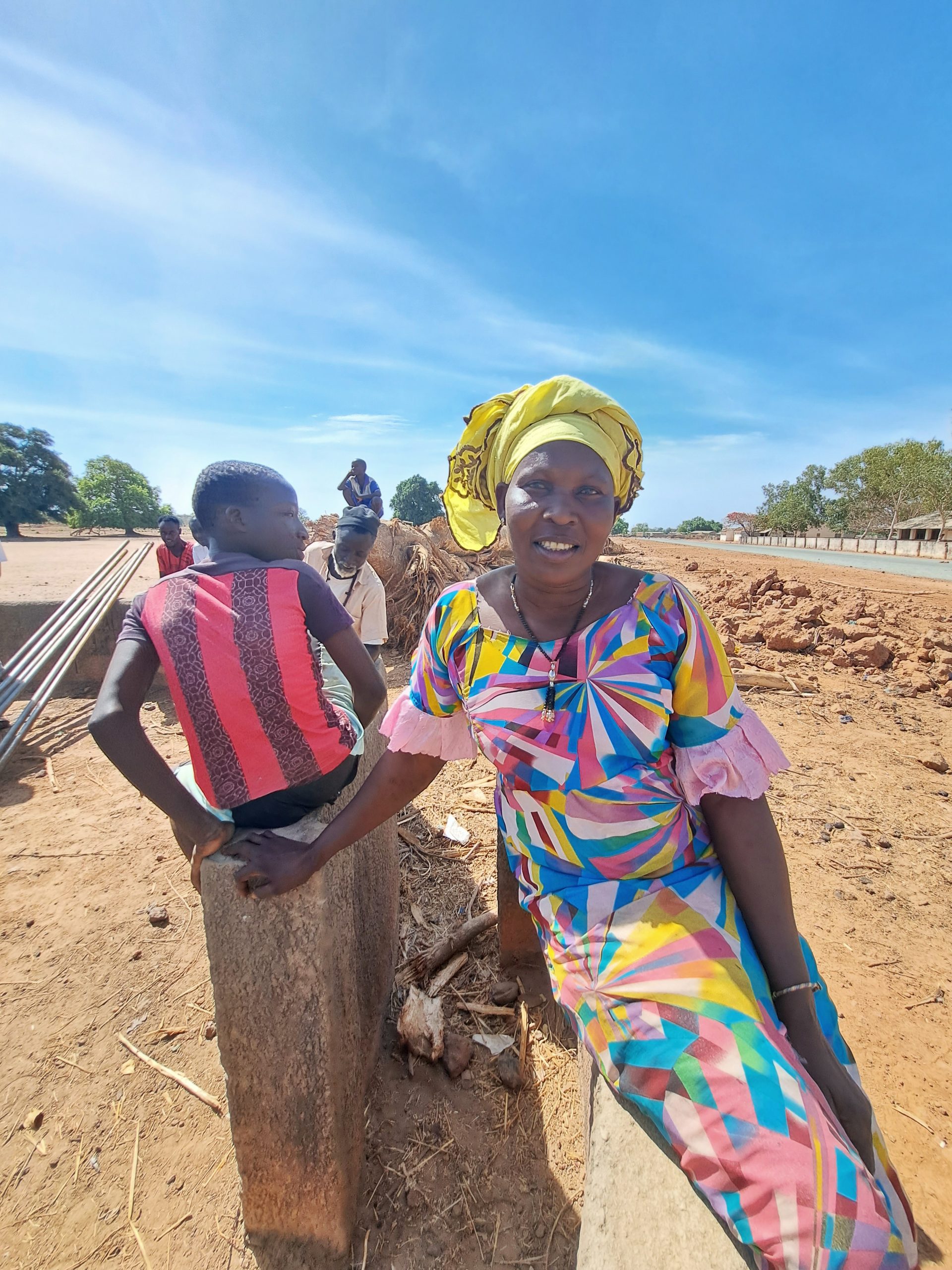The Lower Saloum of the Central River Region is one of the poorest regions in The Gambia. Most people in the villages of Lower Saloum are engaged in subsistence farming – there is a recognized ‘hungry season’ when food is scarce but agricultural labour is most intense. There are serious environmental and ecological vulnerabilities, especially with increasing desertification. Lower Saloum is home to Kaur, one of the market towns of Lower Saloum, which once had a groundnut processing plant and associated export trade via the Gambia River, but this ceased over a decade ago. Lower Saloum is home to mangroves, which are found at the land-sea interface in tropical regions and provide a considerable range of ecosystem goods and services. Mangrove ecosystems are highly effective carbon sinks, sequestering vast amounts of carbon in the soil, leaves, branches, roots, etc.
The second phase of this project has been successfully completed thanks to Water Charity and its local partner Working Water The Gambia (WWG). This is part of a series of projects launched under the Water for Everyone Initiative. The project mission was to improve water access and sanitation conditions across 10 villages in Lower Saloum District by rehabilitating handpumps, installing new ones where necessary, and providing hand washing stations to improve sanitation and hygiene in the communities of Ballanghar Kerr Jibel Village, Tabaworo Nyukulum Village, Kerr Lien Village, Balangharr Jalato Nderry Village, Balangharr Kerr Majara Village, Gungurr Tukulor Village, Ballanghar Kerr Nderry Village and Simbara Khai Village, Budduck Village, Jimbala Felngo Village. Thanks to the collaborative support of the villagers in all these villages, the project was completed successfully. This project provides access to clean water and sanitation to over 9,000 people.
Ballanghar Kerr Jibel Village
ACTIVITIES
The project saw the successful dewatering, re-digging of wells, installation of new German Mark 2 cylinders and conversion heads, stainless steel pipes, rod couplings, check nuts, pedestals, axles, and bearings. Concrete water troughs were built, new culverts for wells and concrete slabs. Handwashing stations were installed in all project intervention communities supplied with detergents. In partnership with The Gambia’s Department of Water Resources, quality testing and treatment was also conducted at the end of each community project. In each community, learning sessions were held on effective handwashing techniques and simple water management strategies. Communities also participated in manual works like digging, collecting sand and gravel. They also hosted workers, which assured that all materials were secured.
The project successfully dewatered, re-digged the wells, installed new German Mark 2 cylinders and conversion heads, stainless steel pipes, rod couplings, check nuts, pedestals, axles and bearings. Concrete water troughs were built, new culverts for the wells and concrete slabs. Handwashing stations were installed in all project communities and supplied with detergents. In partnership with The Gambia’s Department of Water Resources, quality testing and treatment was also conducted at the end of each community project. Learning sessions on effective handwashing techniques and simple water management strategies were held in each community. The communities also participated in manual labour such as digging and collecting sand and gravel. They also hosted workers to ensure that all materials were secured.
Tabaworo Nyukulum Village
OBJECTIVES OF THE PROJECT
The primary objective of this project is to provide safe drinking water and improved sanitation to the people of the 10 selected villages in the Lower Saloum District, as in the second phase of the project. This was successfully achieved at the end of the project.
- The Lower Saloum region has long suffered from a lack of safe drinking water. The region has been hit hard by overgrazing and poor farming techniques that have made much of the land inaccessible, as well as frequent bushfires. One of the aims of the project is to alleviate the pressure of the lack of clean drinking water in the communities and to provide sanitation.
- One of the objectives of this project is to provide safe drinking water to marginalised vulnerable communities such as the Fana Fana tribesmen and some of the Fulani herdsmen in the district. Lower Saloum has many isolated villages that feel abandoned and forgotten. This project has made them feel heard, socially included and part of humanity.
- It also empowers women and girls. We all know the burden that women and girls carry in collecting water. The Lower Saloum has a high illiteracy rate, especially among the Fana Fana tribe. They are known for early marriage. This clean water project will enable girls to attend school and discourage families from the early marriage of girls. The time spent fetching water is now much shorter for girls in school. This is a boost to girls’ participation in the school curriculum.
- Another important objective of the project is to inculcate the habit of handwashing in the communities. At each of the rehabilitated water sources in each community, a handwashing station is provided with detergent and a learning session on effective handwashing techniques. Community members gathered in the village square for the learning sessions. This is a tool to combat the spread of germs and other communicable diseases that can spread within communities, especially after using toilets. It also helps breastfeeding mothers and children understand the importance of hygiene and sanitation. Participation in the learning sessions was high. Community engagement was immense and enthusiastic.
- Several communities in Lower Saloum still practice open defecation. This is a concern as stakeholders are working towards zero open defecation in the country, in line with SDG 6.2 on sanitation and hygiene. Another key objective of these water projects is to facilitate 24-hour household access to water. This will discourage people from going outside to defecate. Household access to water is a catalyst for ending open defecation.
- Another objective of these projects is to encourage women’s involvement in horticulture at the household level. Each rehabilitated water source includes a concrete watering trough. The trough collects wastewater from the hand pump and can be used by nearby houses for small-scale horticultural gardening. This avoids wasting water and allows households to grow vegetables and provide water for their livestock. This helps to provide households with a balanced diet, alleviating the extreme poverty faced by the communities, especially during the dry season.
- The main objective of this project is to reduce the high rate of water-borne diseases in the beneficiary communities. Children often bear the brunt of waterborne diseases. Some households are deprived of all resources when waterborne diseases strike a family. These water projects reduce the burden on communities, and money that would otherwise be spent on doctors or medicine can be spent on food or girls’ education. This has helped to reduce poverty in the Lower Saloum within the Central River Region.
- The establishment and training of village water management committees was another objective of the project. We established and trained water management committees in all project communities. They help with the day-to-day management and maintenance of the water source. This helps to make the project sustainable. As a best practice, we ensure that the committee is gender balanced and that women have a say in the maintenance and management of the water source. Traditional Wollof women communicators, known as ‘guewel’, are widespread in the Lower Saloum district. They disseminate information at the local grassroots level. This is a powerful tool for us to achieve our goals and the successful completion of this project. They are also involved in sensitizing communities for better water management.
Kerr Lien Village
BENEFICIARY TESTIMONIAL
The excitement and happiness are overwhelming in all the communities. Heads of villages and cultural leaders of the respective 10 villages all expressed their sincere thanks for the project and happiness, highlighting the positive impact that these clean water projects have in their lives.
Mr Sabaha Touray is among the most excited and happy beneficiaries. Our gratitude towards Water Charity is inexplicable because they have relieved us from huge water crisis which we have been suffering for a long time. We have long been crying for clean drinking water and all of a sudden Water Charity became our savior, he said. This has melted our hearts with joy. All we can say is thank you and keep praying for them to continue doing these amazing works for humanity. Our happiness cannot be all said. We always praying for their progress and we are saying ‘’Jere jeff’’ (Thank You). Similar sentiments were shared by hundreds of people across the project intervention communities. The lack of water has ruined our lives, said Ganghi Ndoho another village leader. Almost daily someone must fell sick within the households in the community due to lack of clean drinking water. This clean water project is overwhelmingly happiness for us. All we can say is a BIG thank you to Water Charity and God bless them.
Jelleh Sallah dilated on some of the ordeals they had to go through in search of clean drinking water for their families. I remember there was a day when we went out to neighboring villages looking for water, she said. On our way, in the woods the rain caught us and a bad storm with thunder lightning struck some of us. Many of us got serious injuries and some got seriously sick. The trauma still stays with us. We are truly happy and grateful with Water Charity for coming to our rescue. This water project is very important for us. We will forever be grateful to Water Charity; they save our lives.
The lady ward councilor of the area Mrs. Fanta Touray also expressed her thanks and gratitude for the water projects. This is joyous celebration time she said. We now have clean drinking water in our communities thanks to Water Charity.
The traditional Chief of the district Ali J. Touray, along with other cultural leaders all emphasized the importance of this project, saying the power of clean drinking water unifies tribes and clans. This project will solidify brotherliness and more understanding among ourselves, they said. They also urged village water committee members to wholeheartedly strive to take good care of the water sources. Thanks to the donors for making this project a success.
Balangharr Jalato Nderry Village
Balangharr Kerr Majara Village
Gungurr Tukulor Village
Ballanghar Kerr Nderry Village
Simbara Khai Village
Budduck Village
Jimbala Felngo Village
To see project-related videos, CLICK HERE. To read about the beginning of the project, CLICK HERE. To read details about Lower Saloum District Handpump Repair Tour Phase 1—The Gambia, CLICK HERE.
